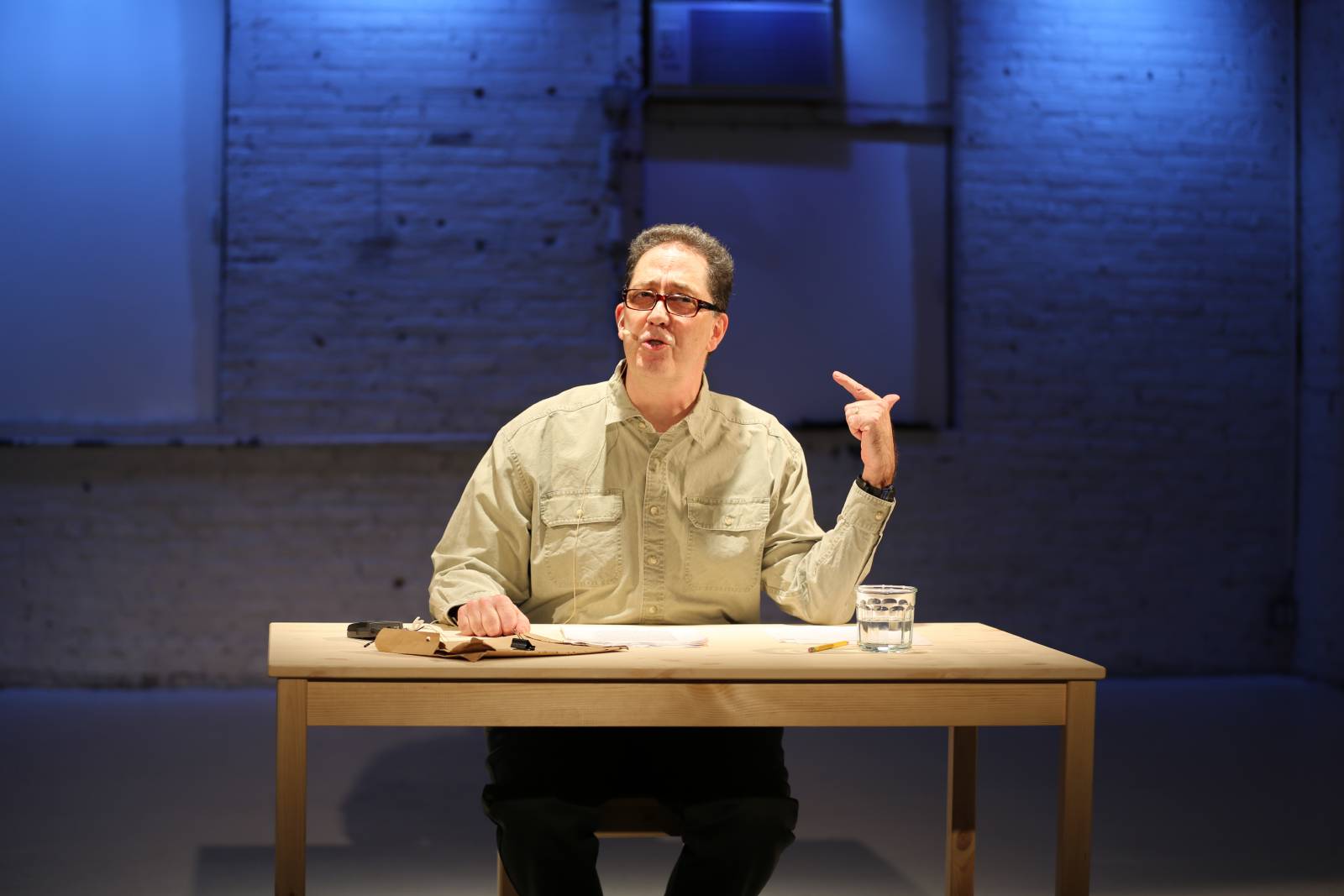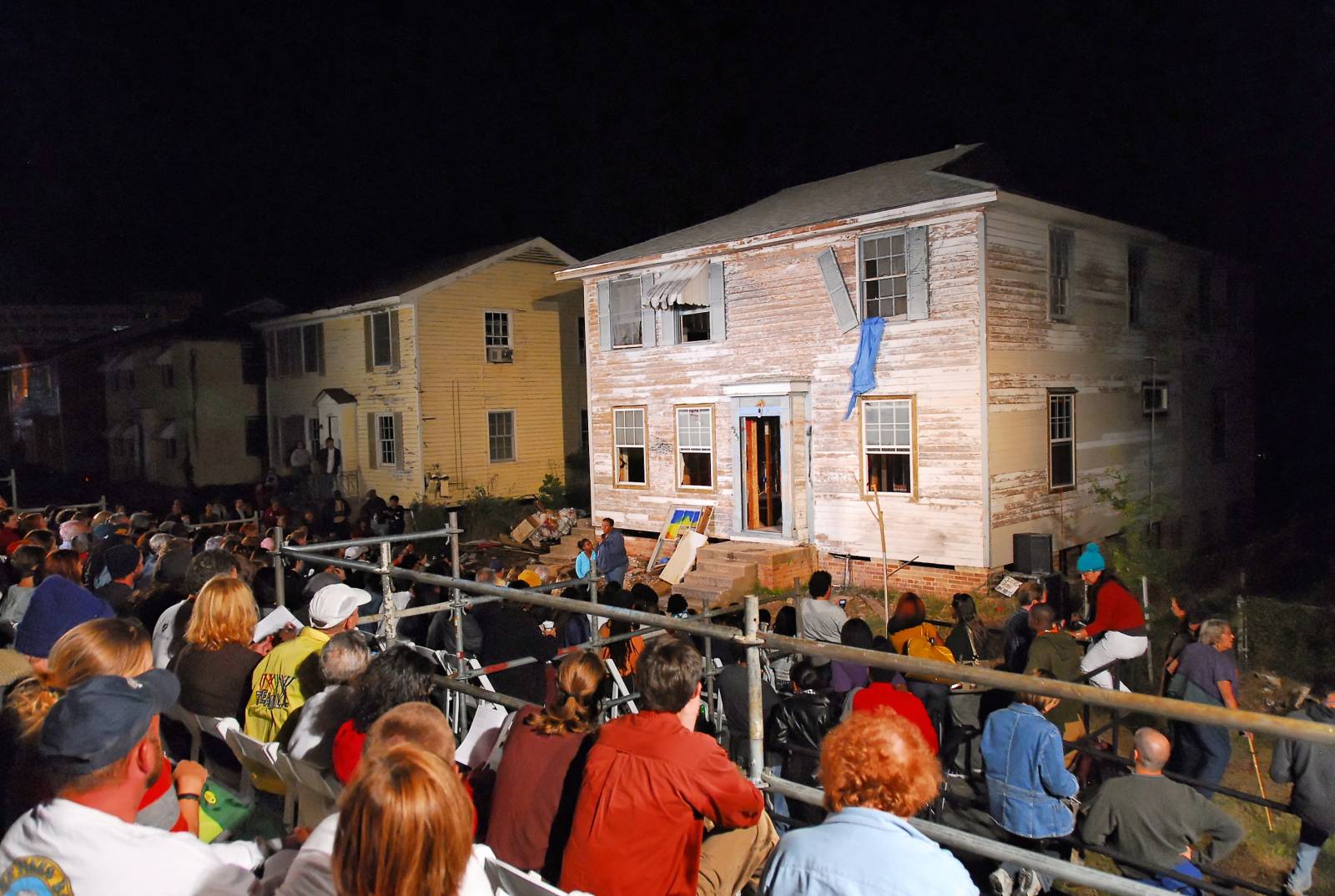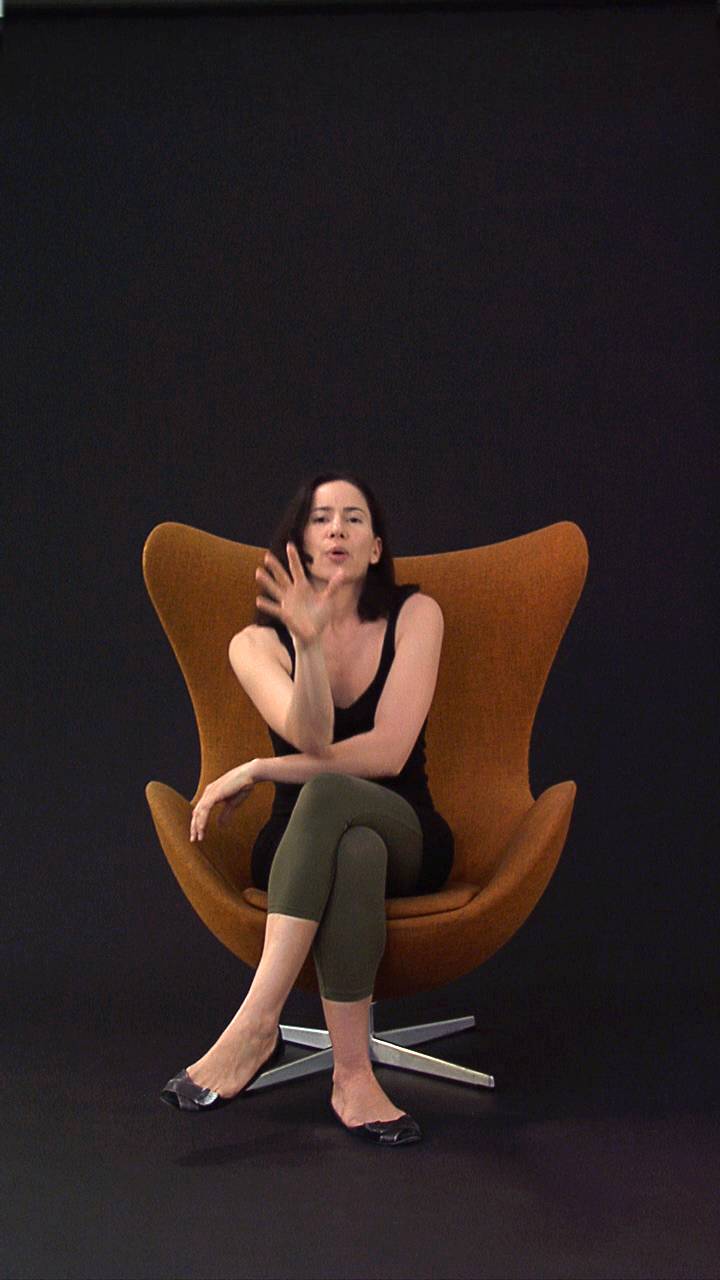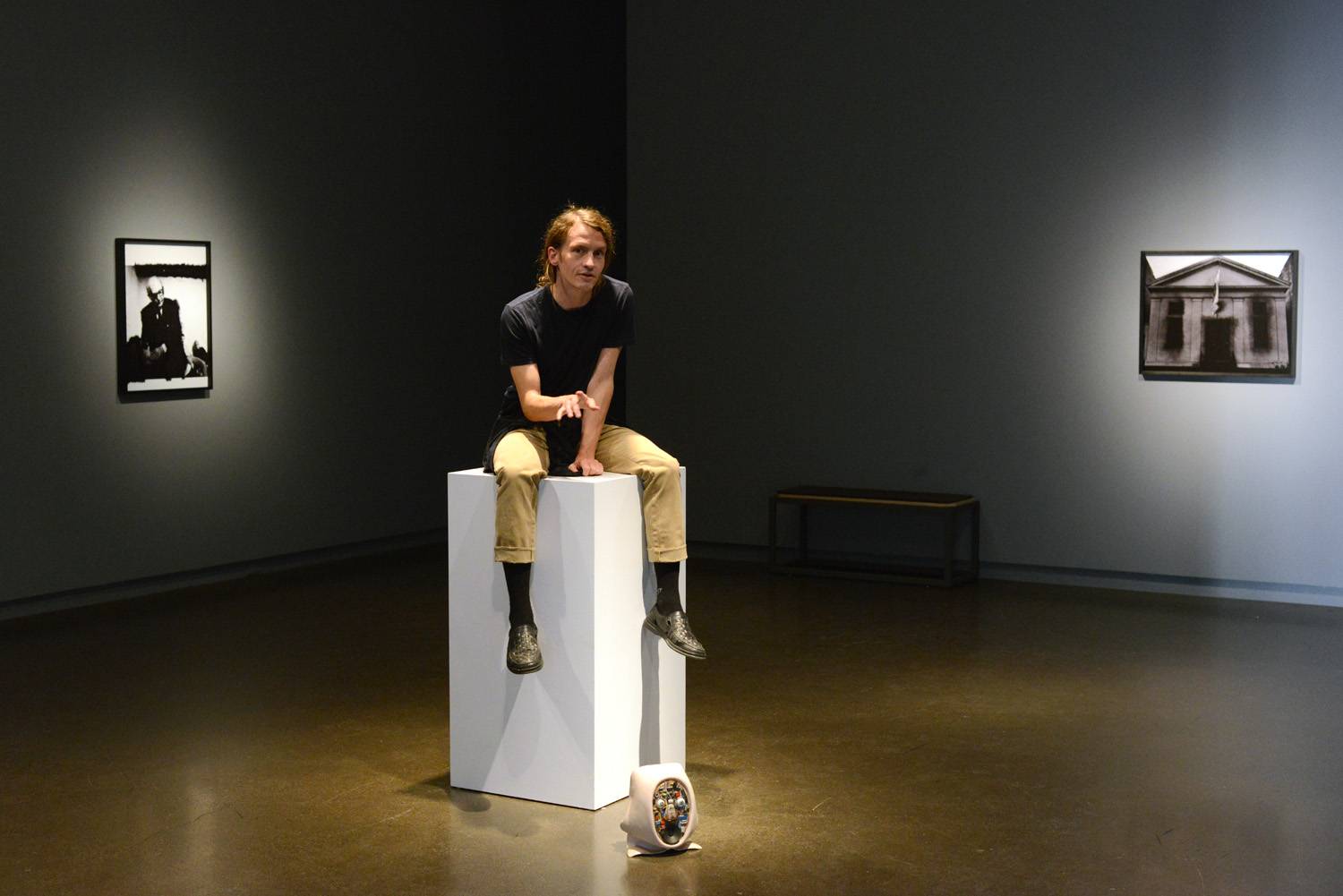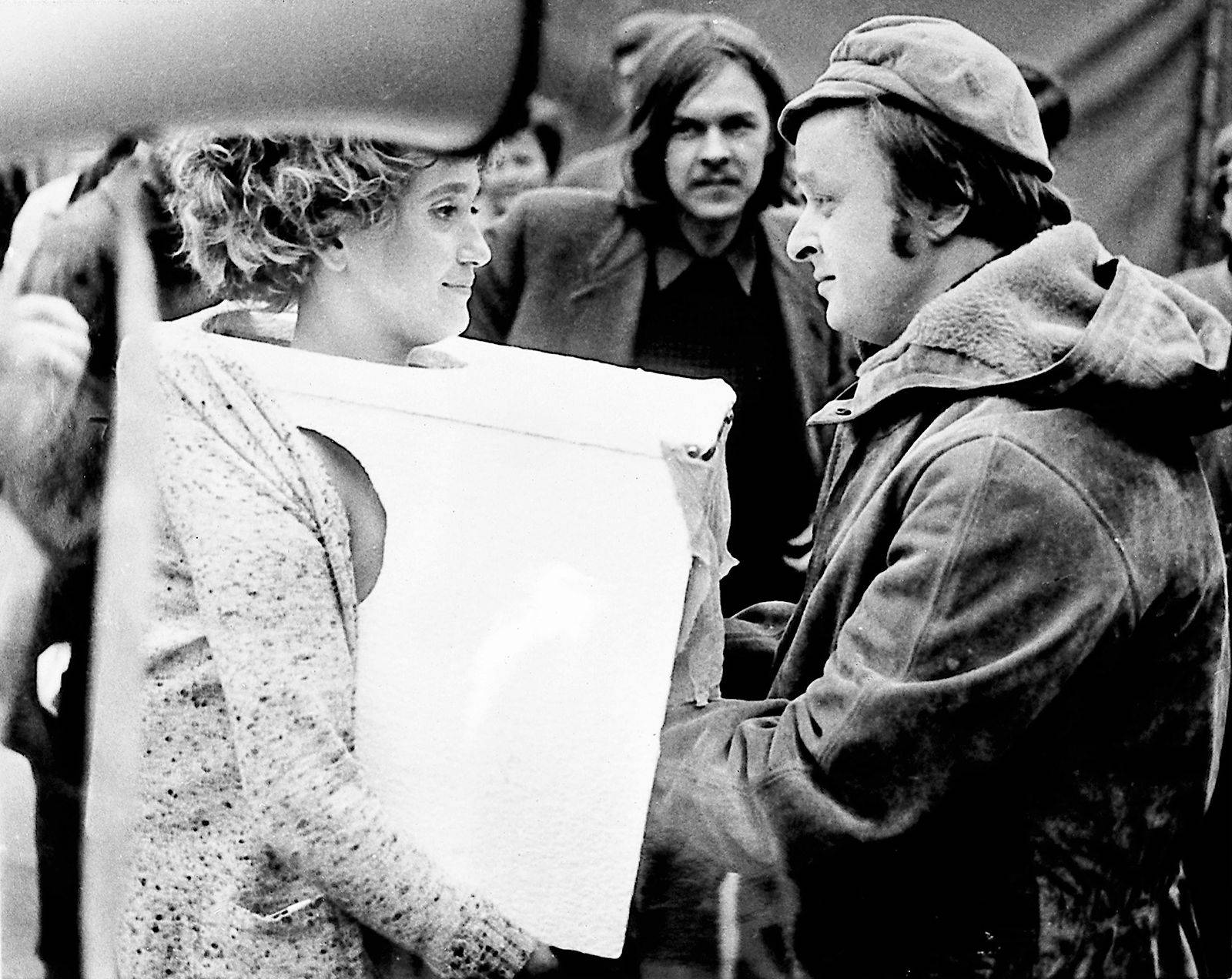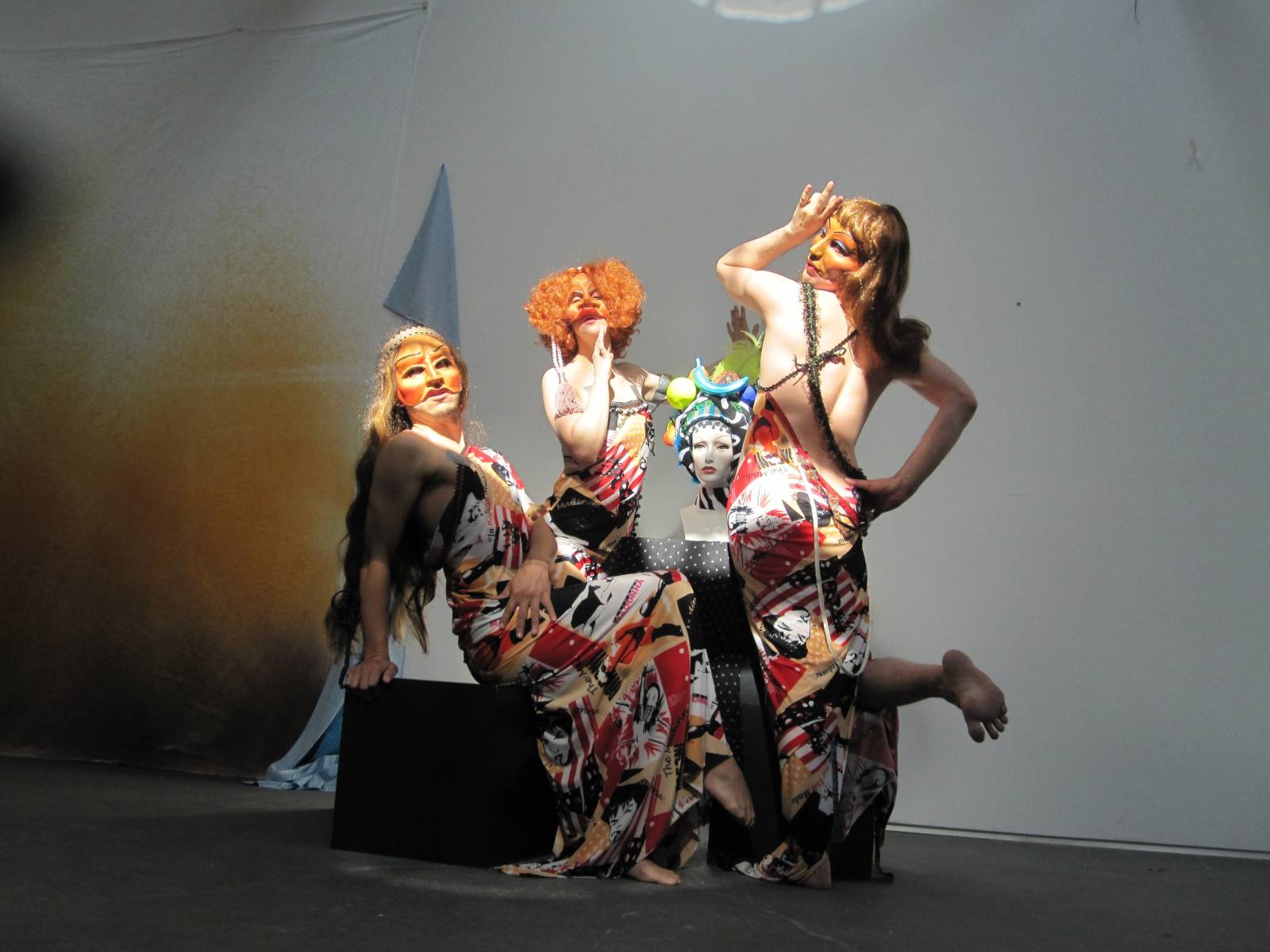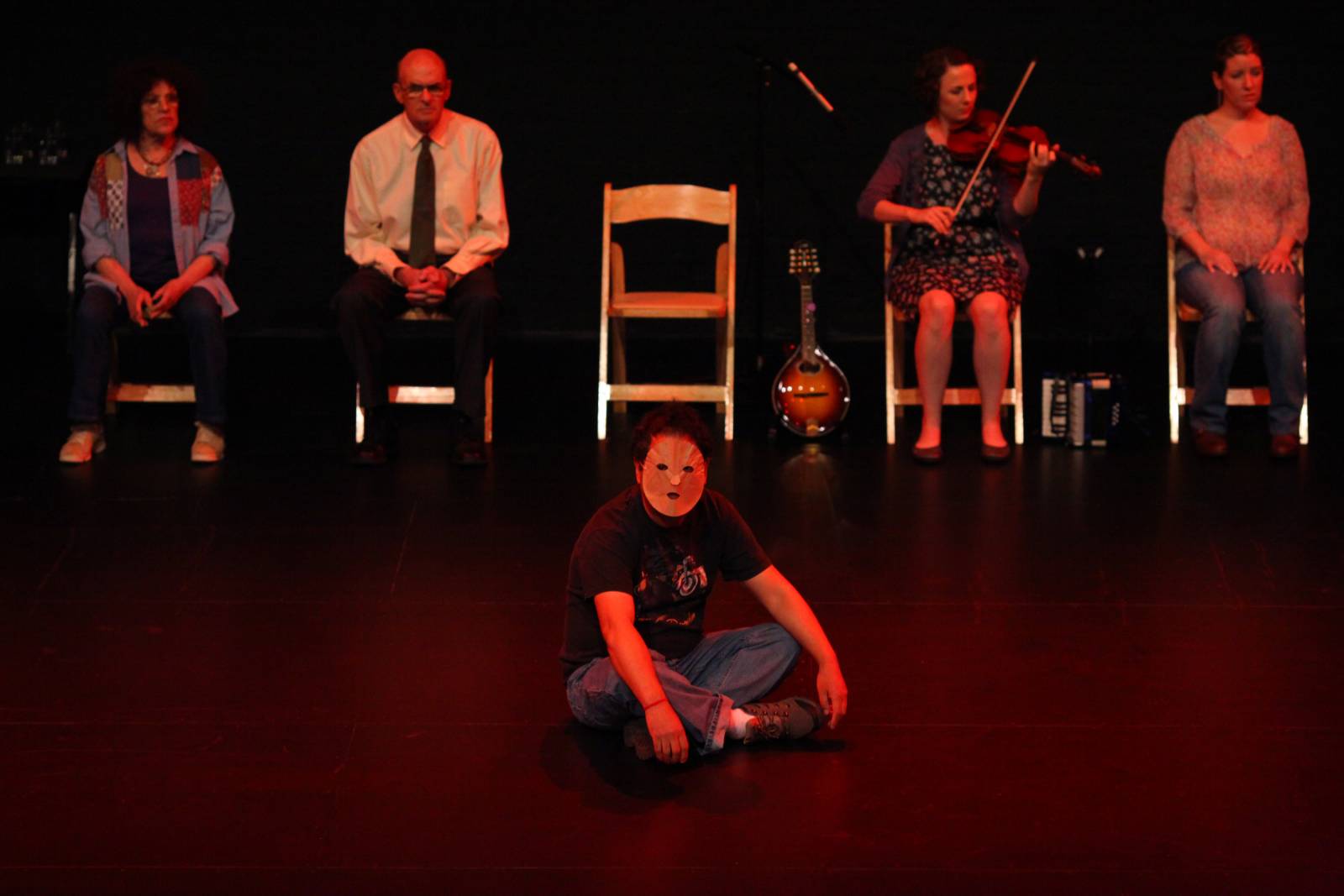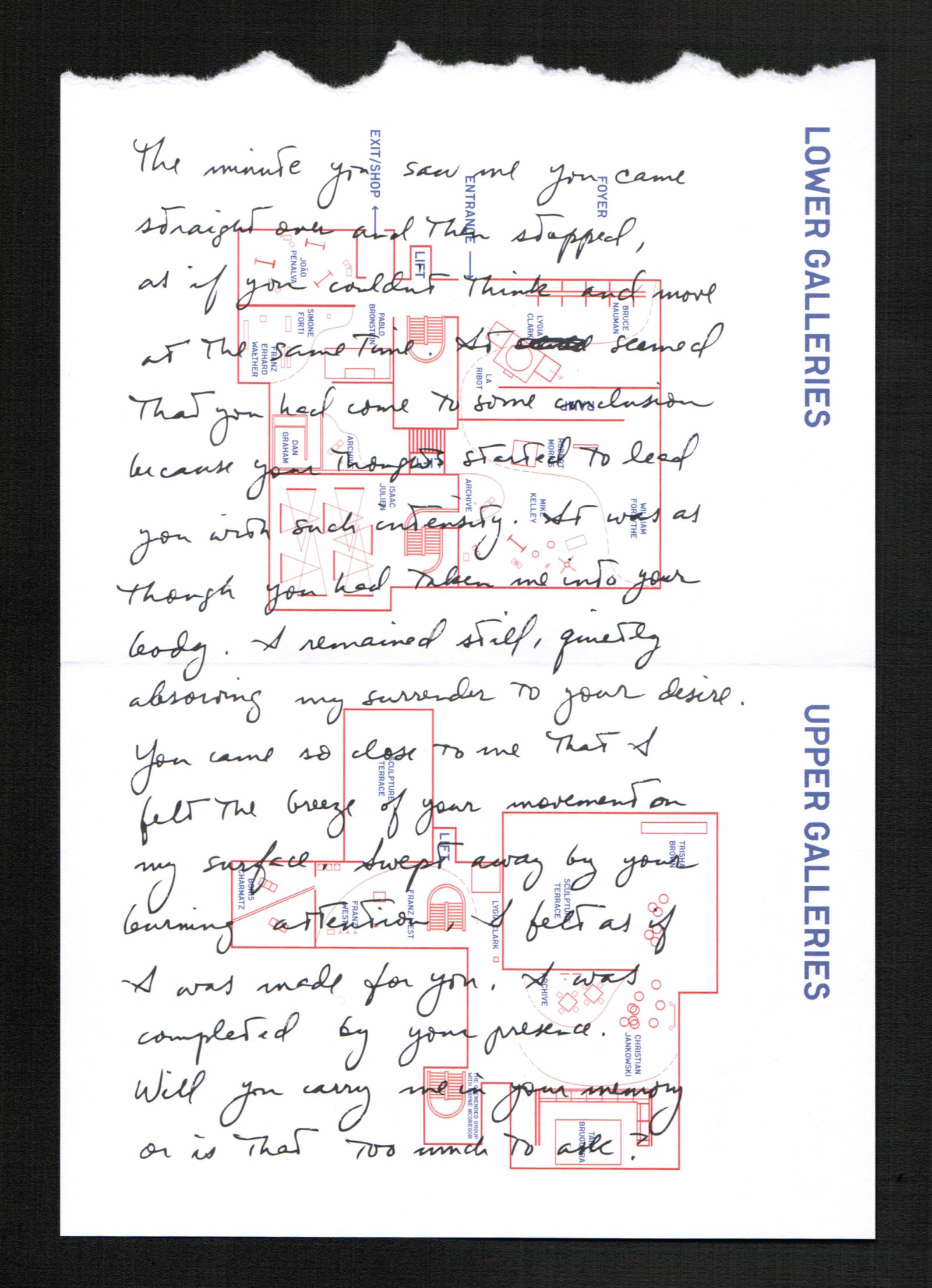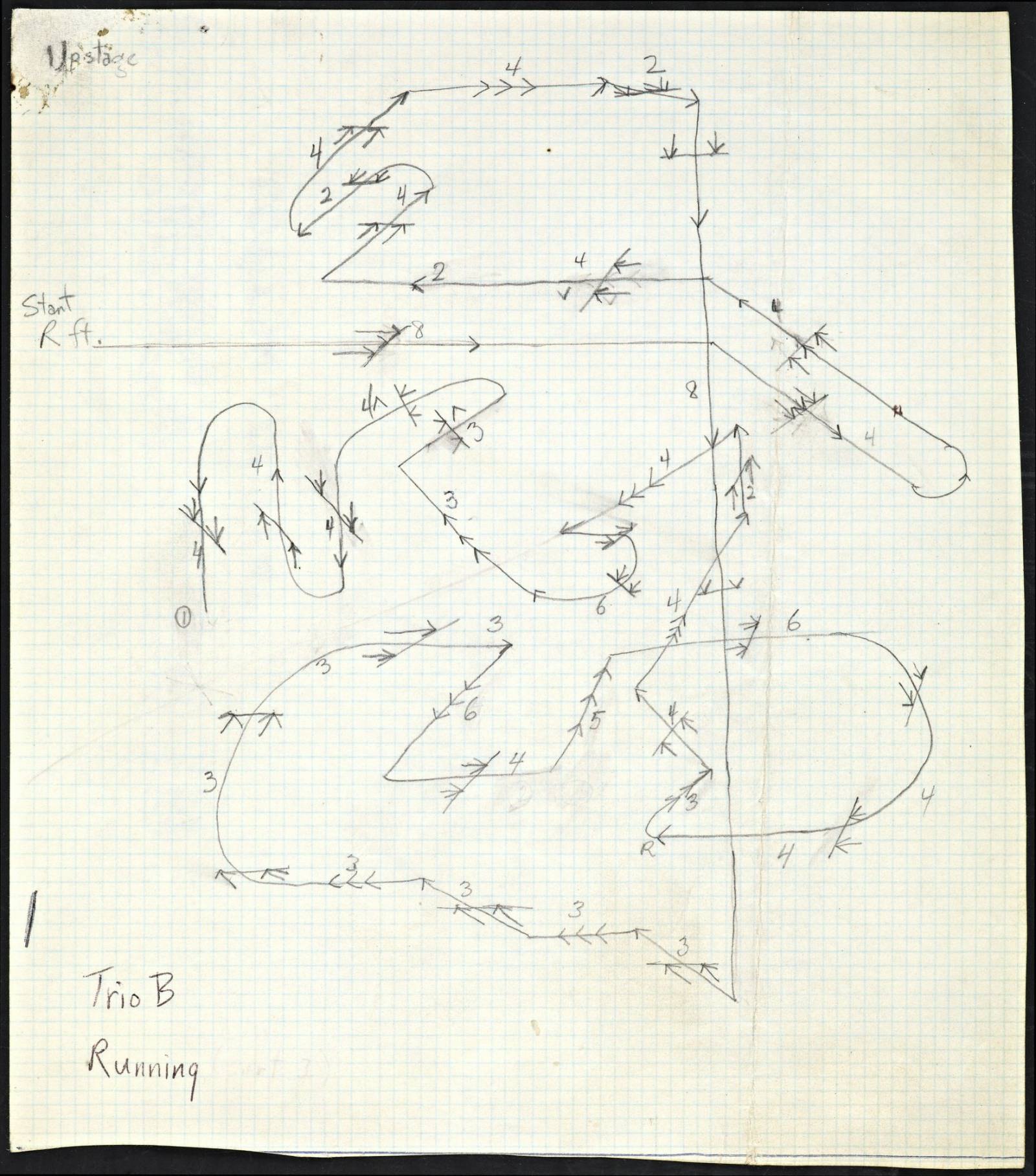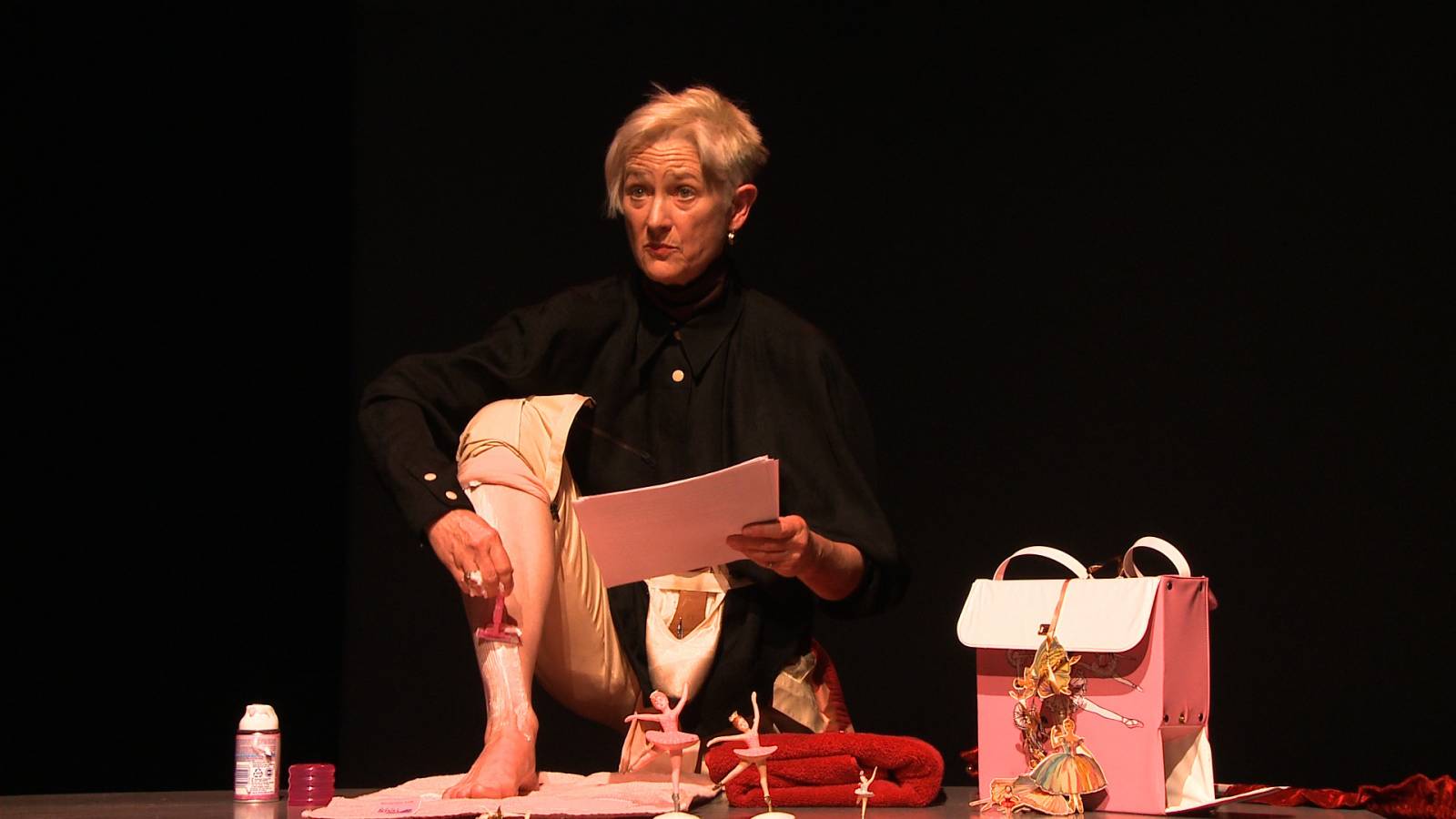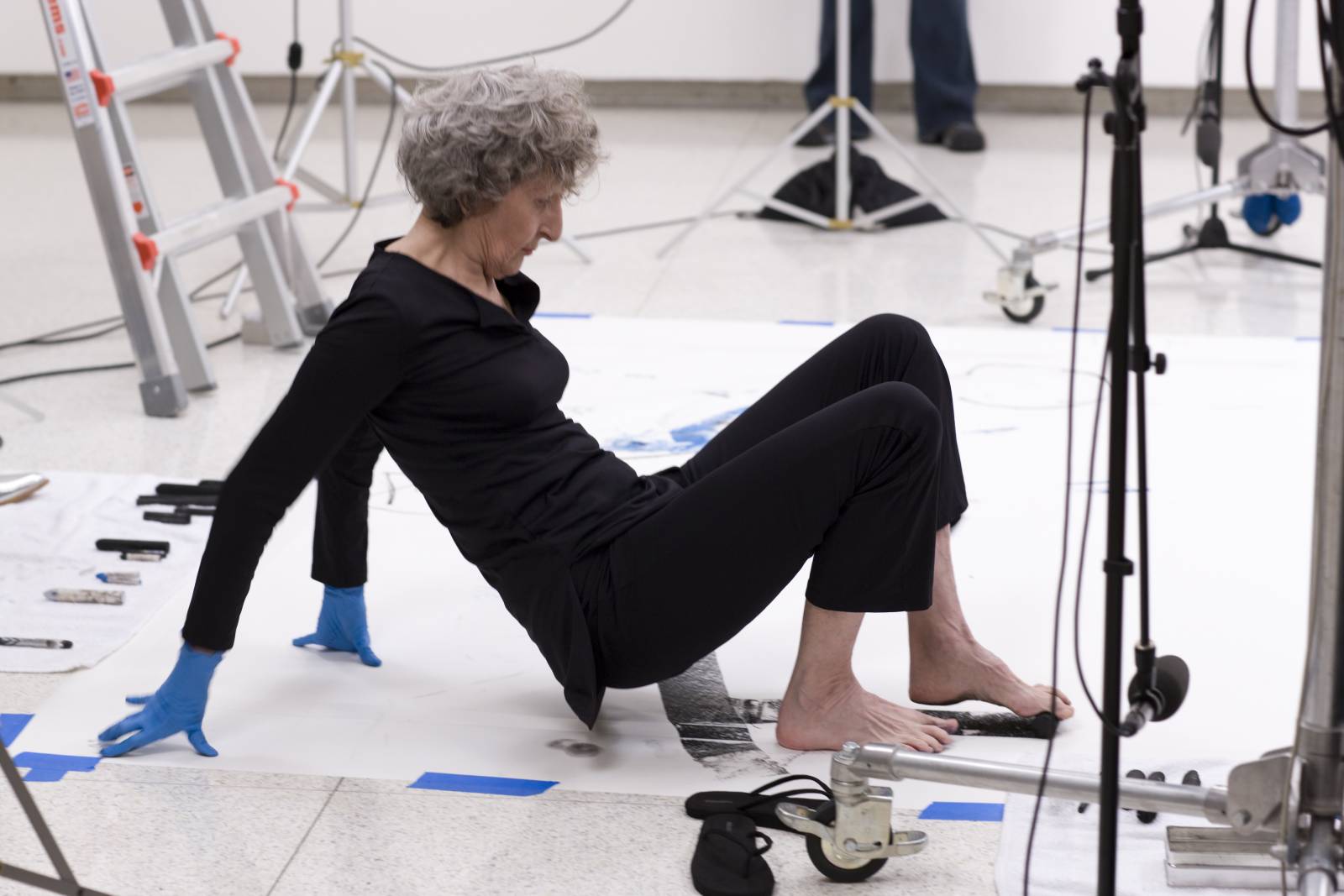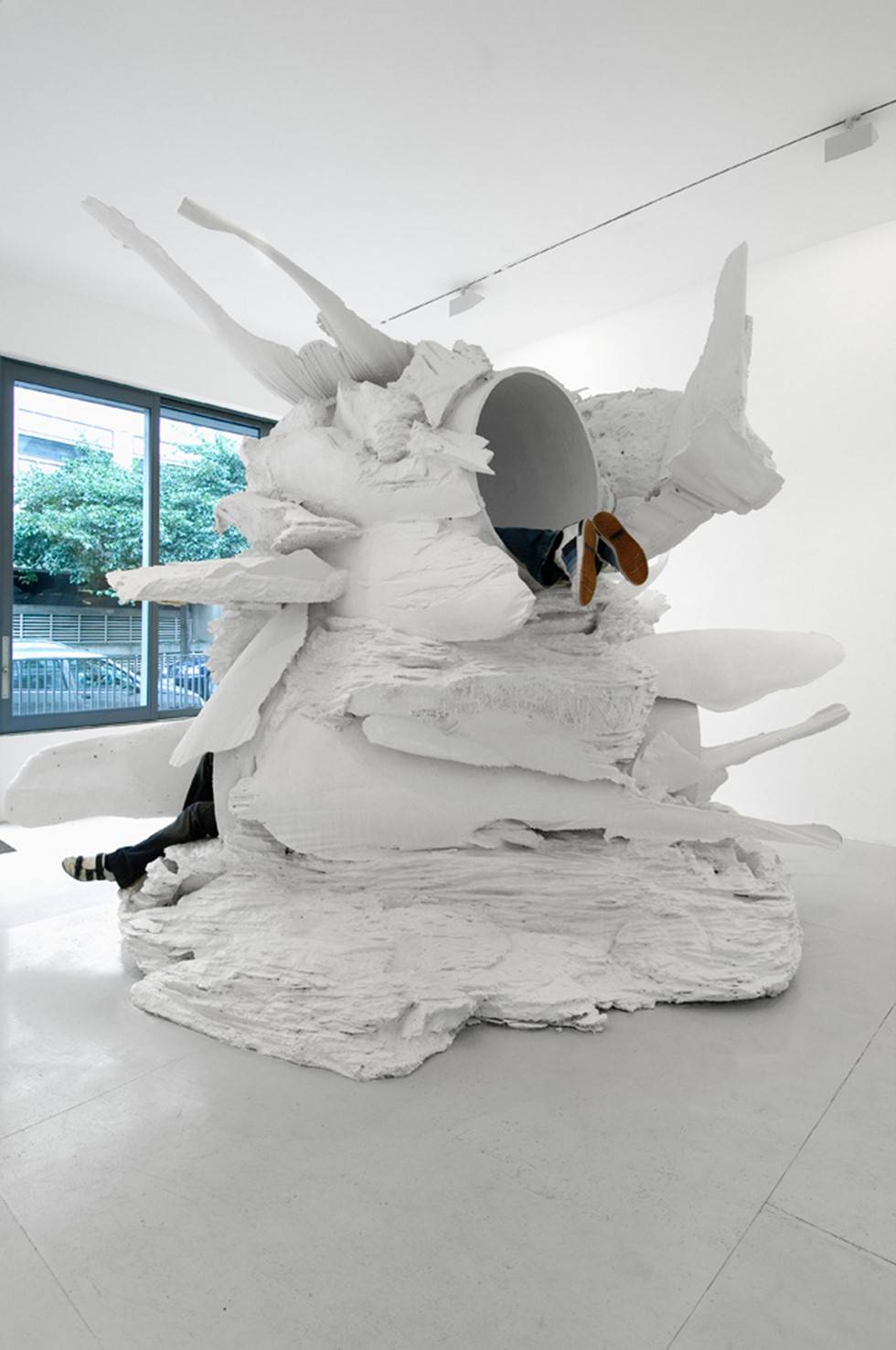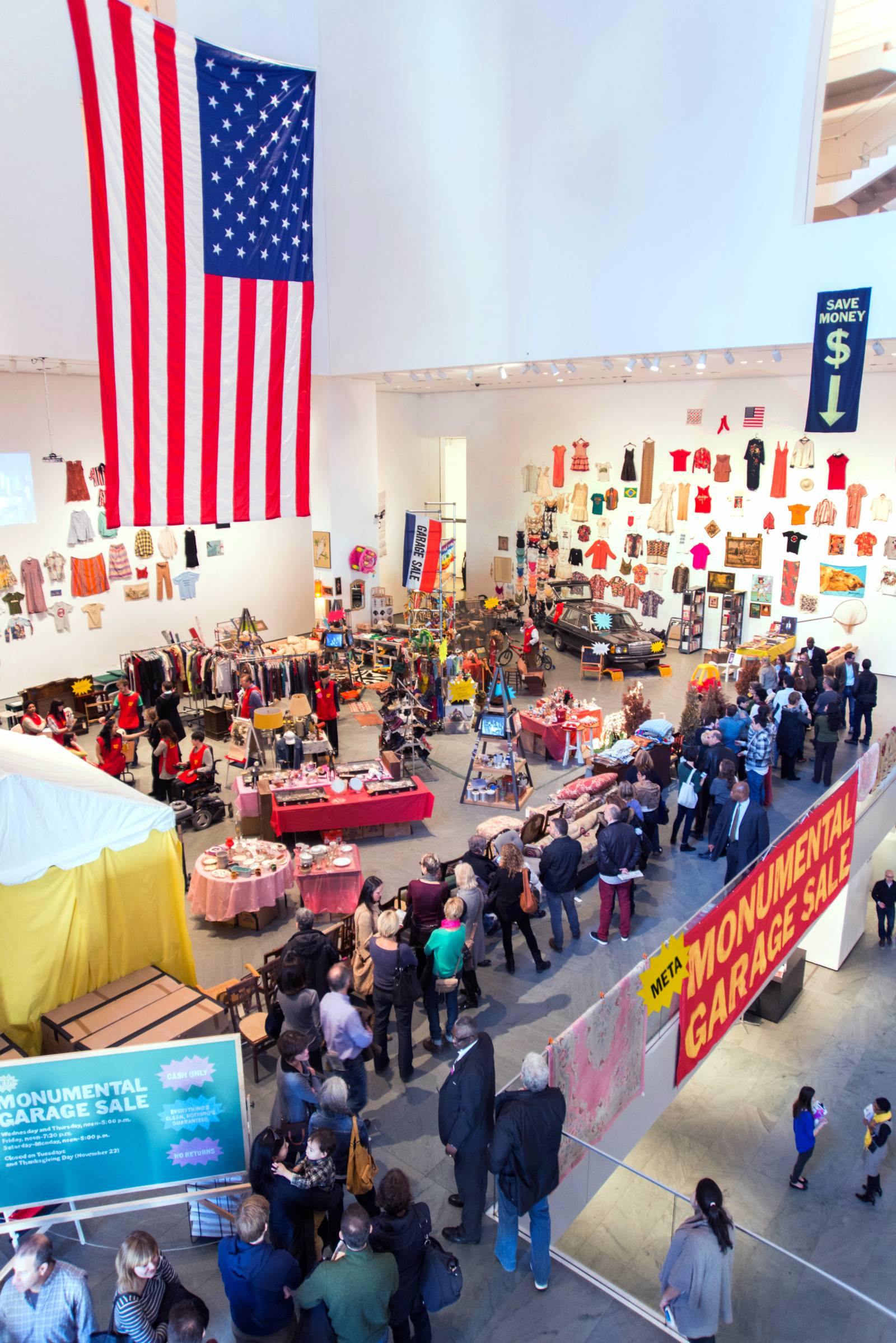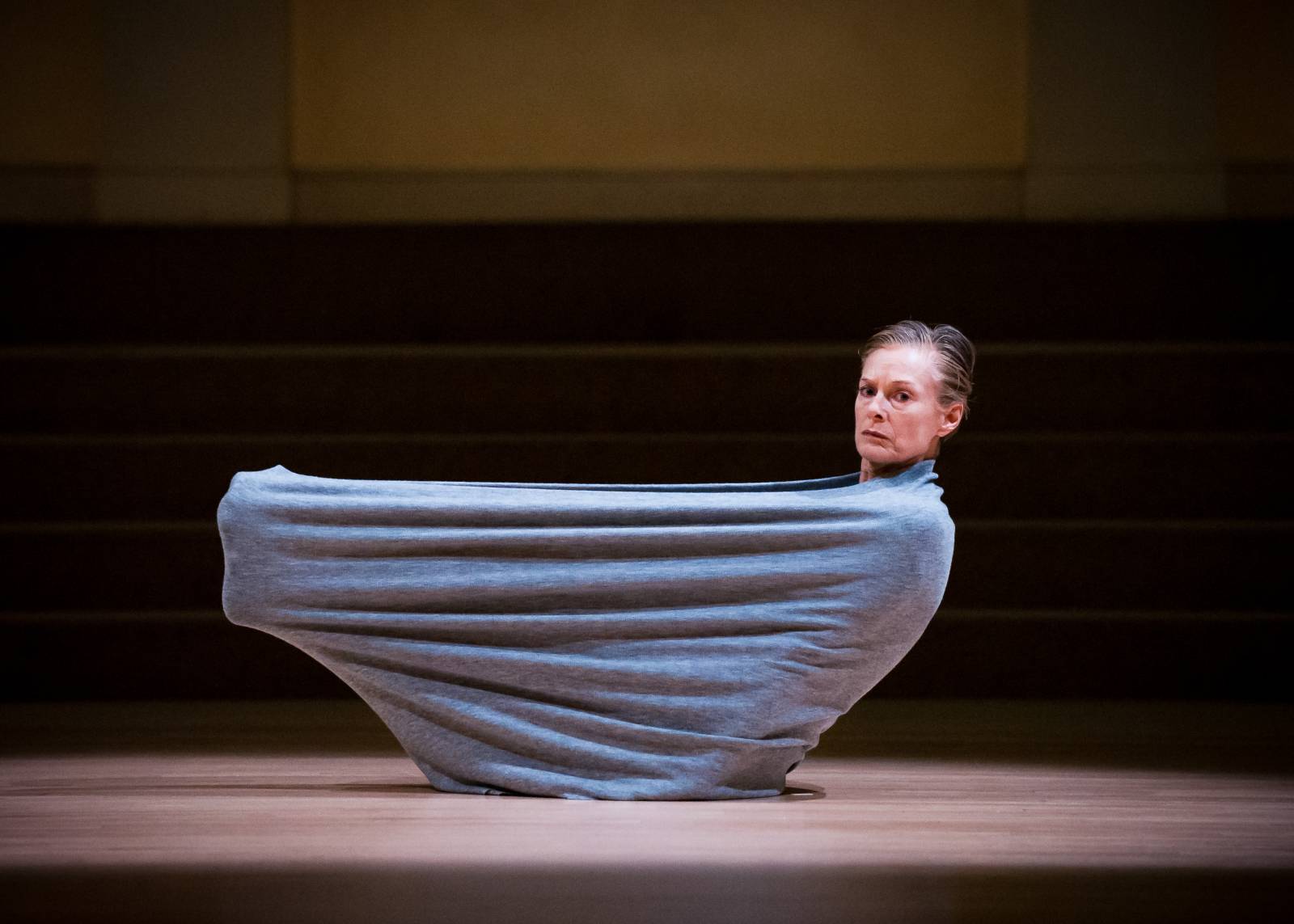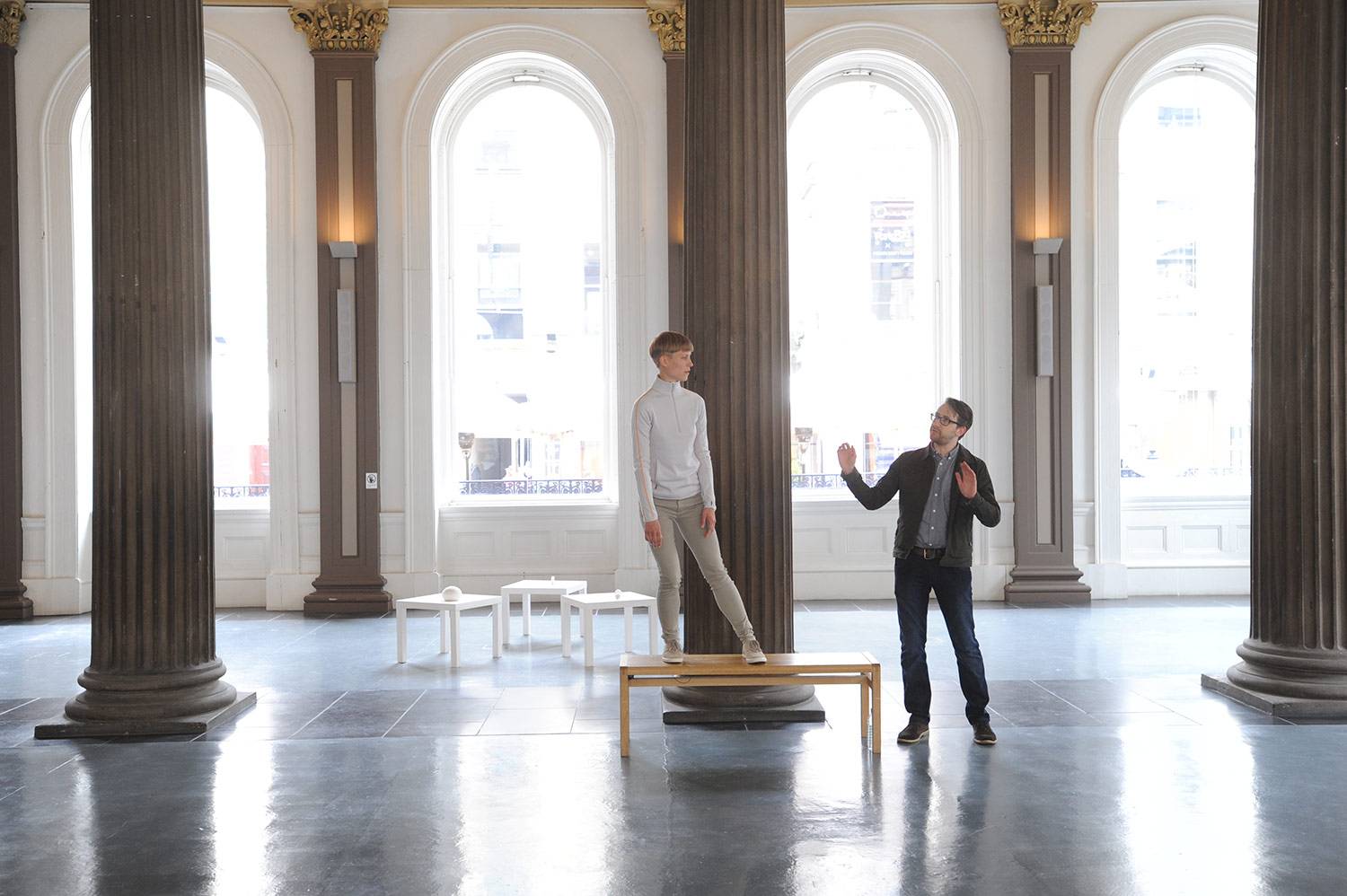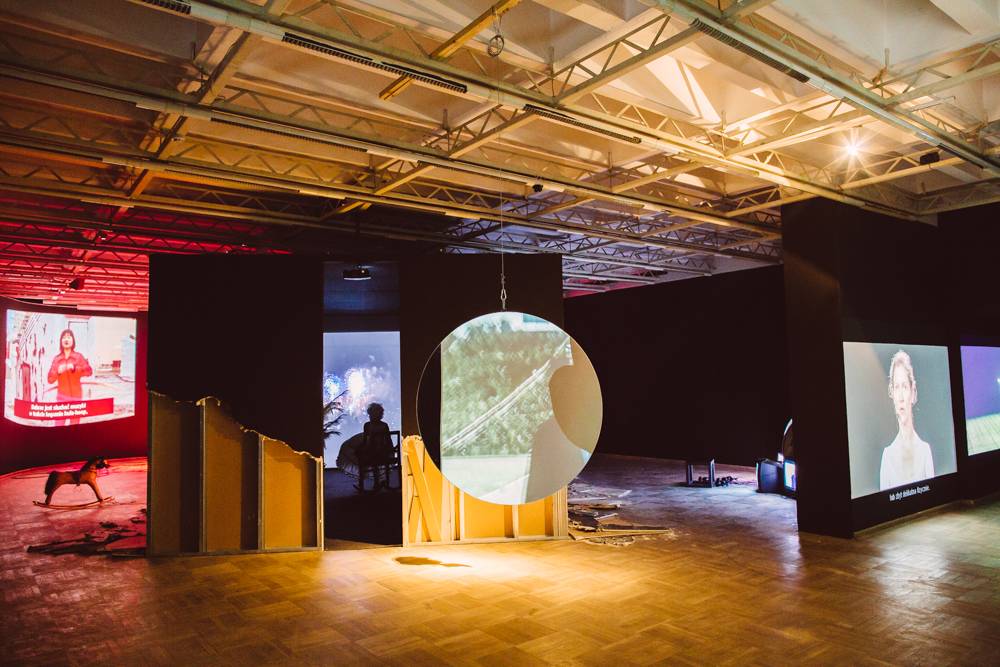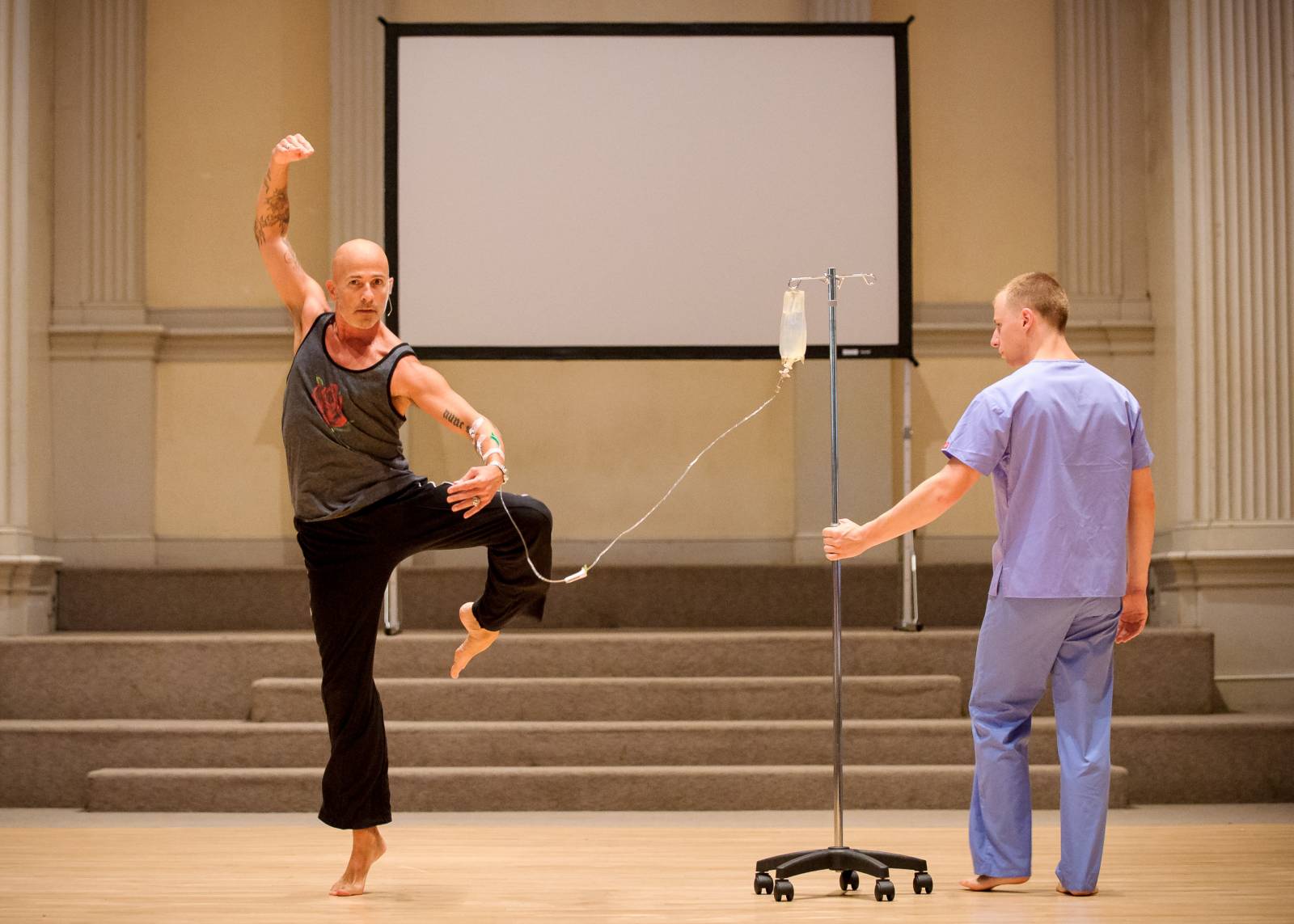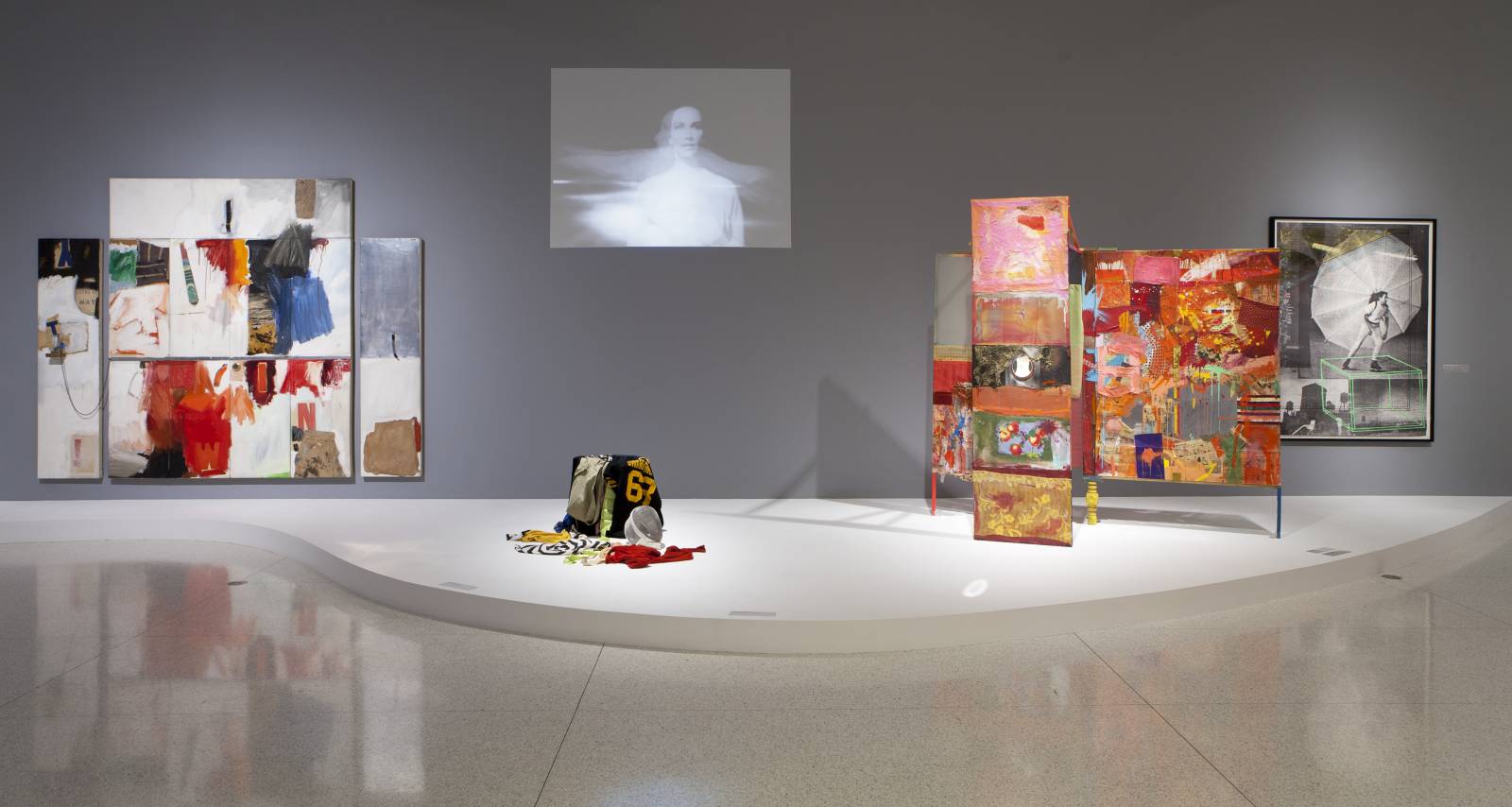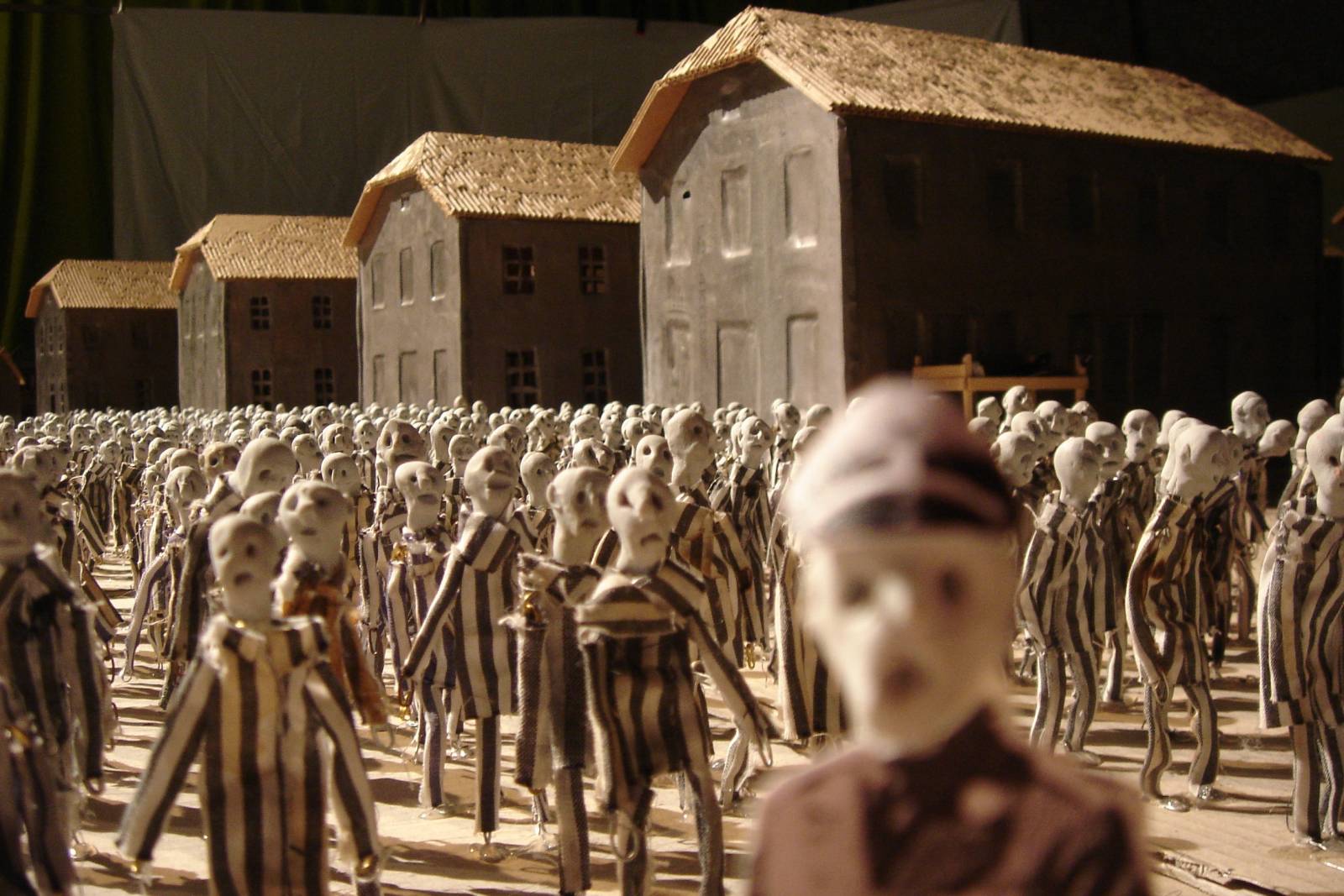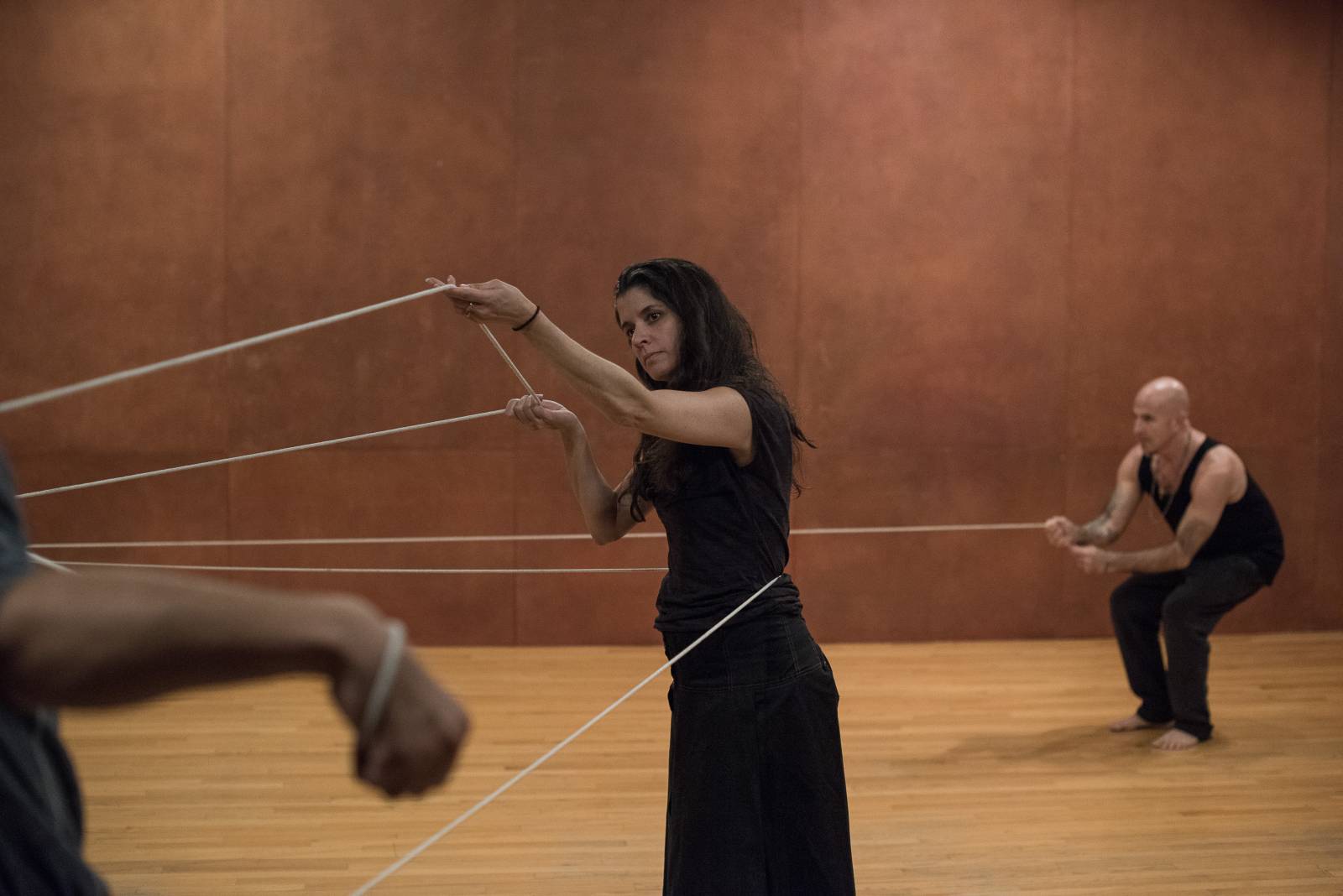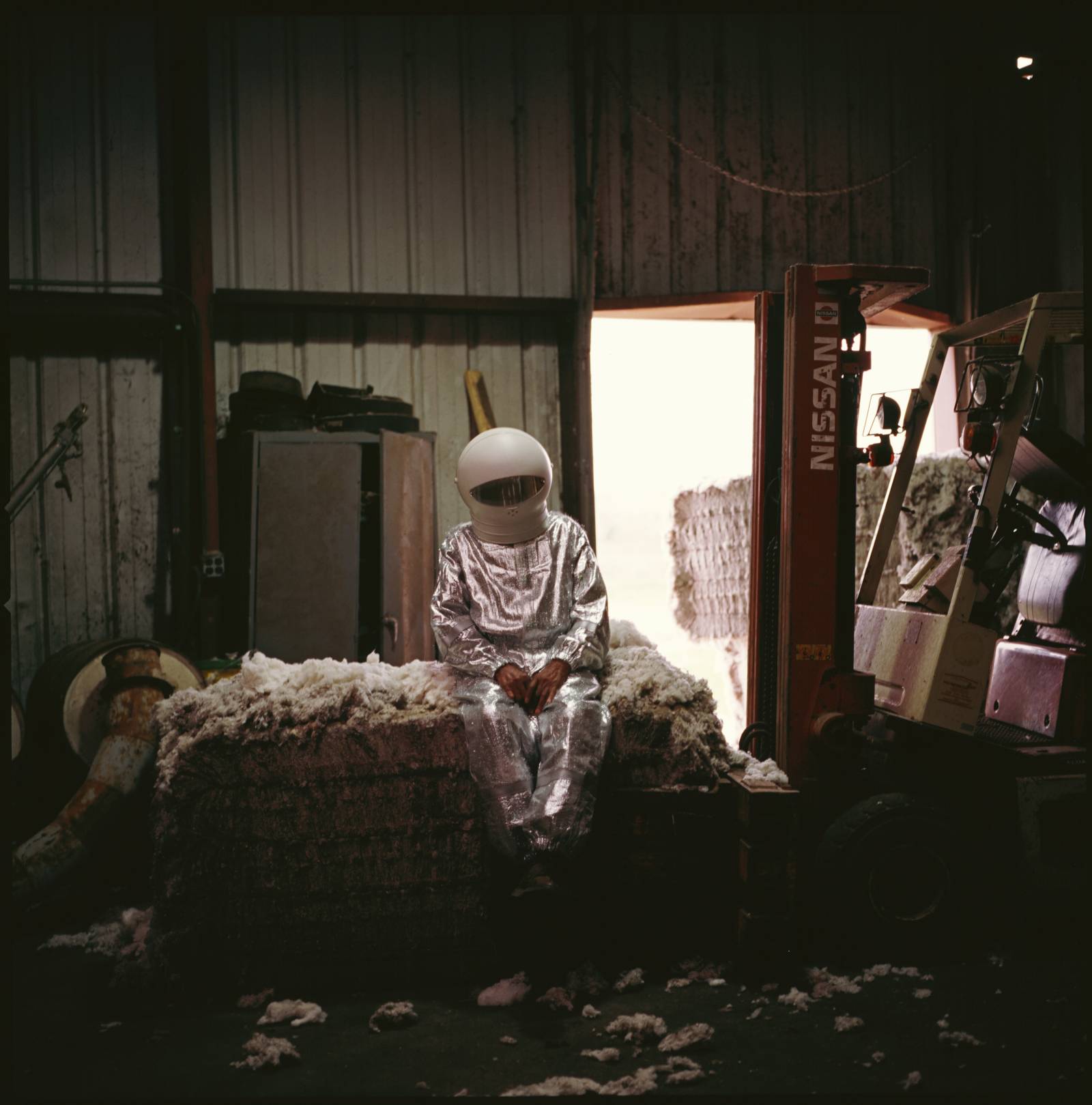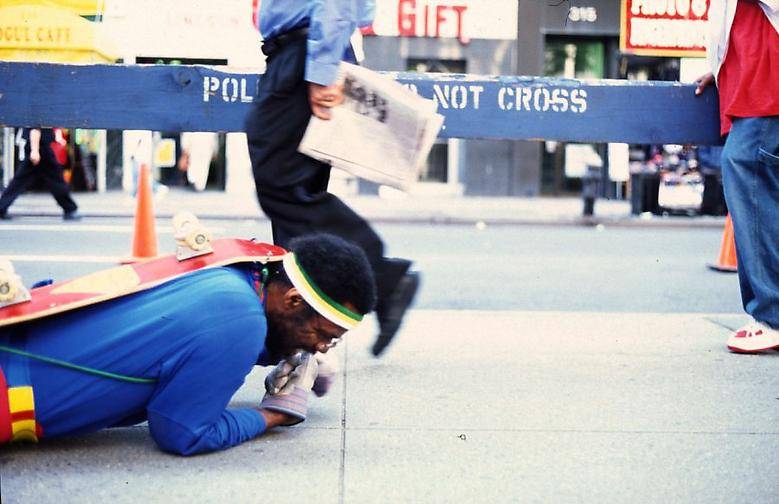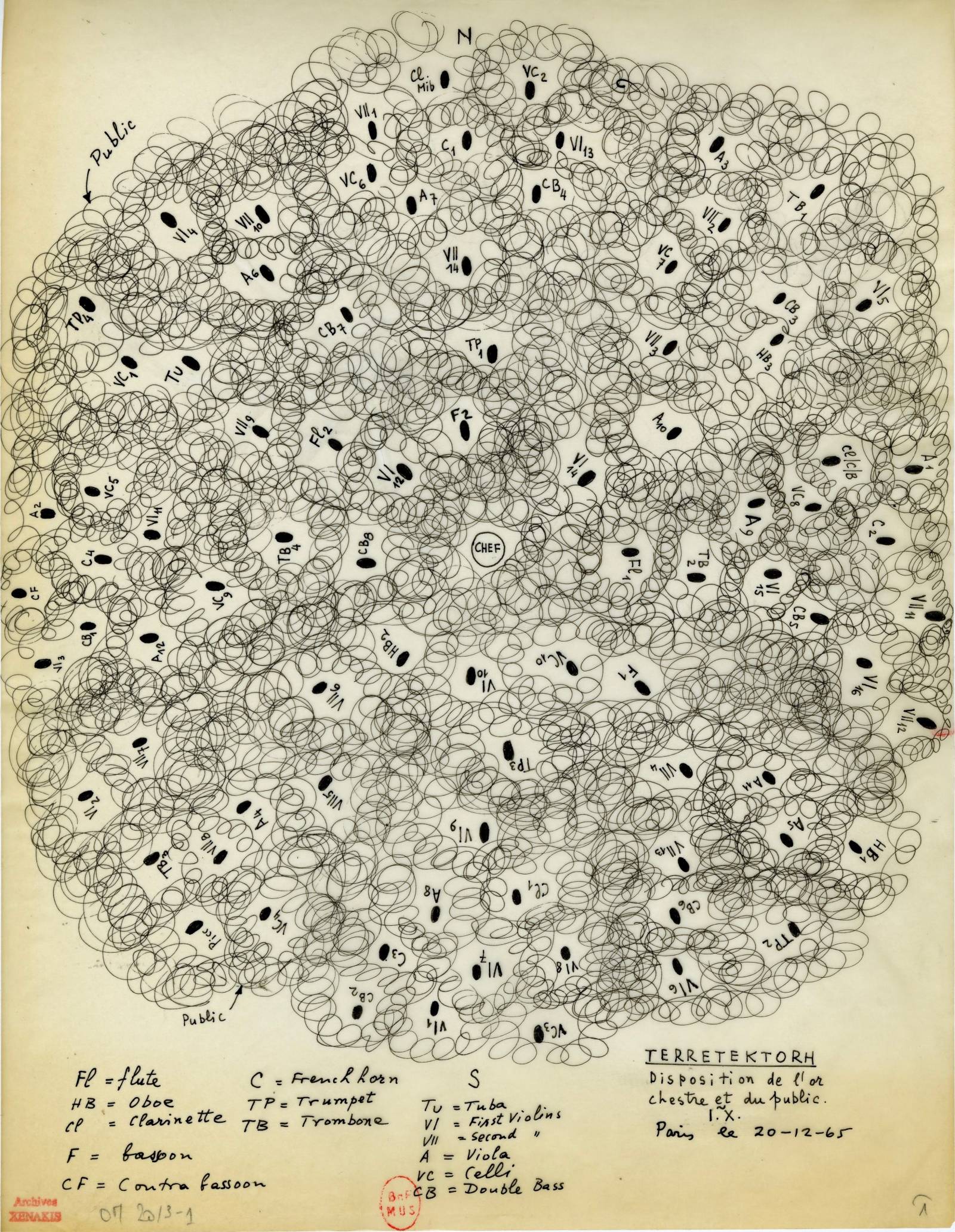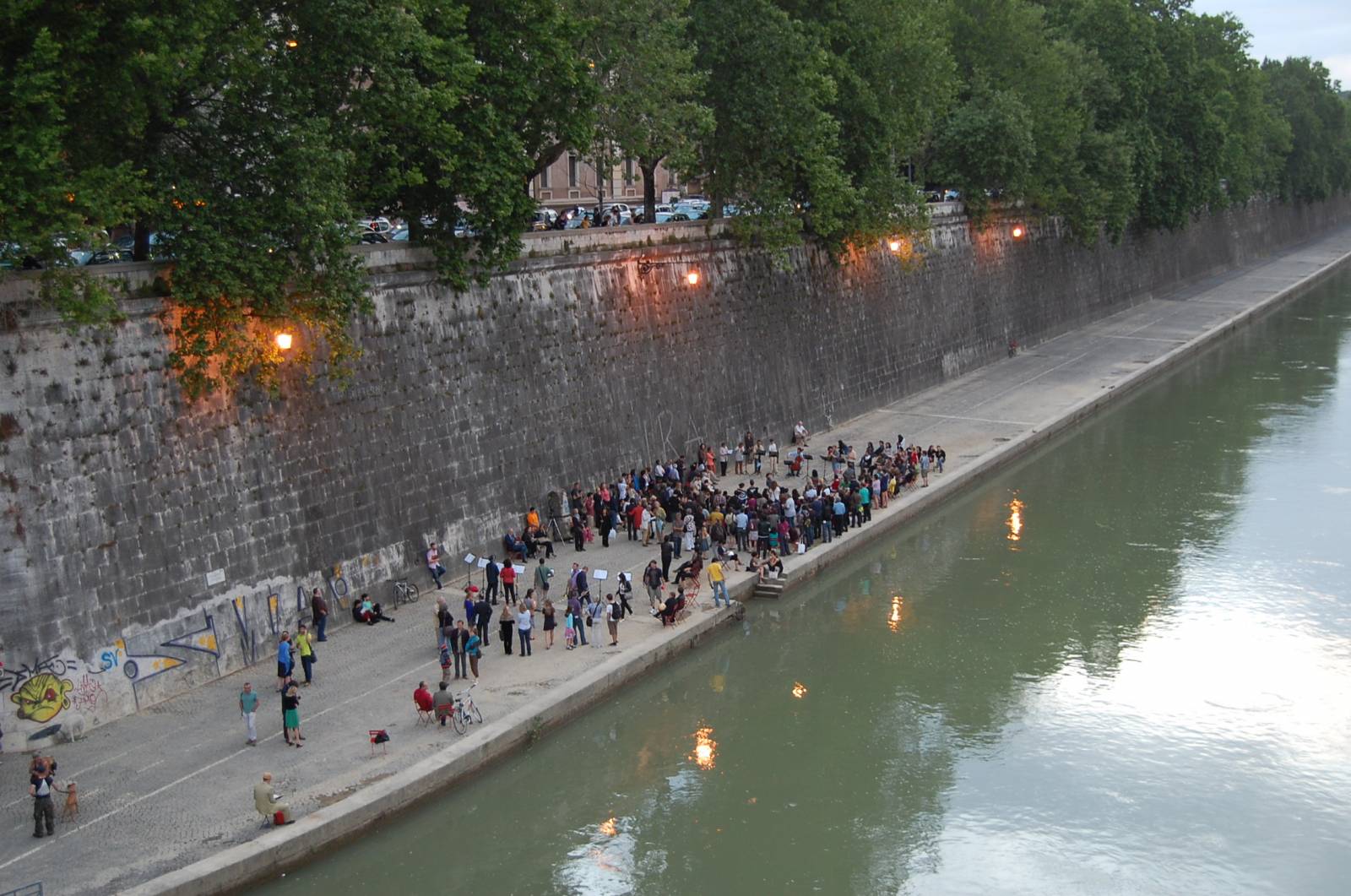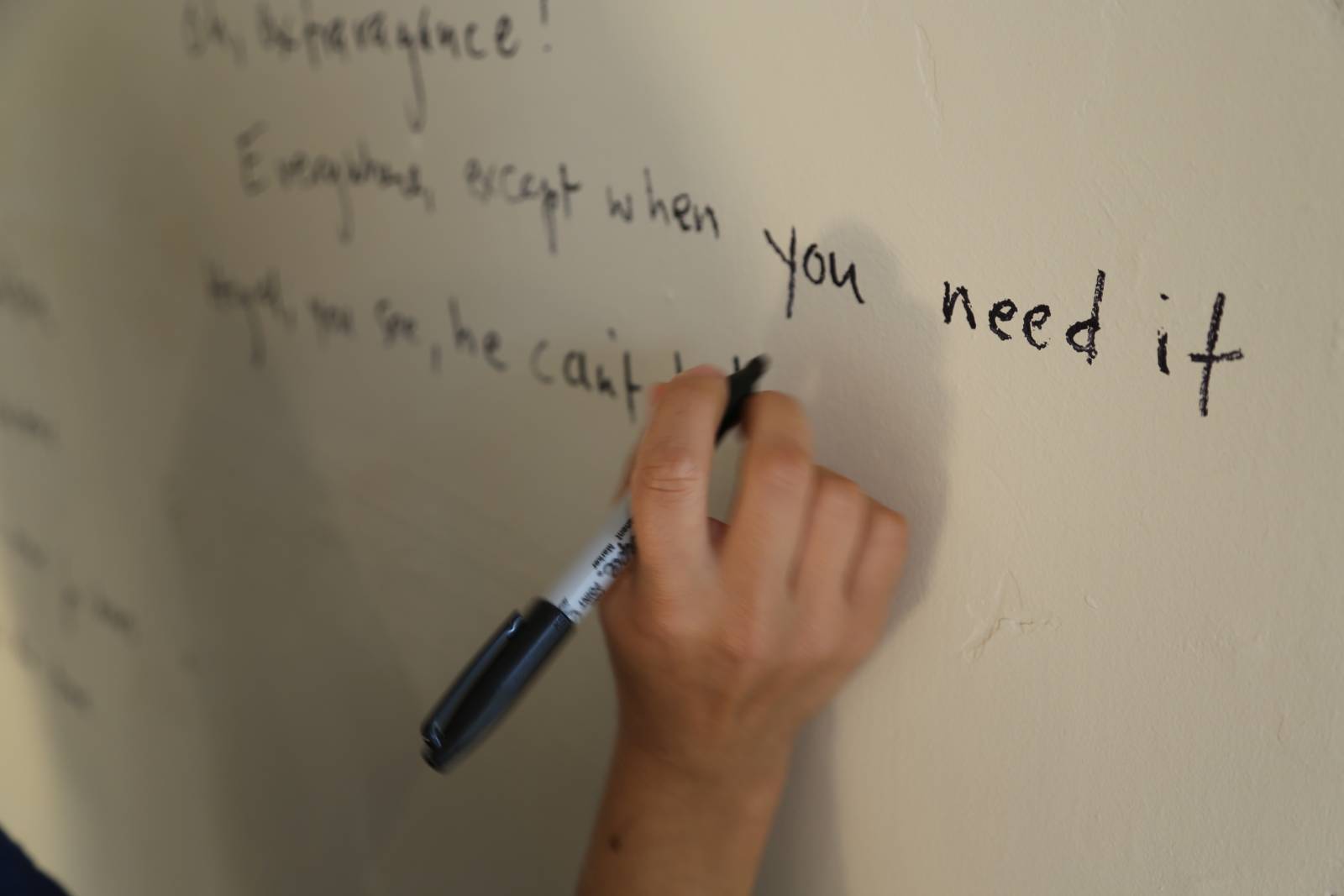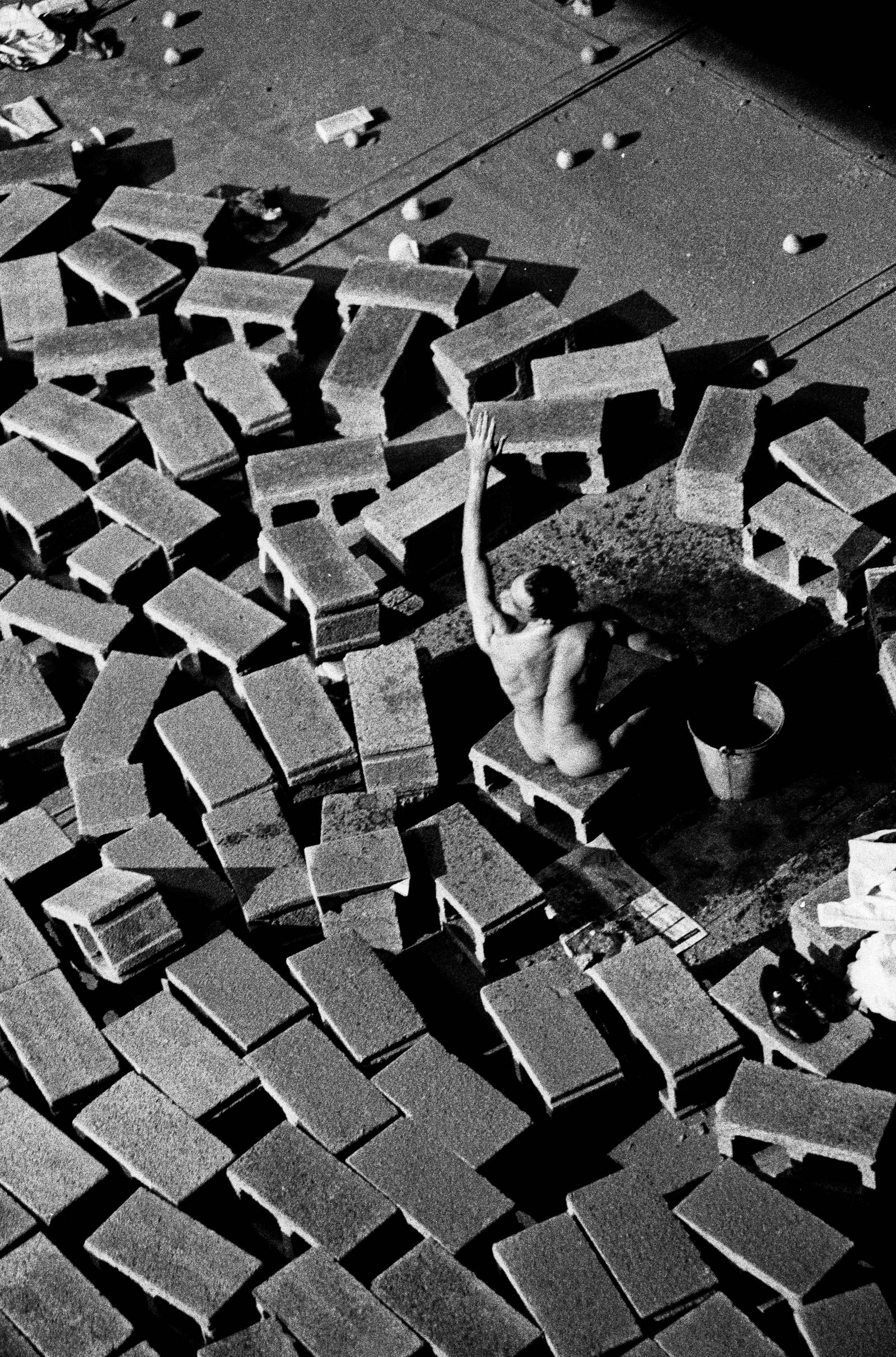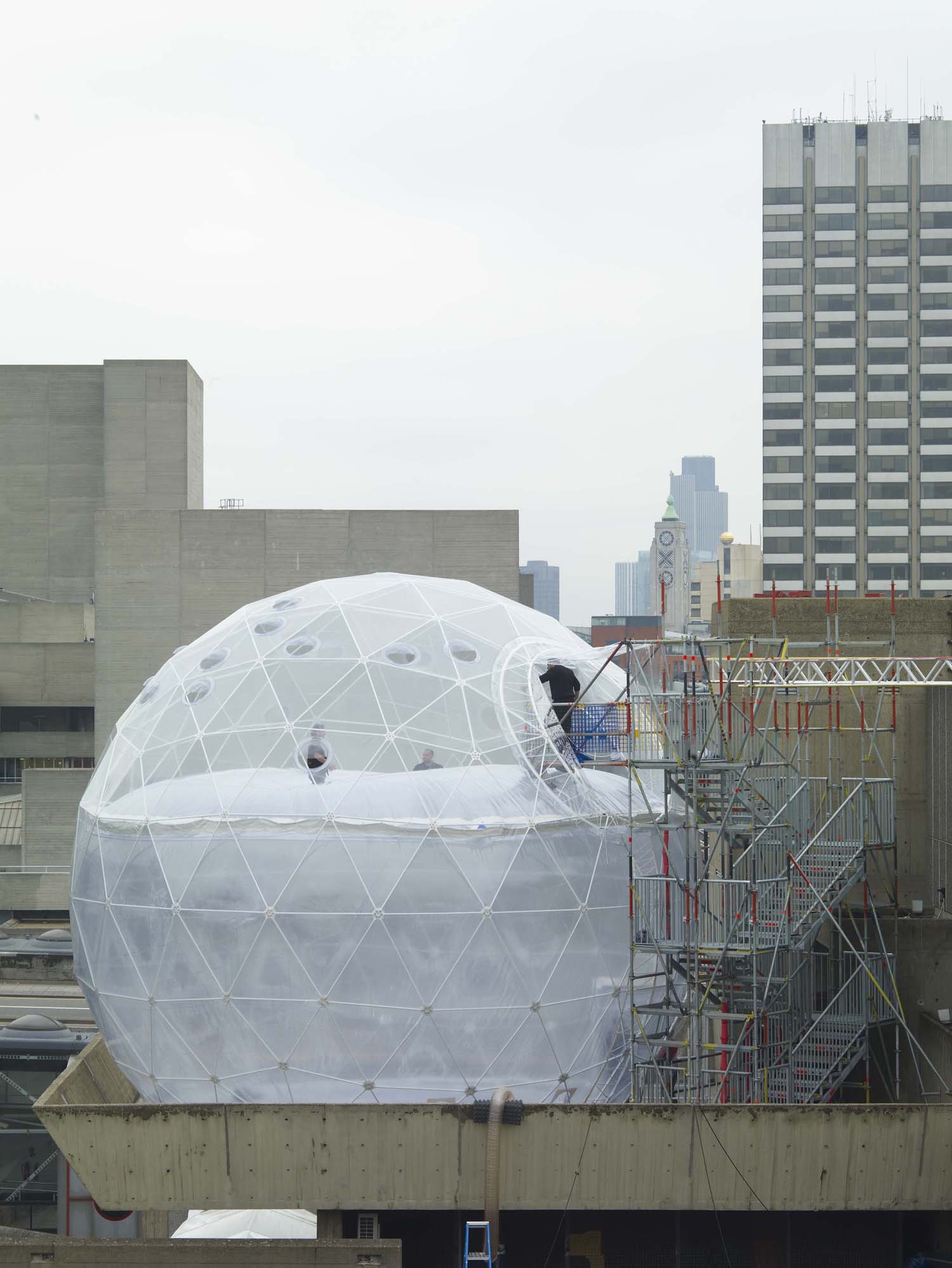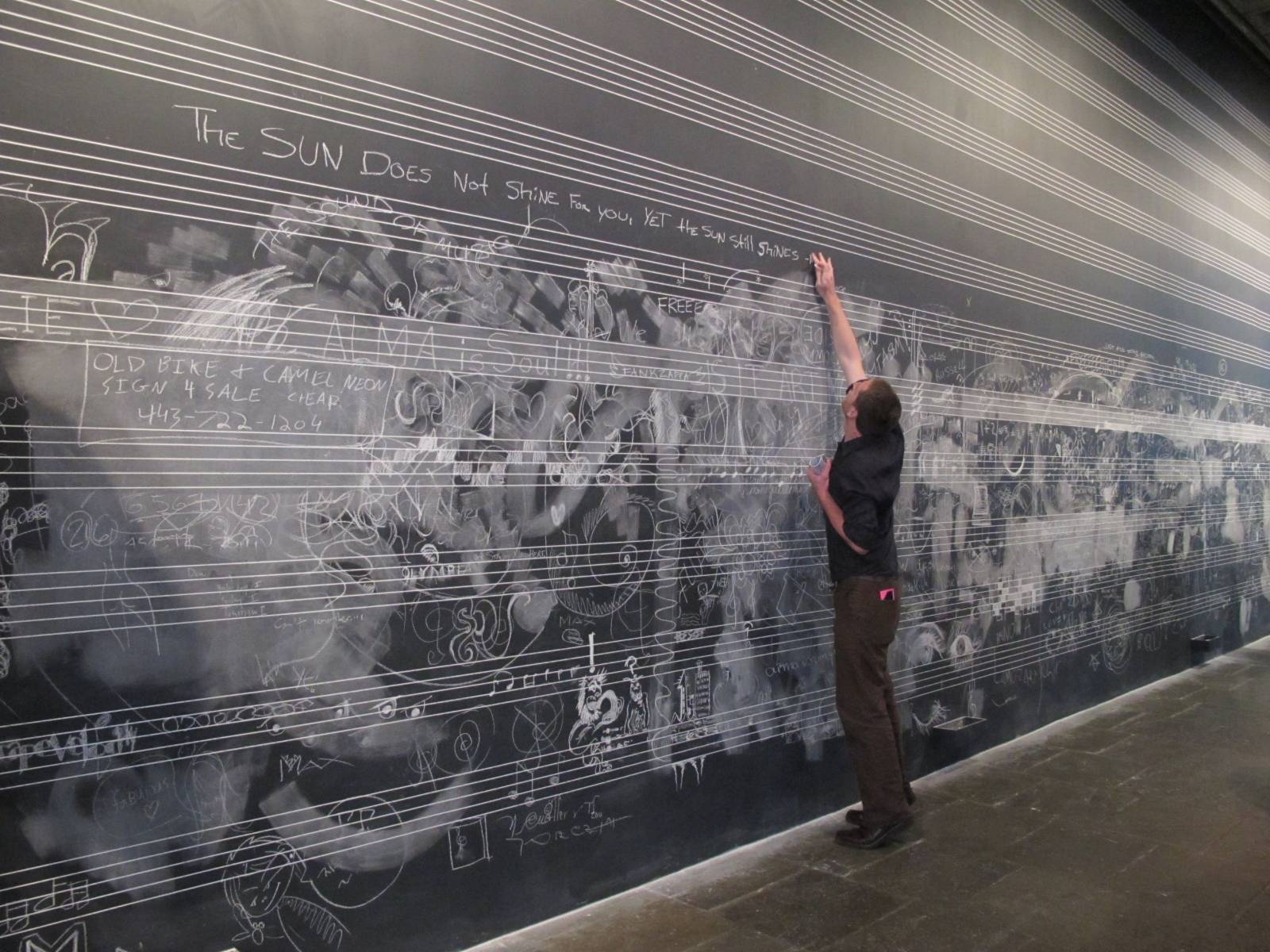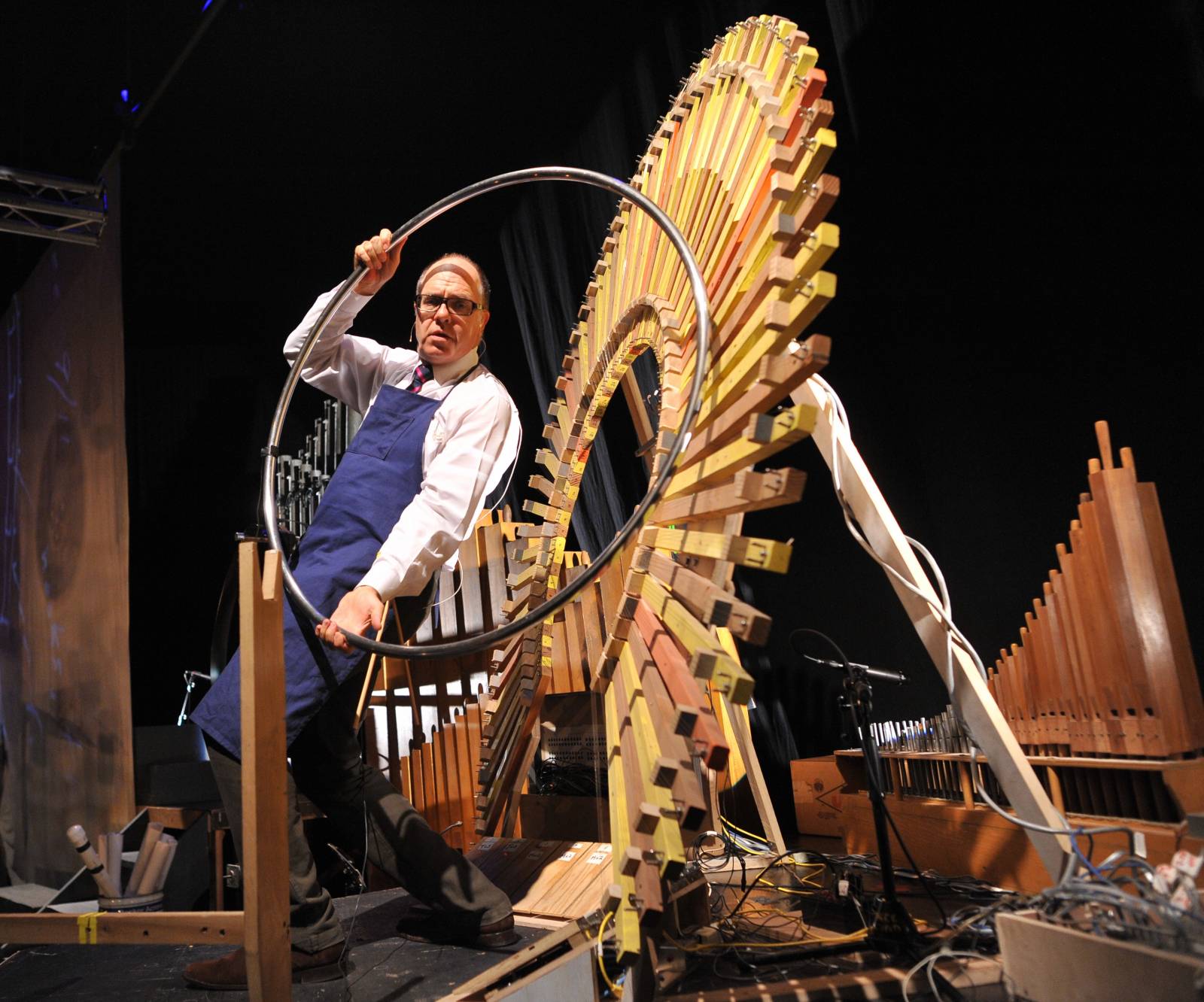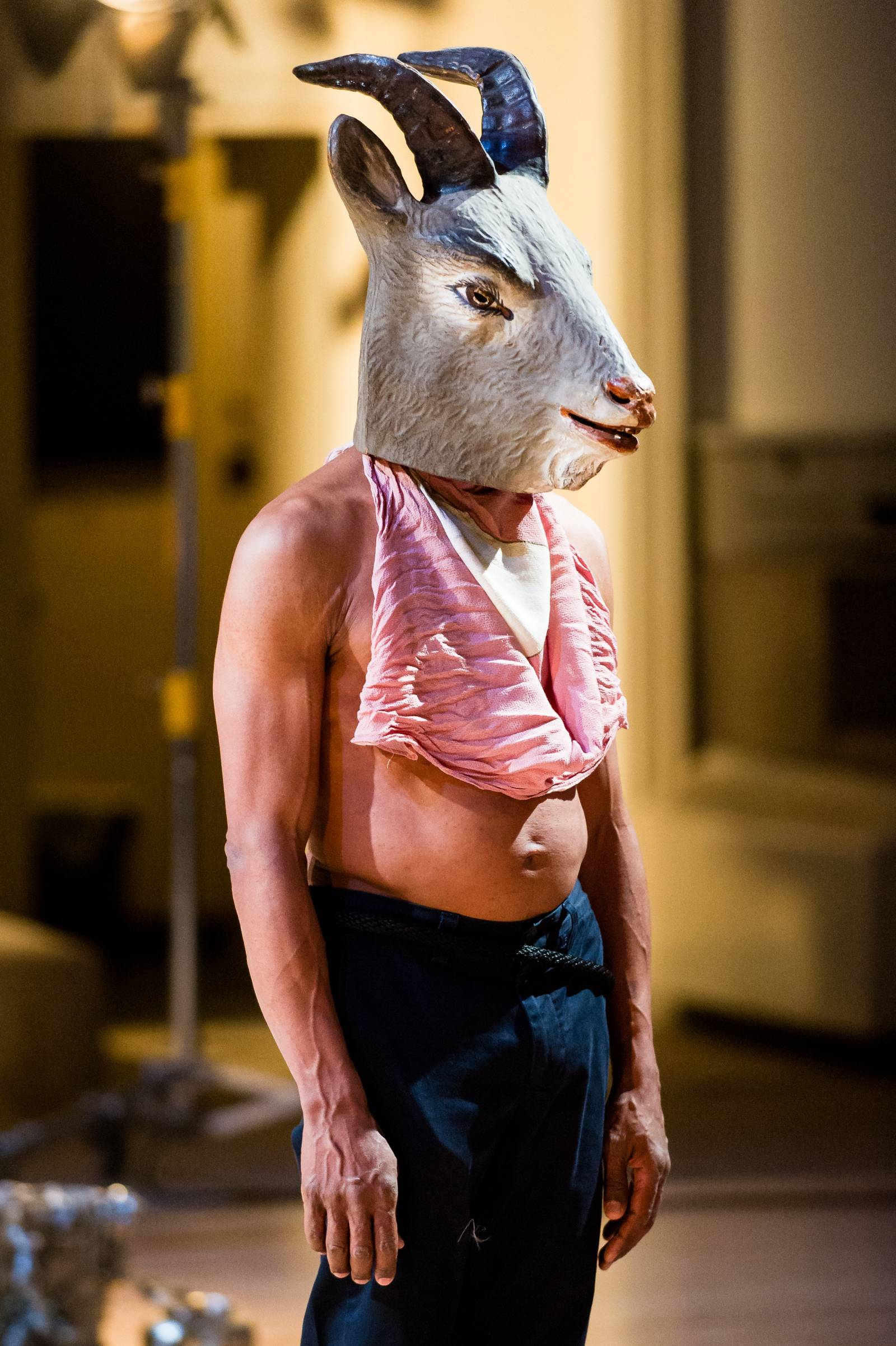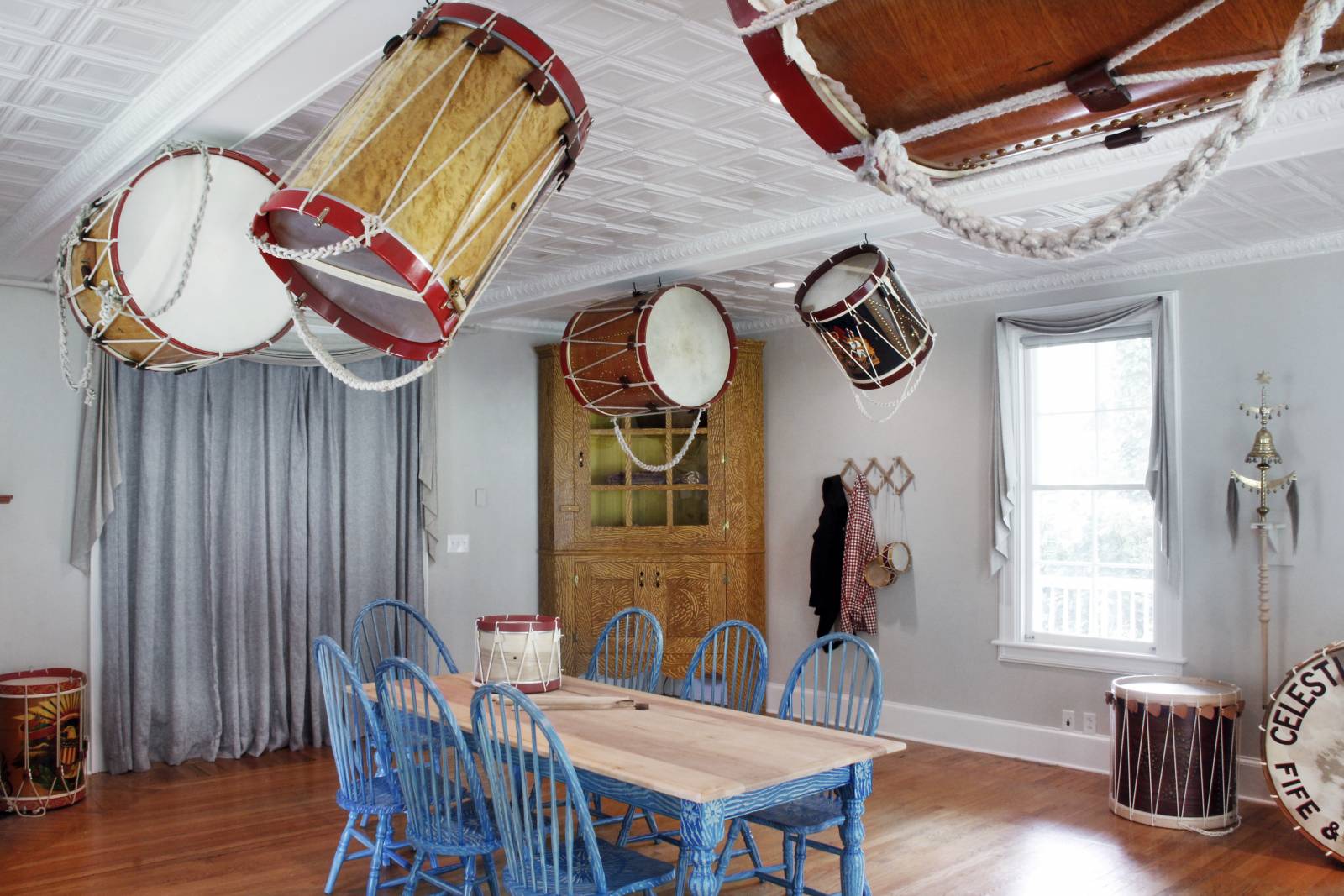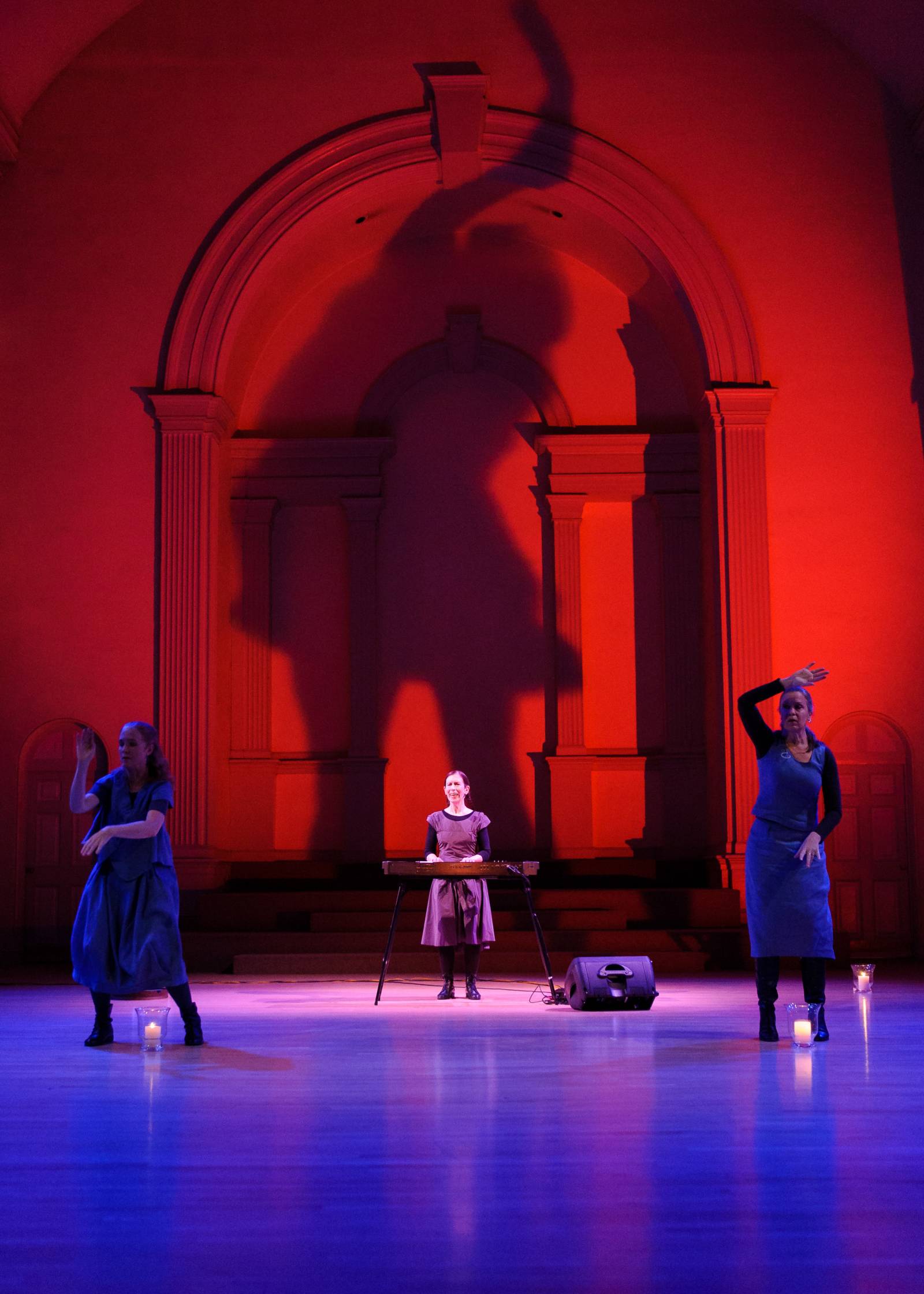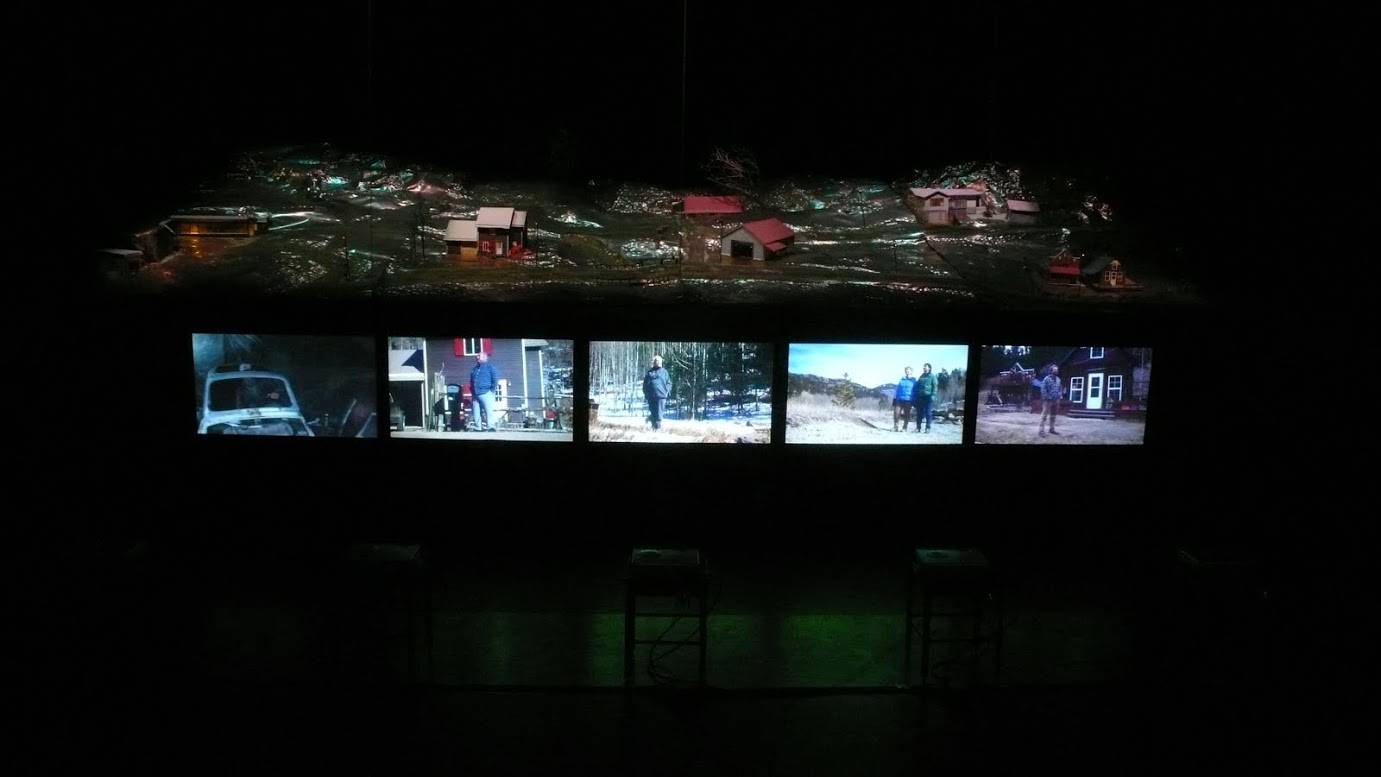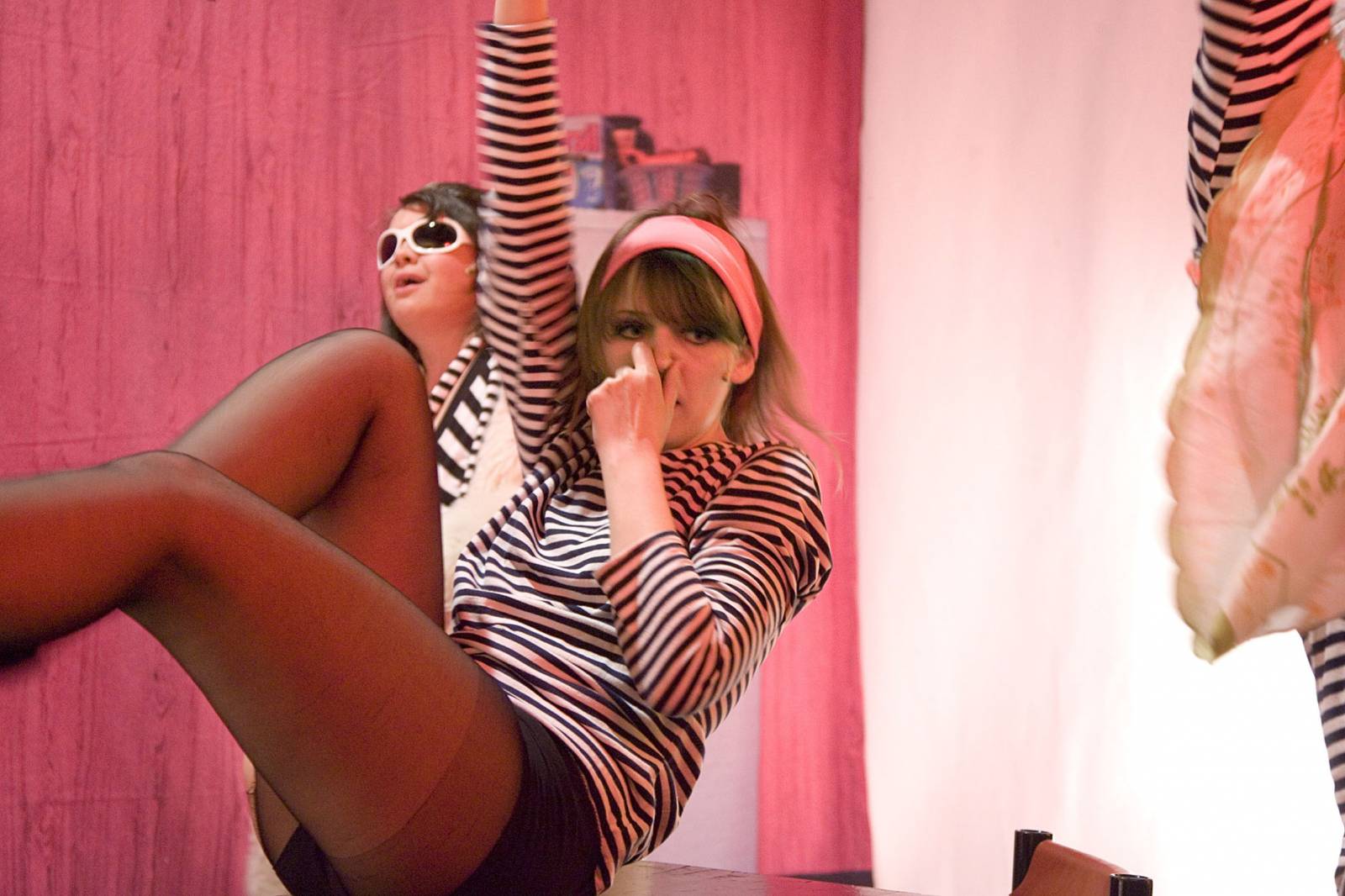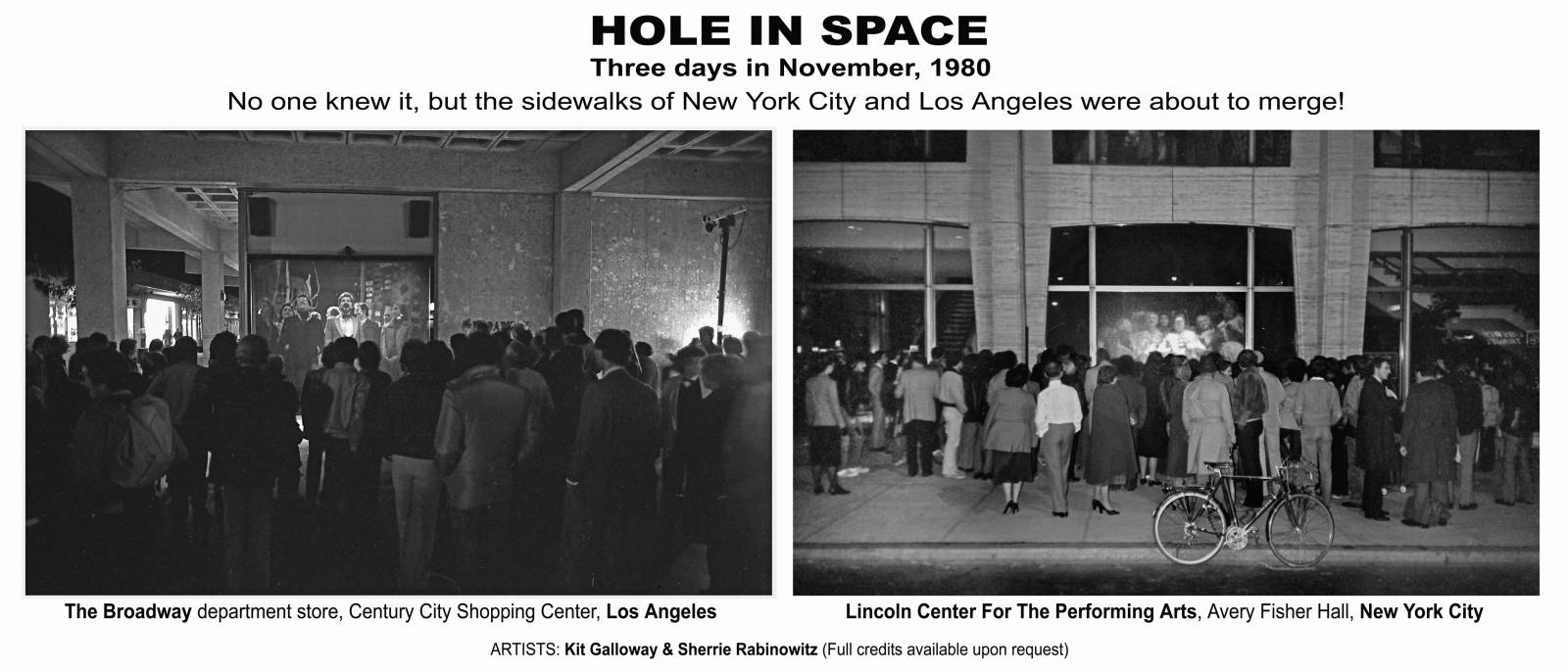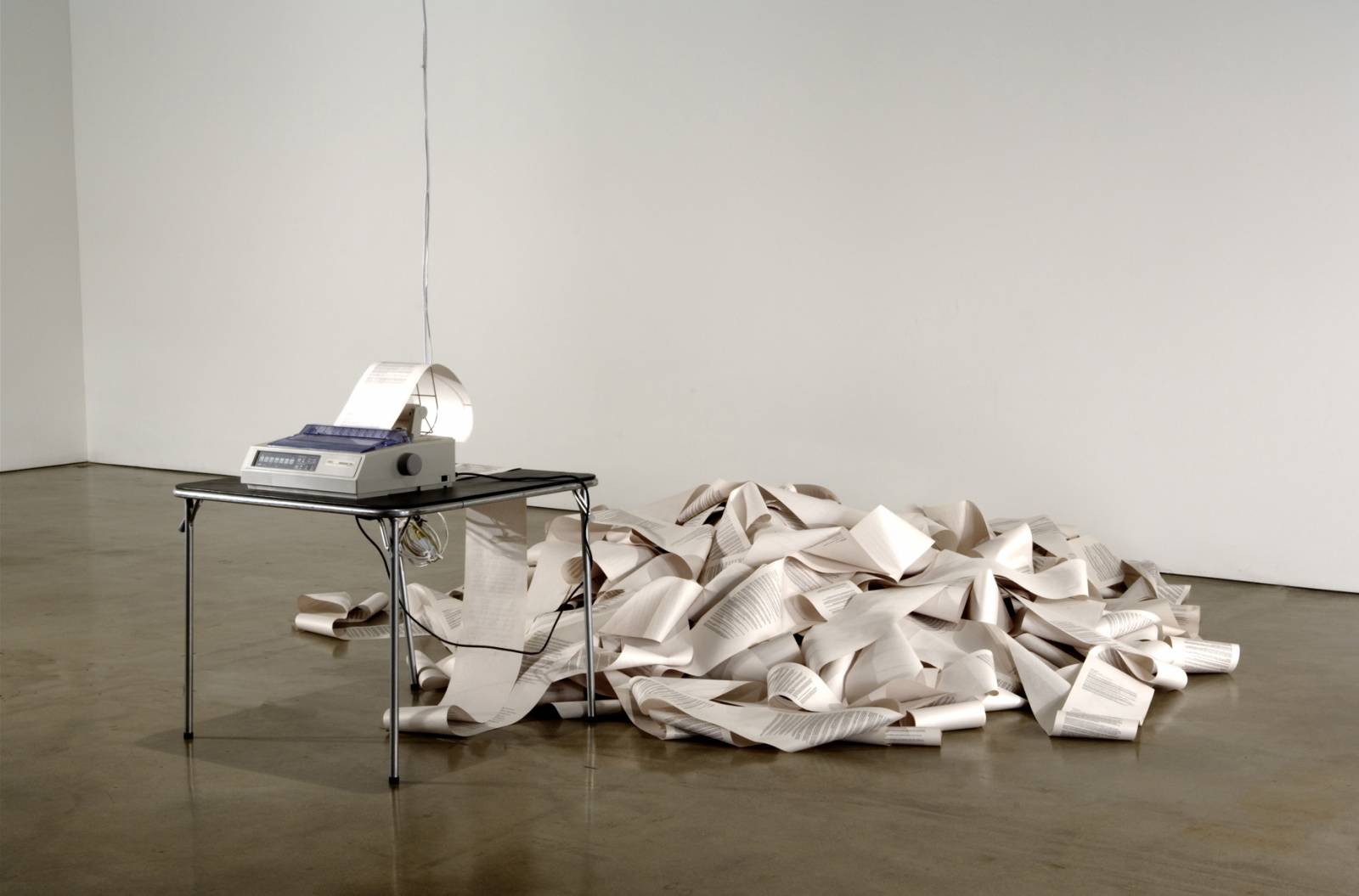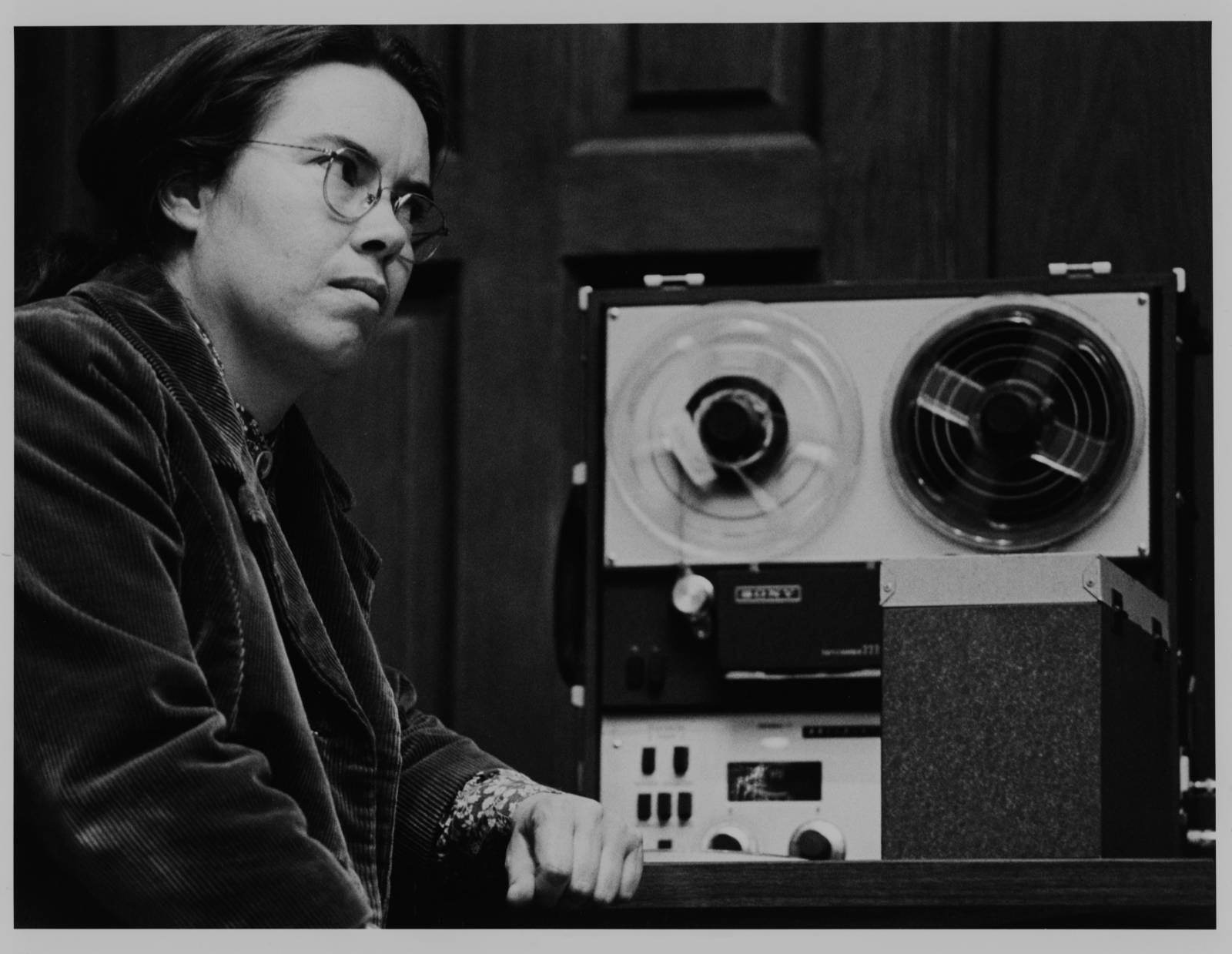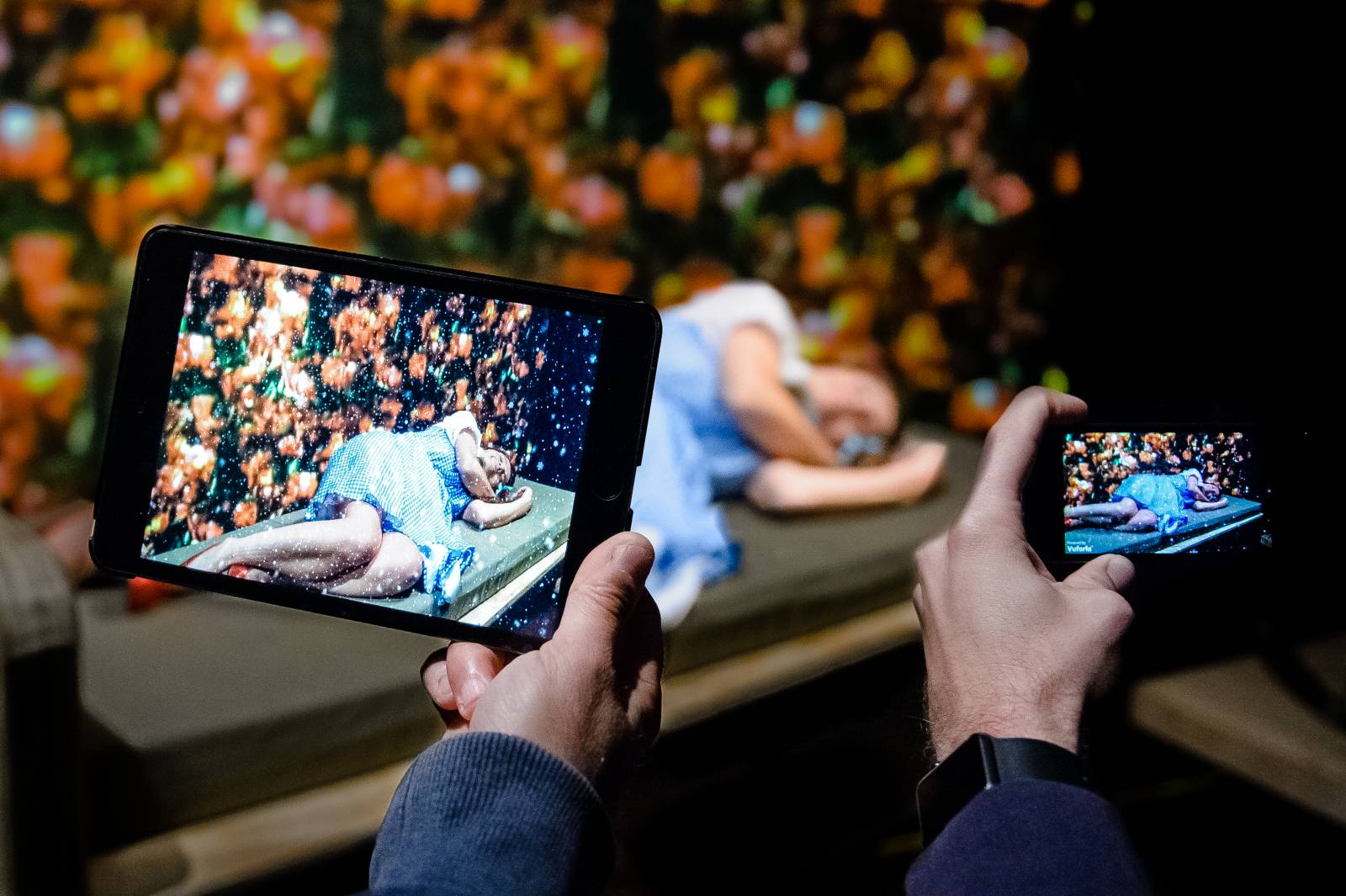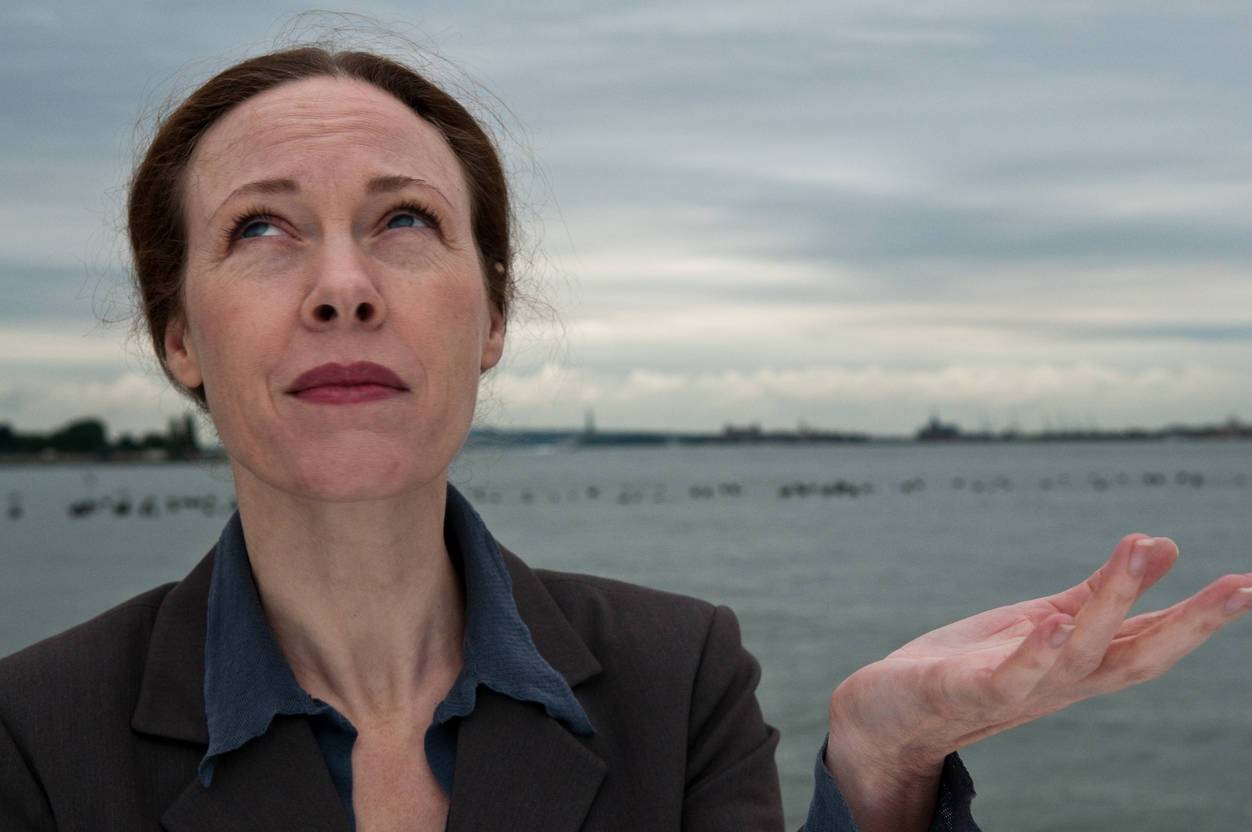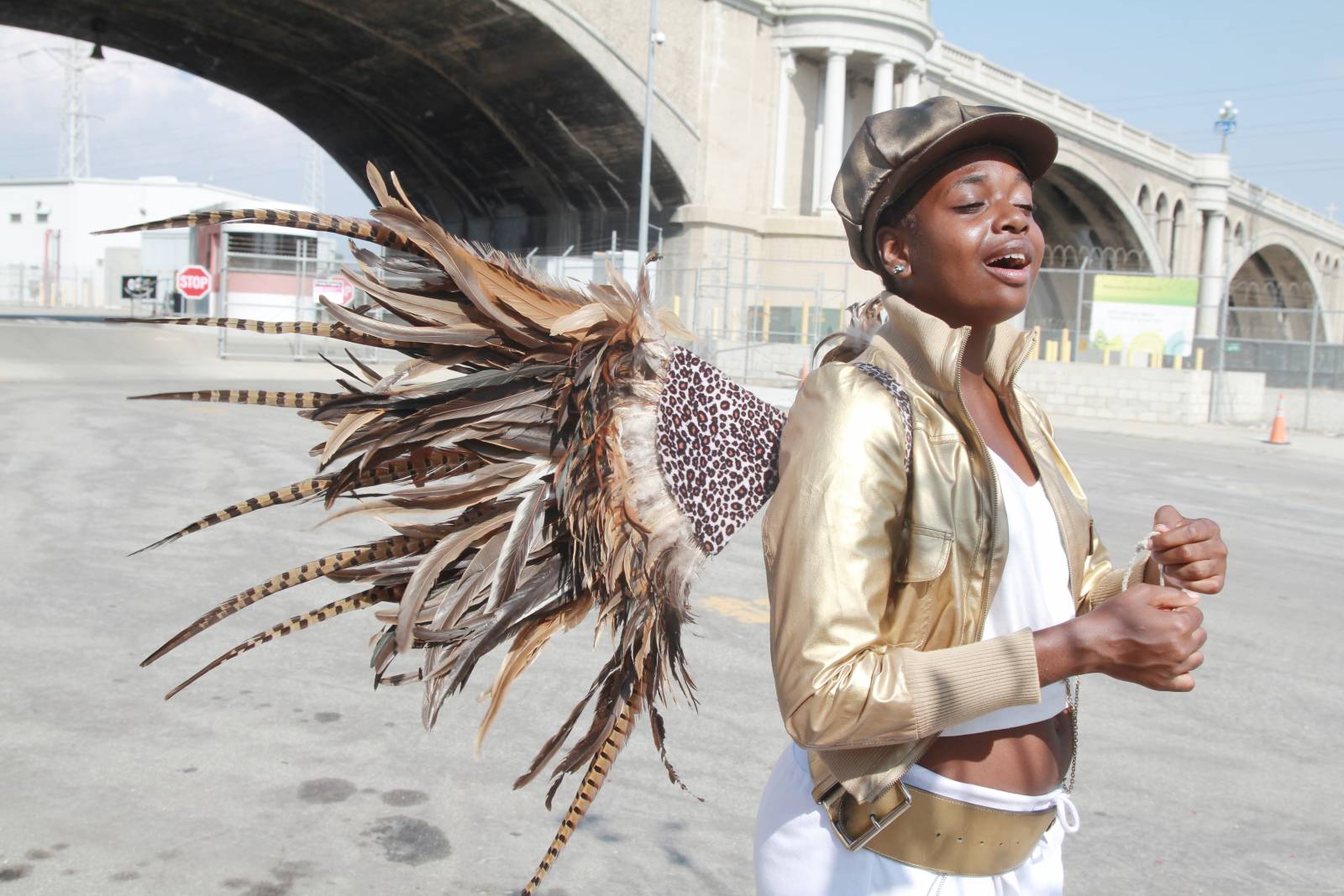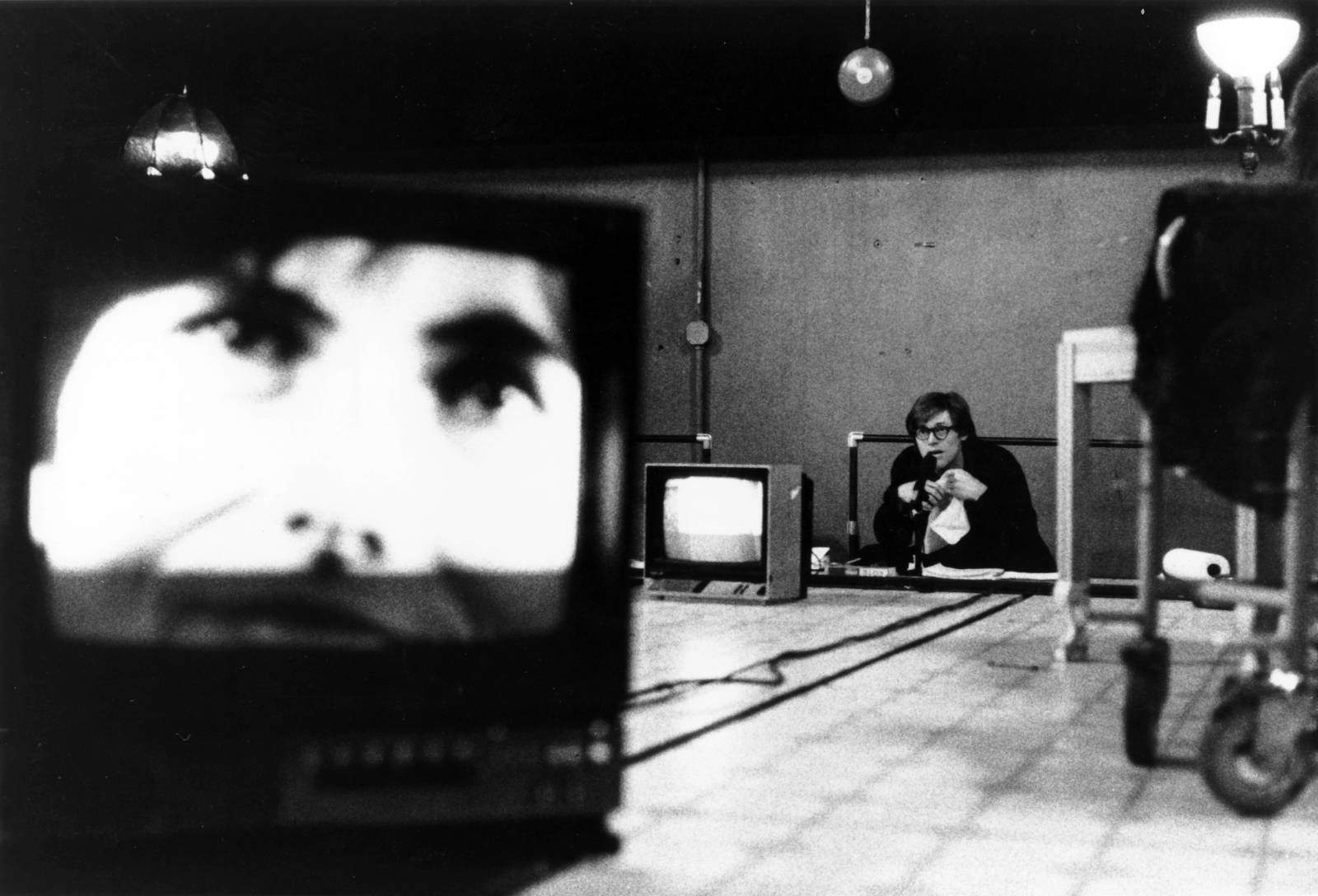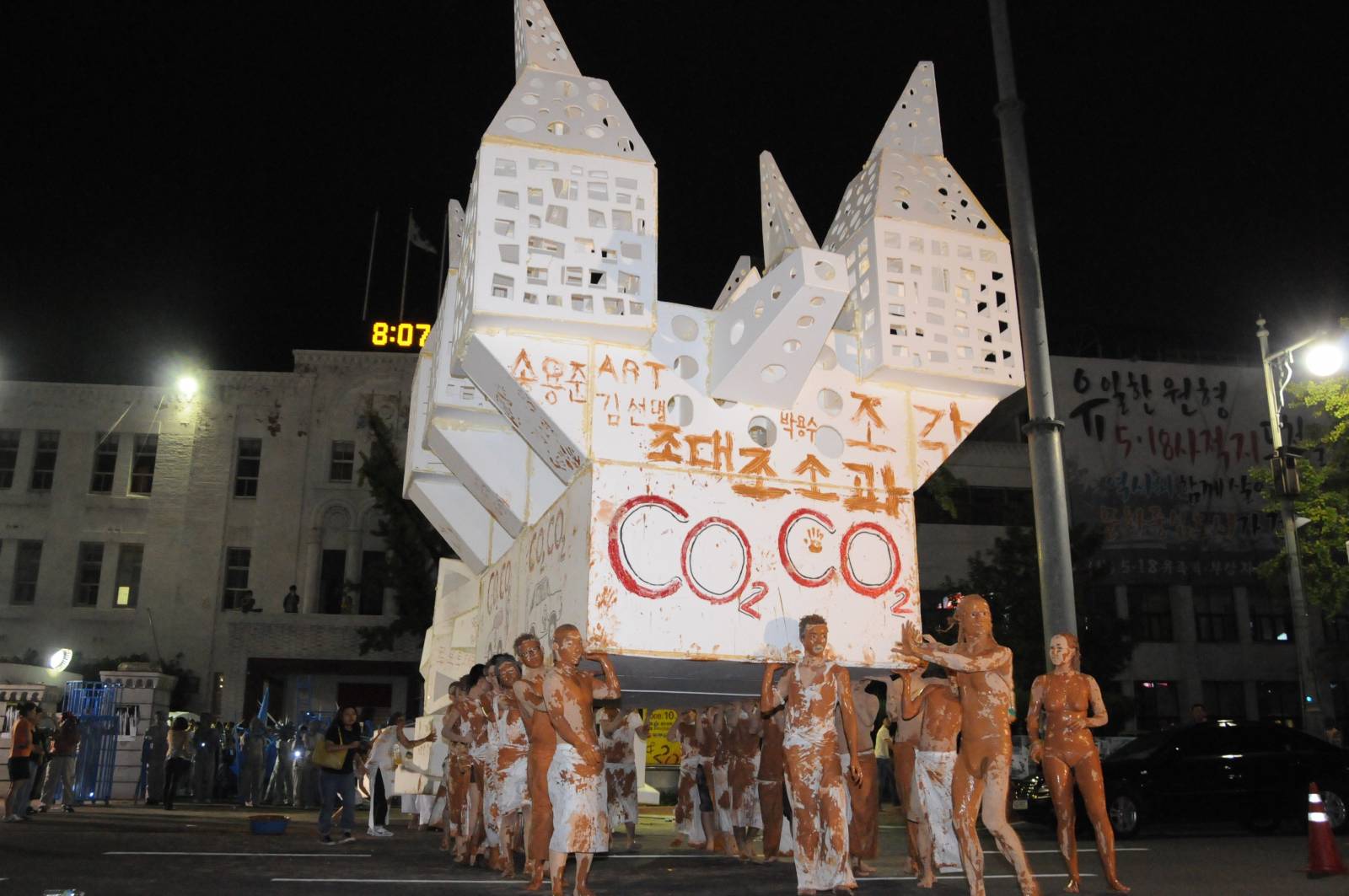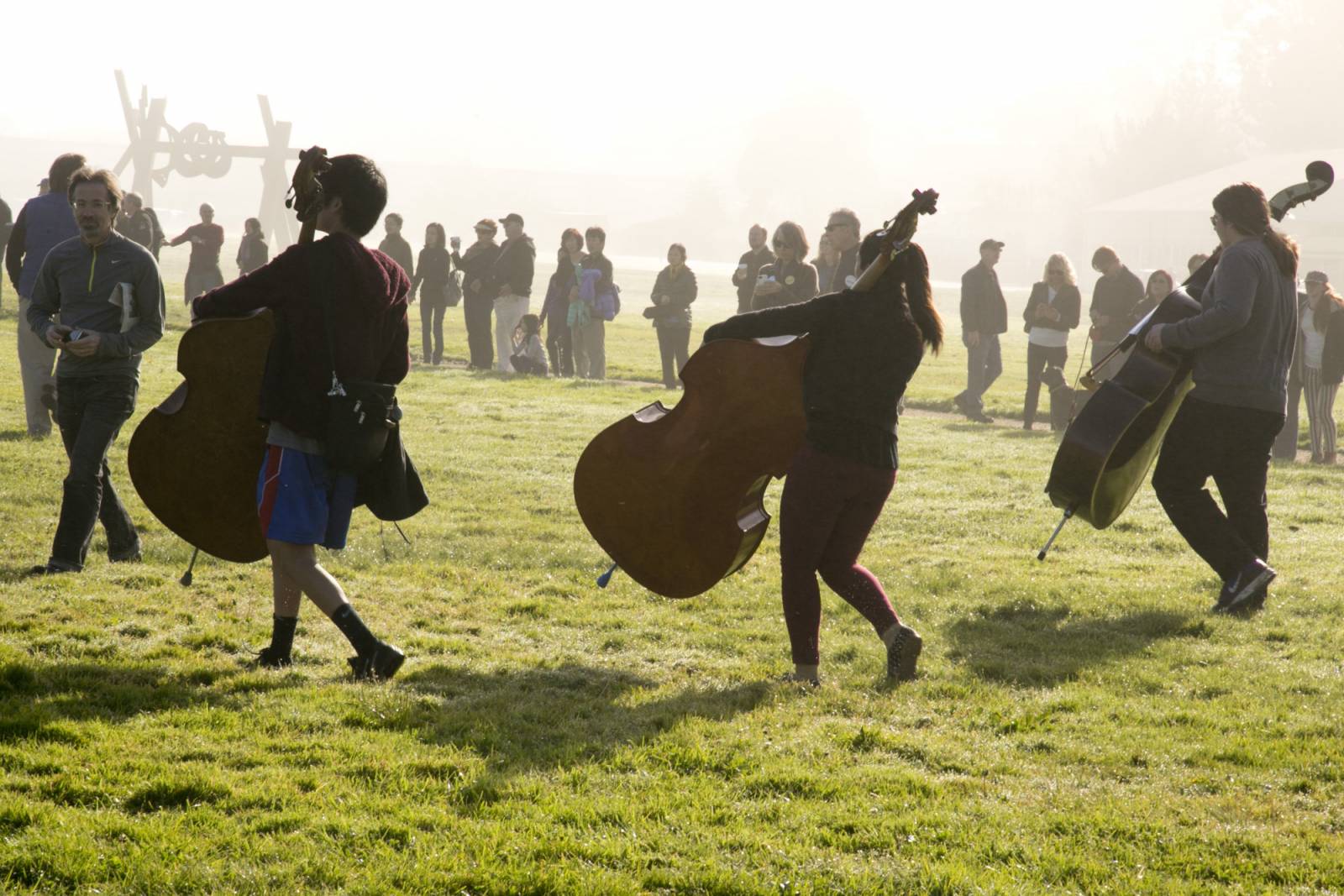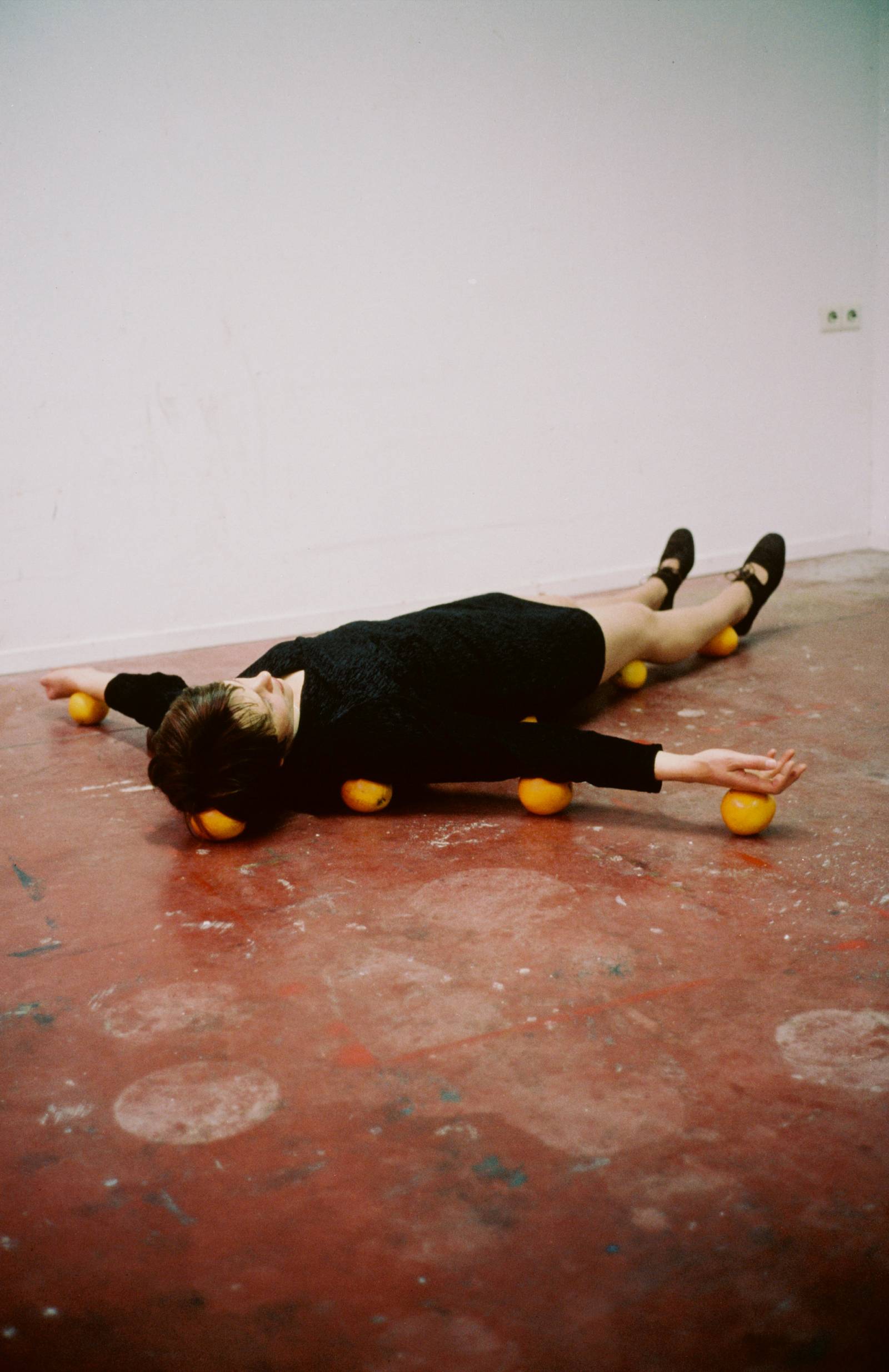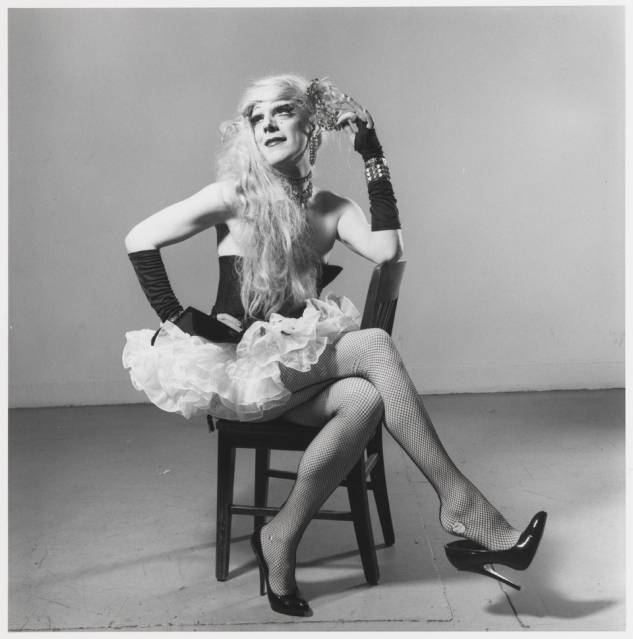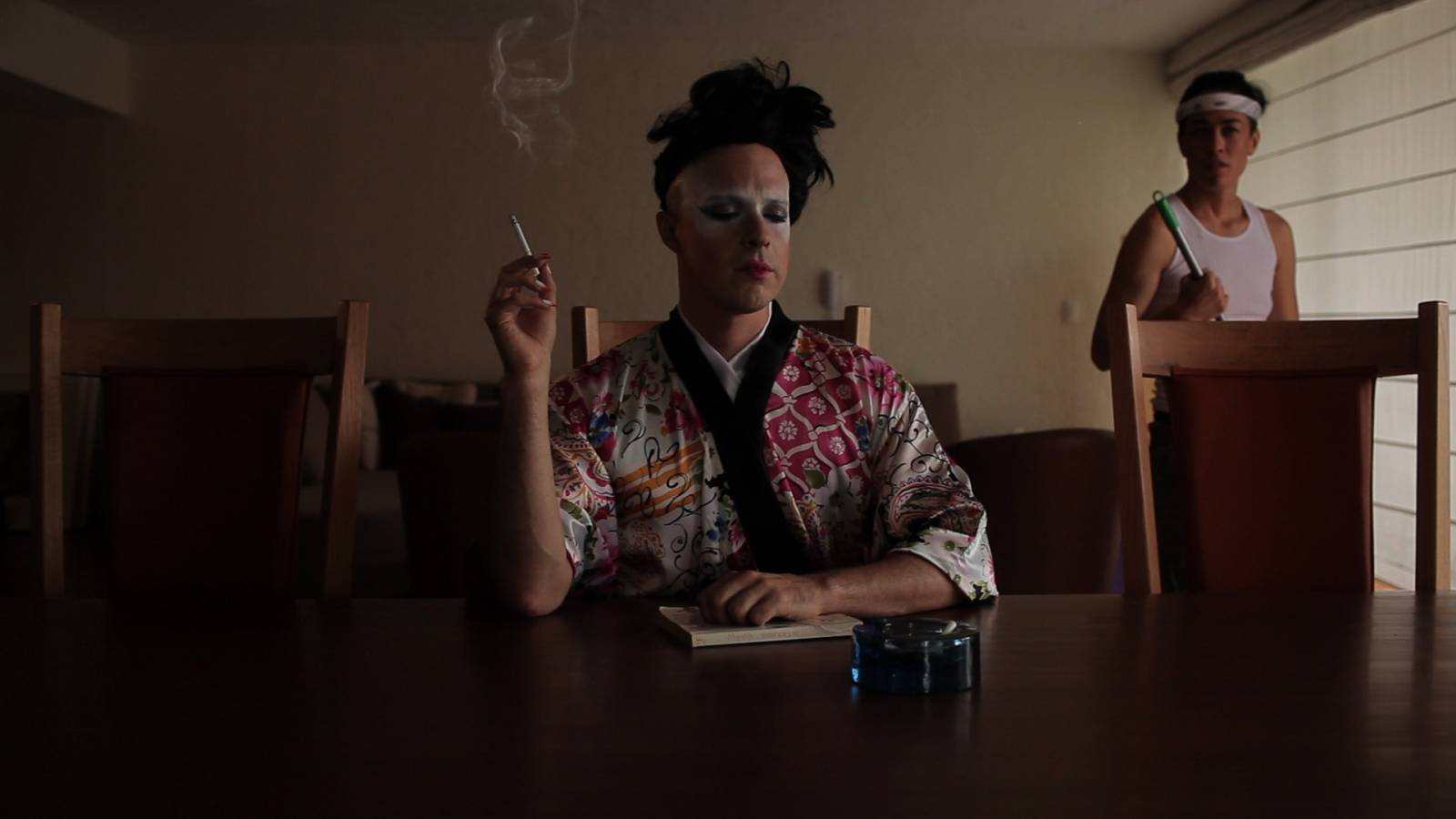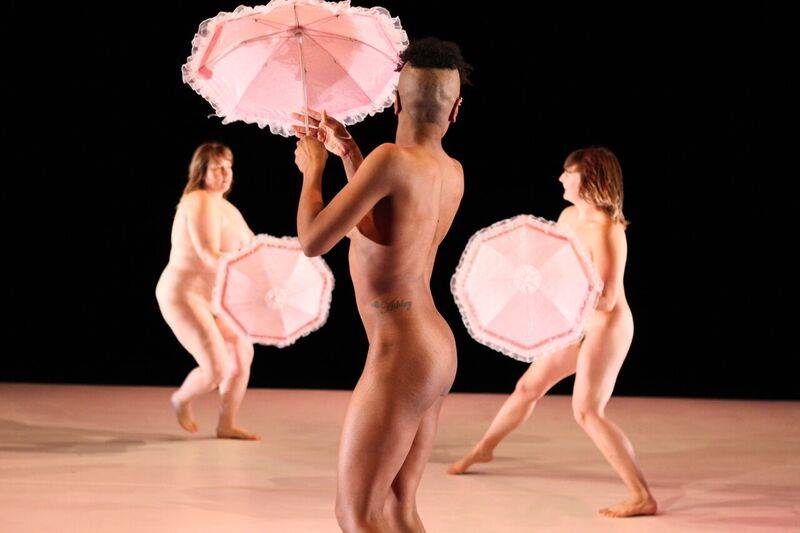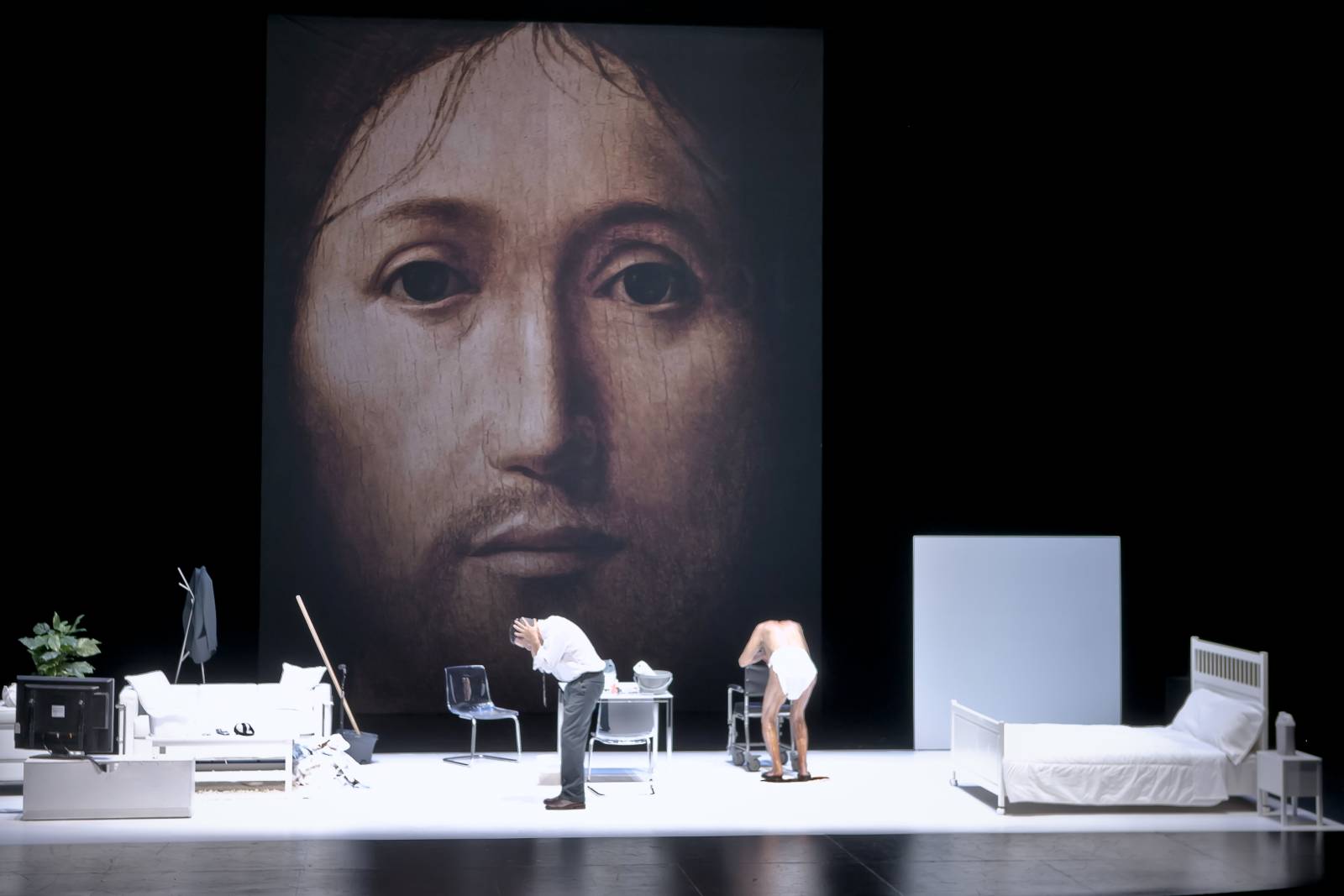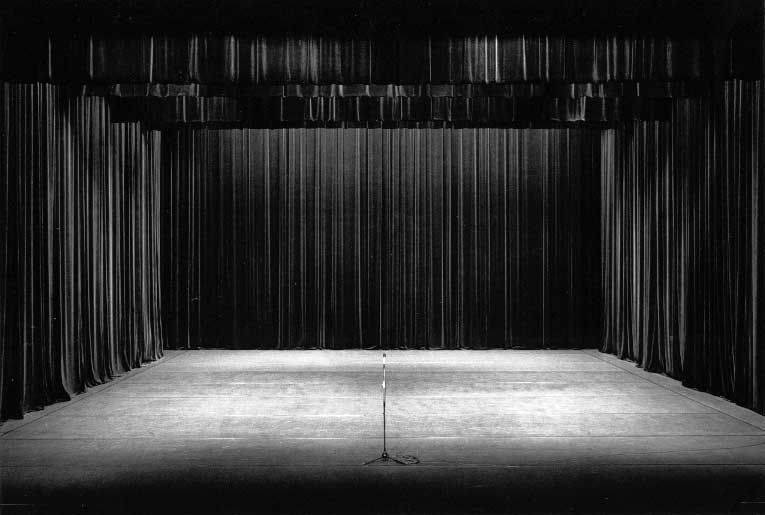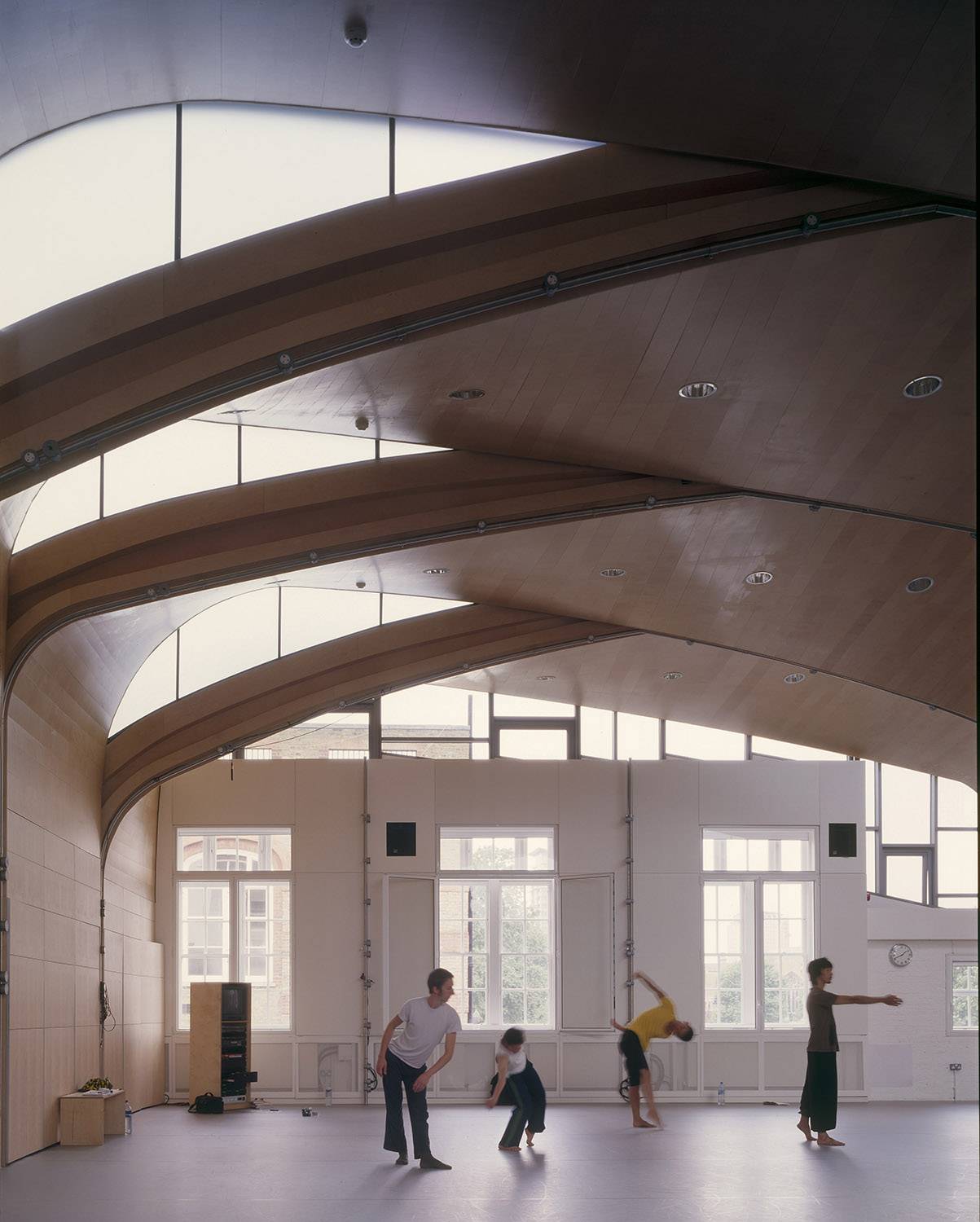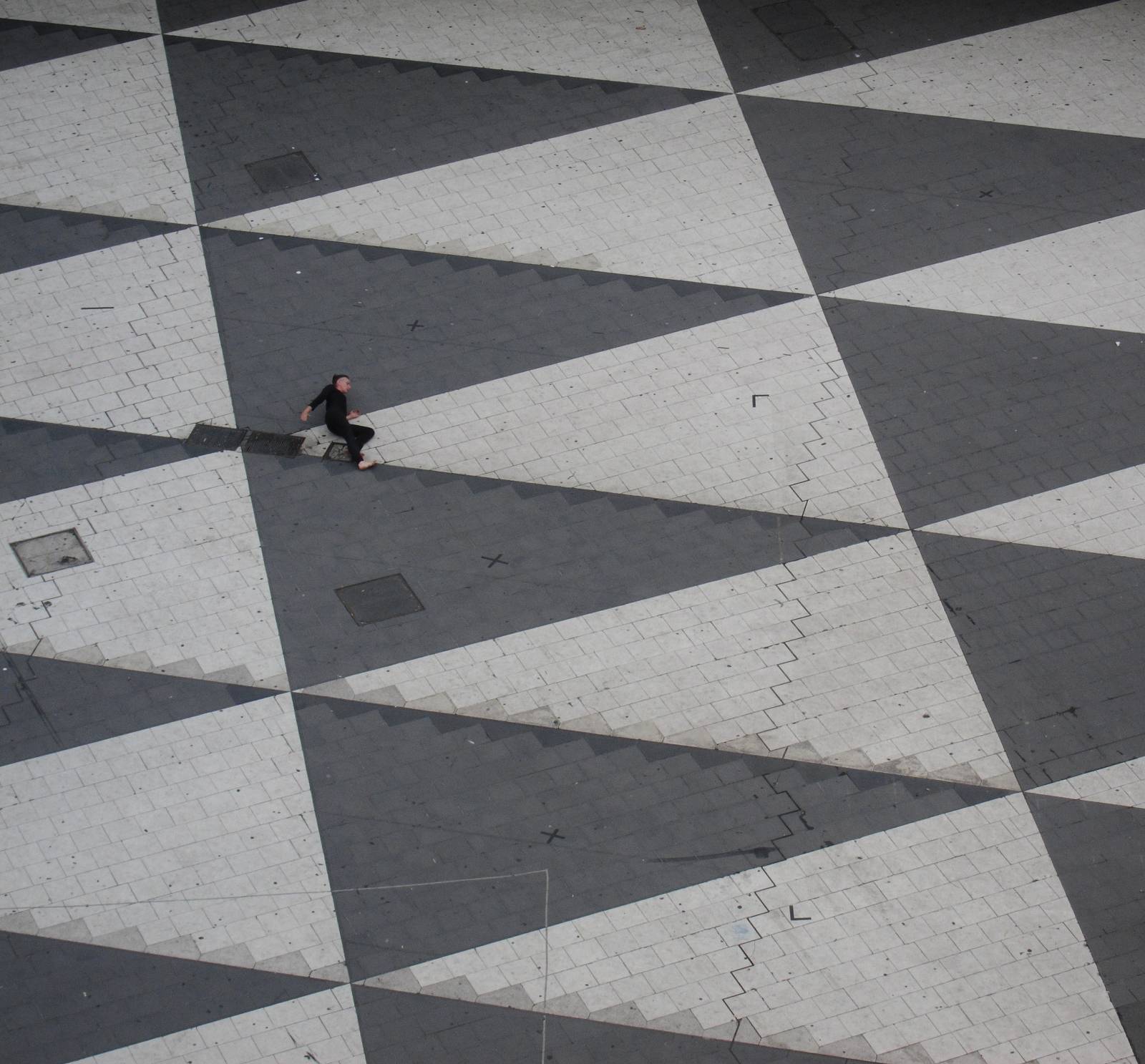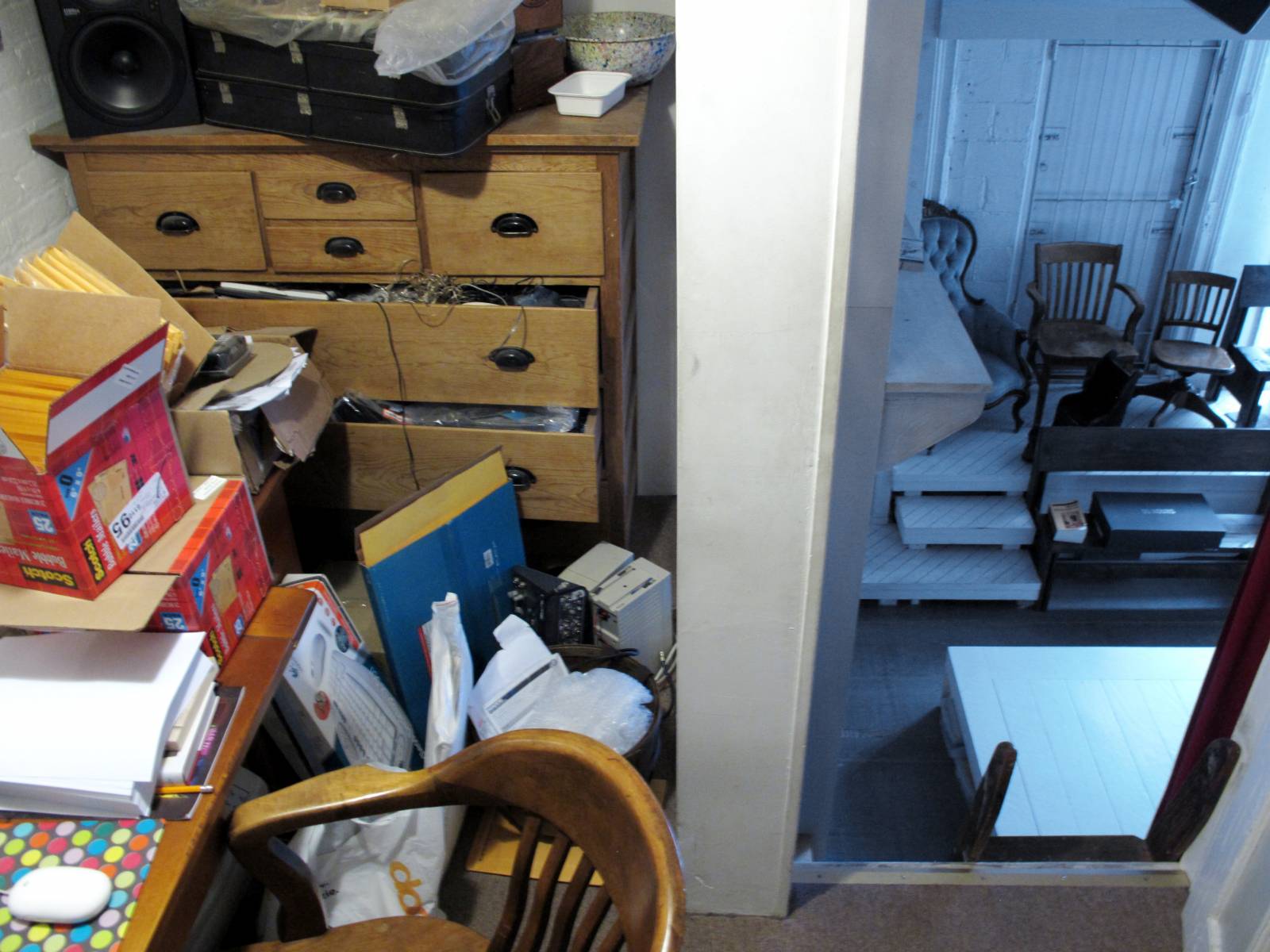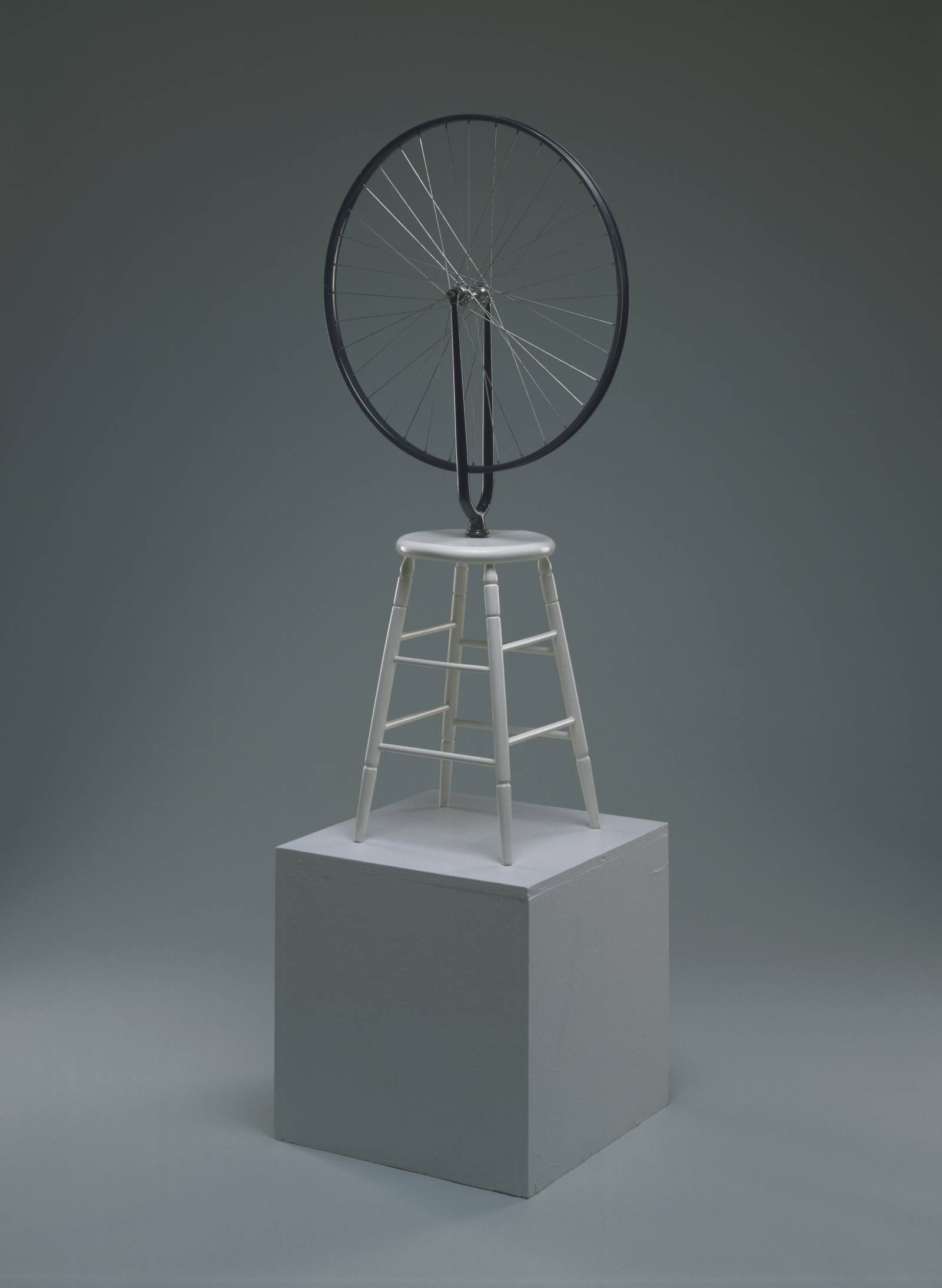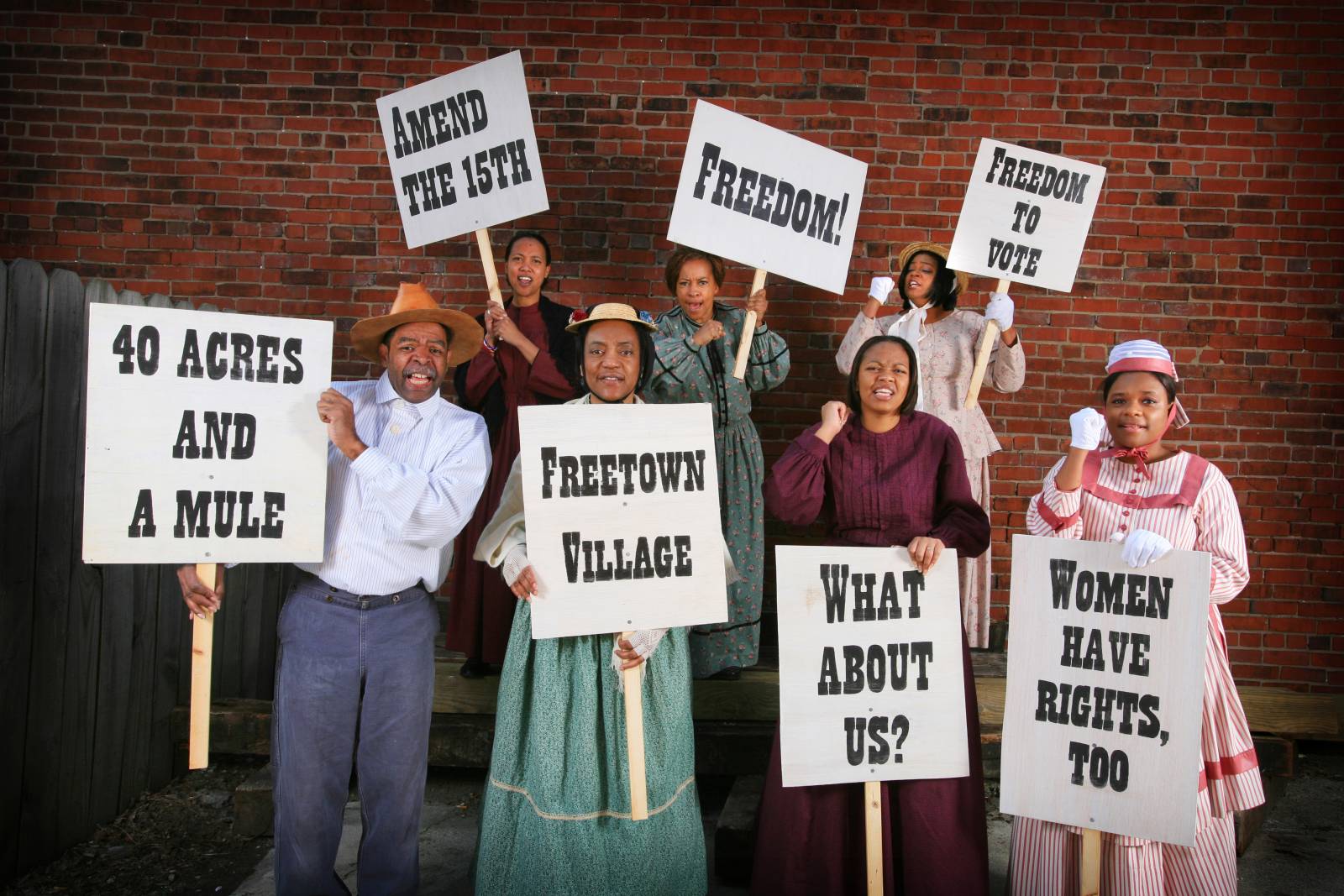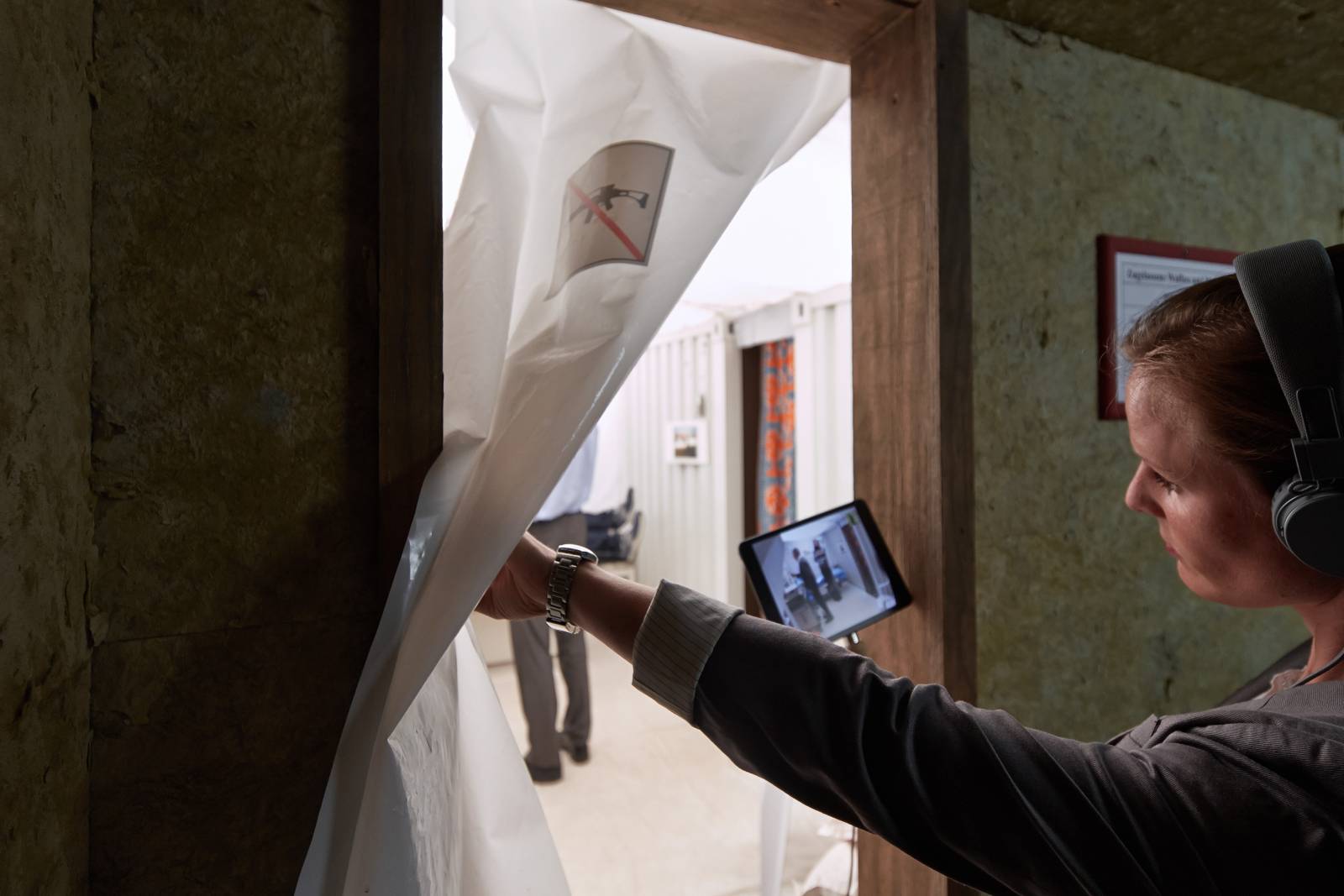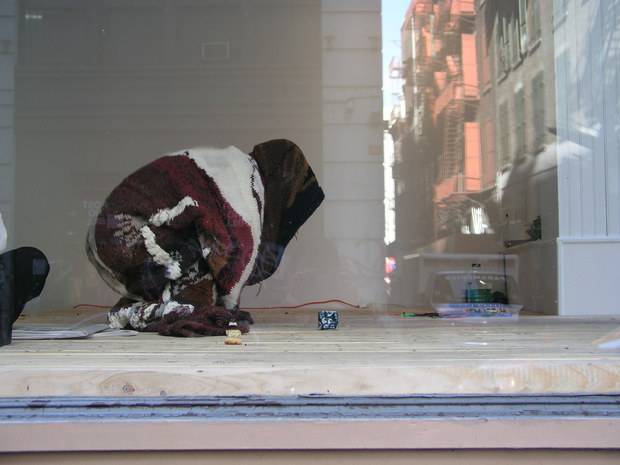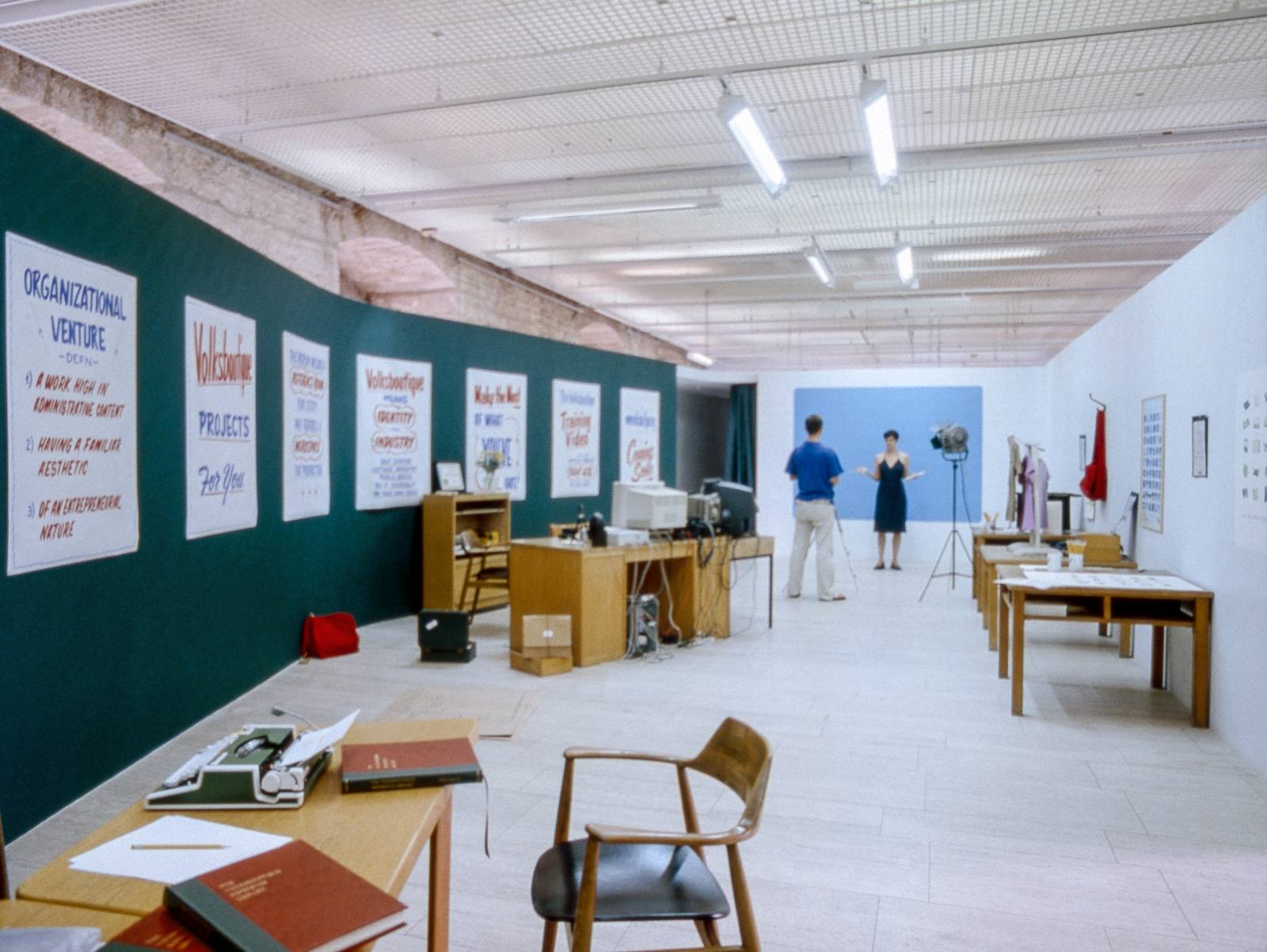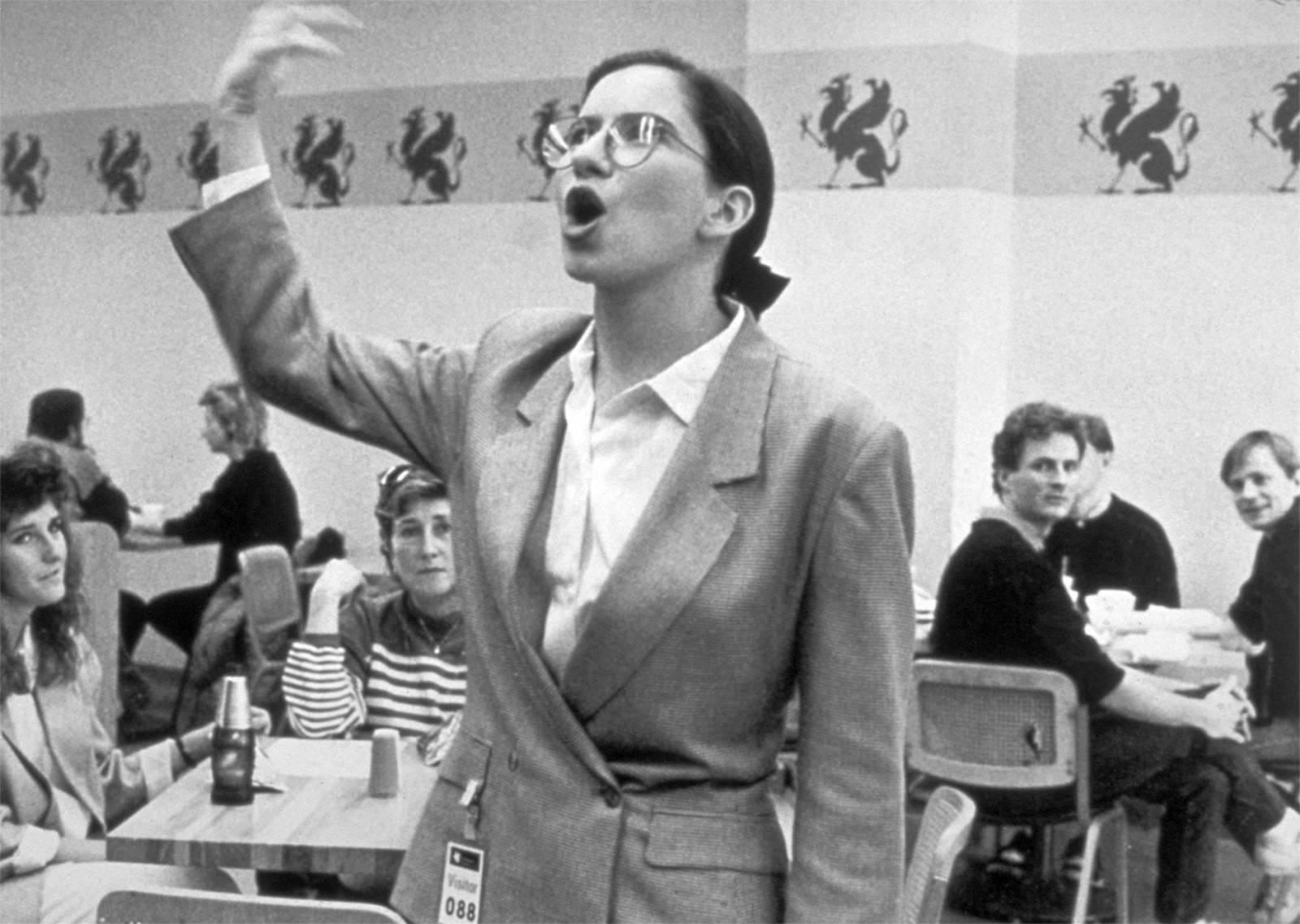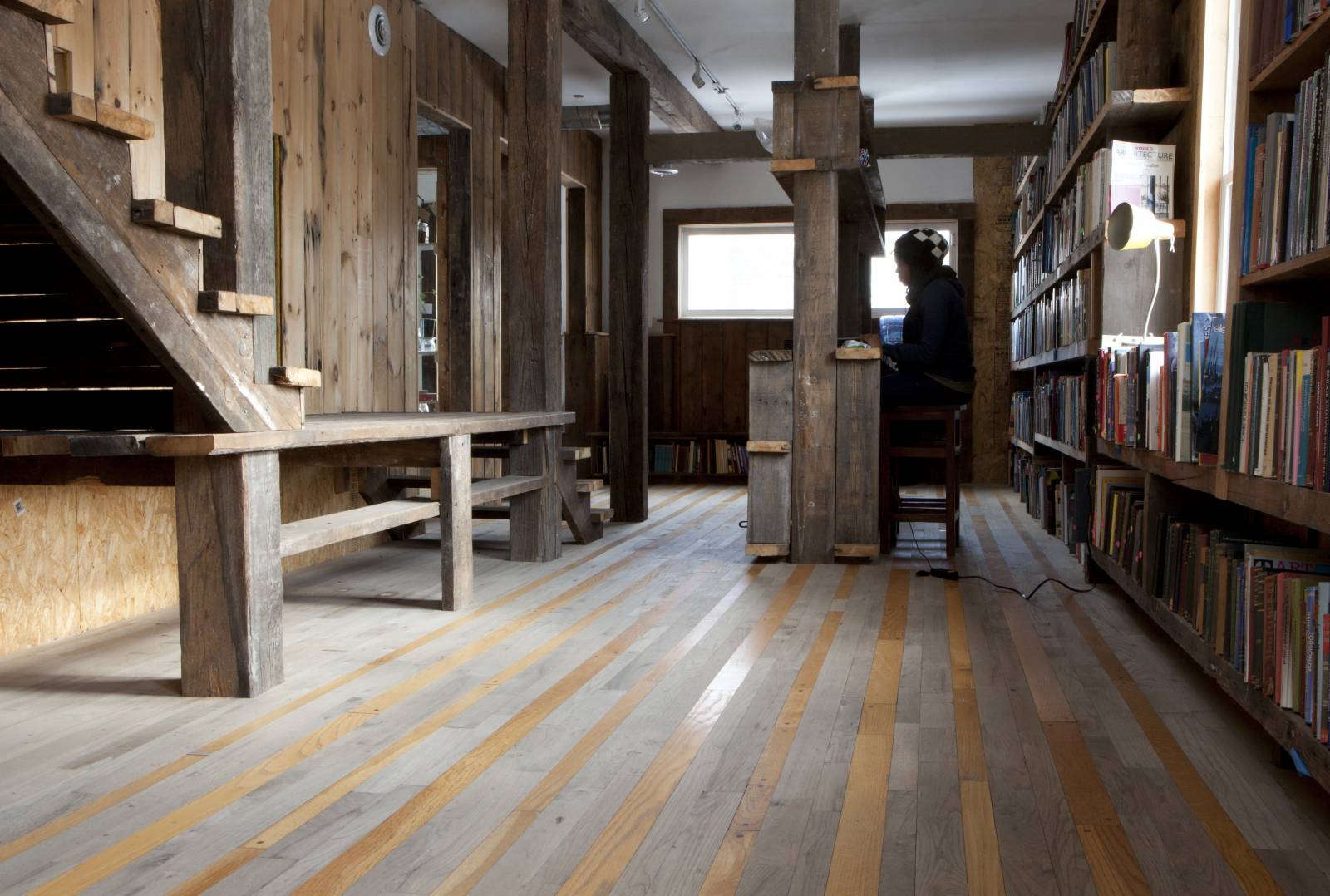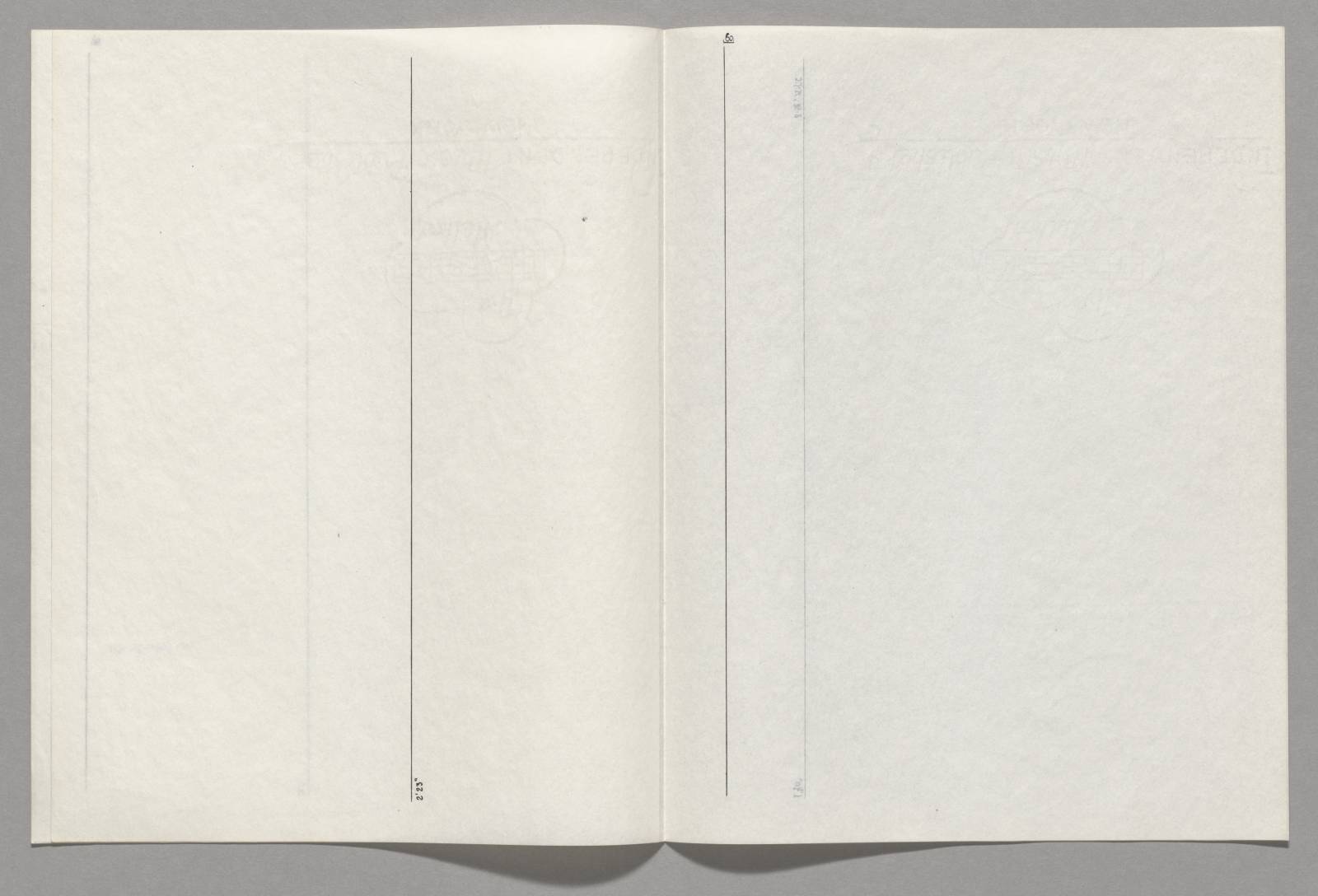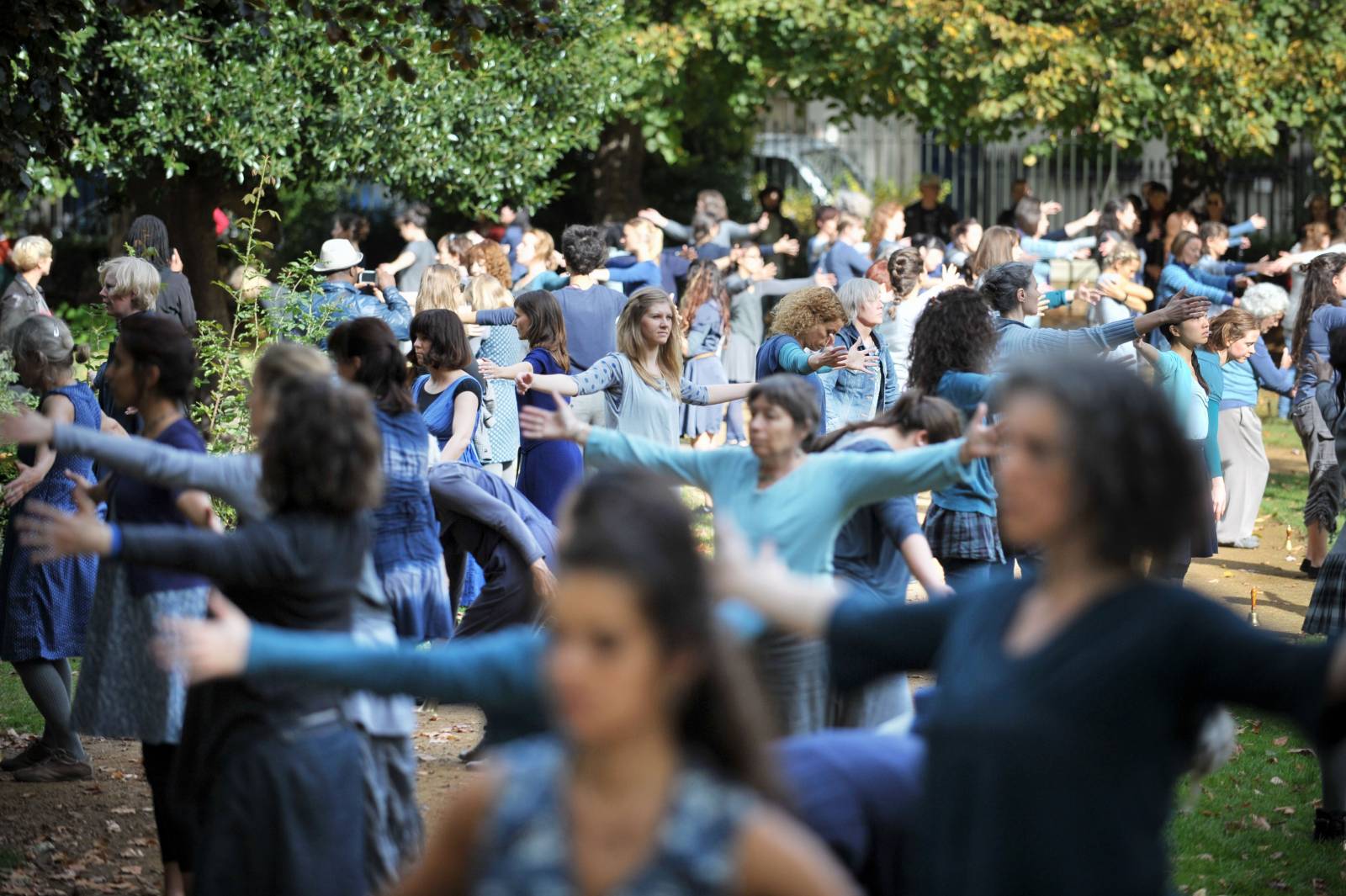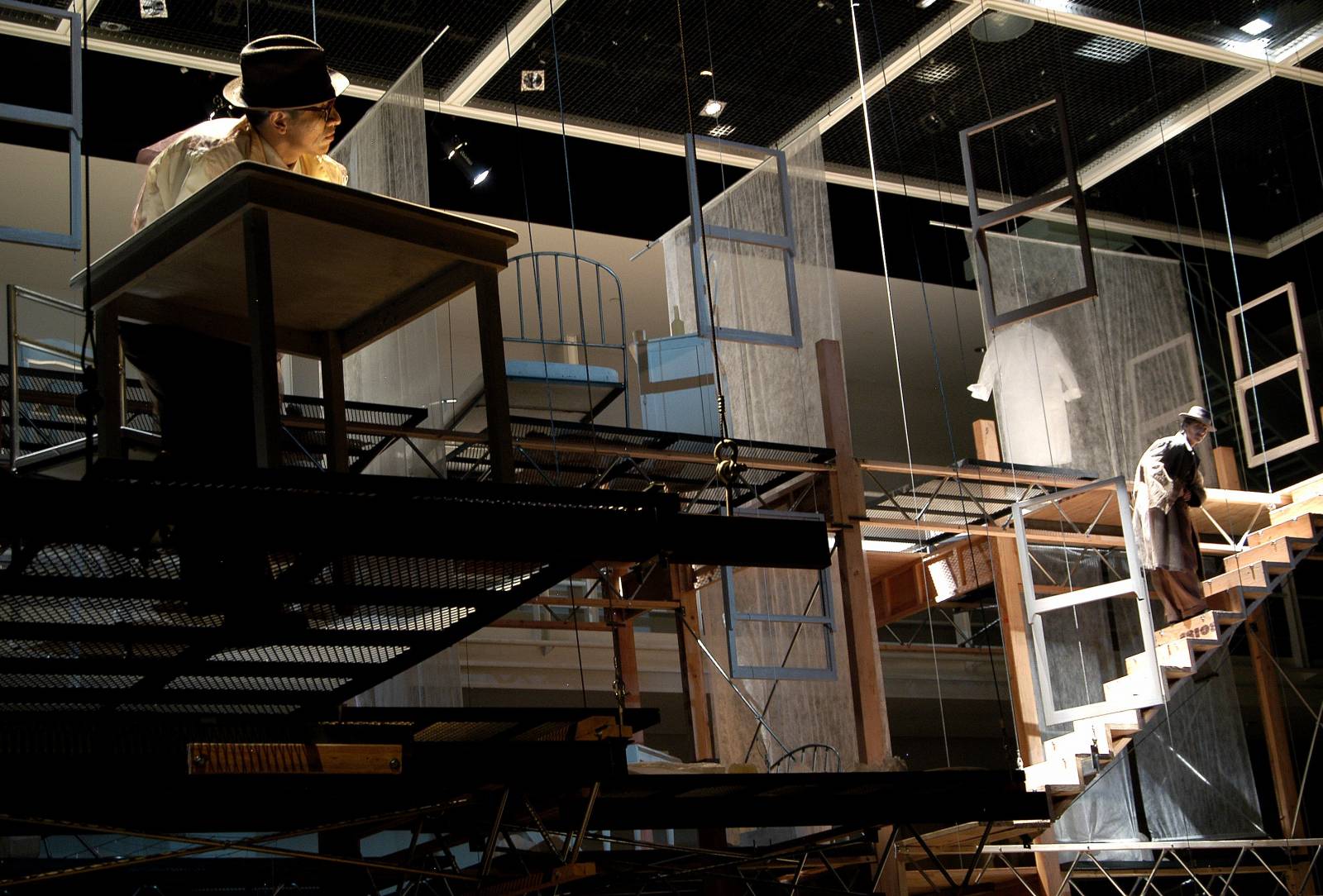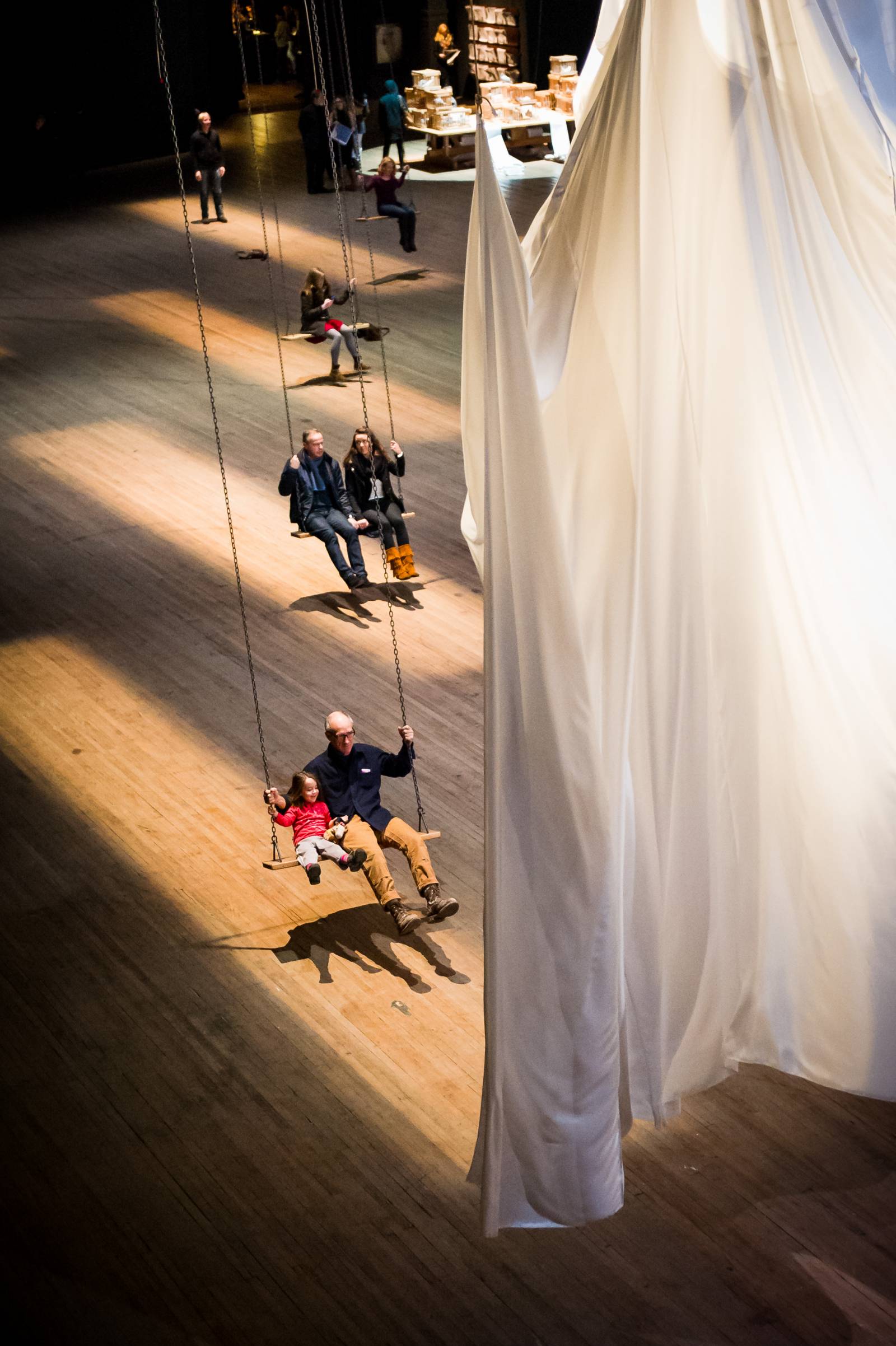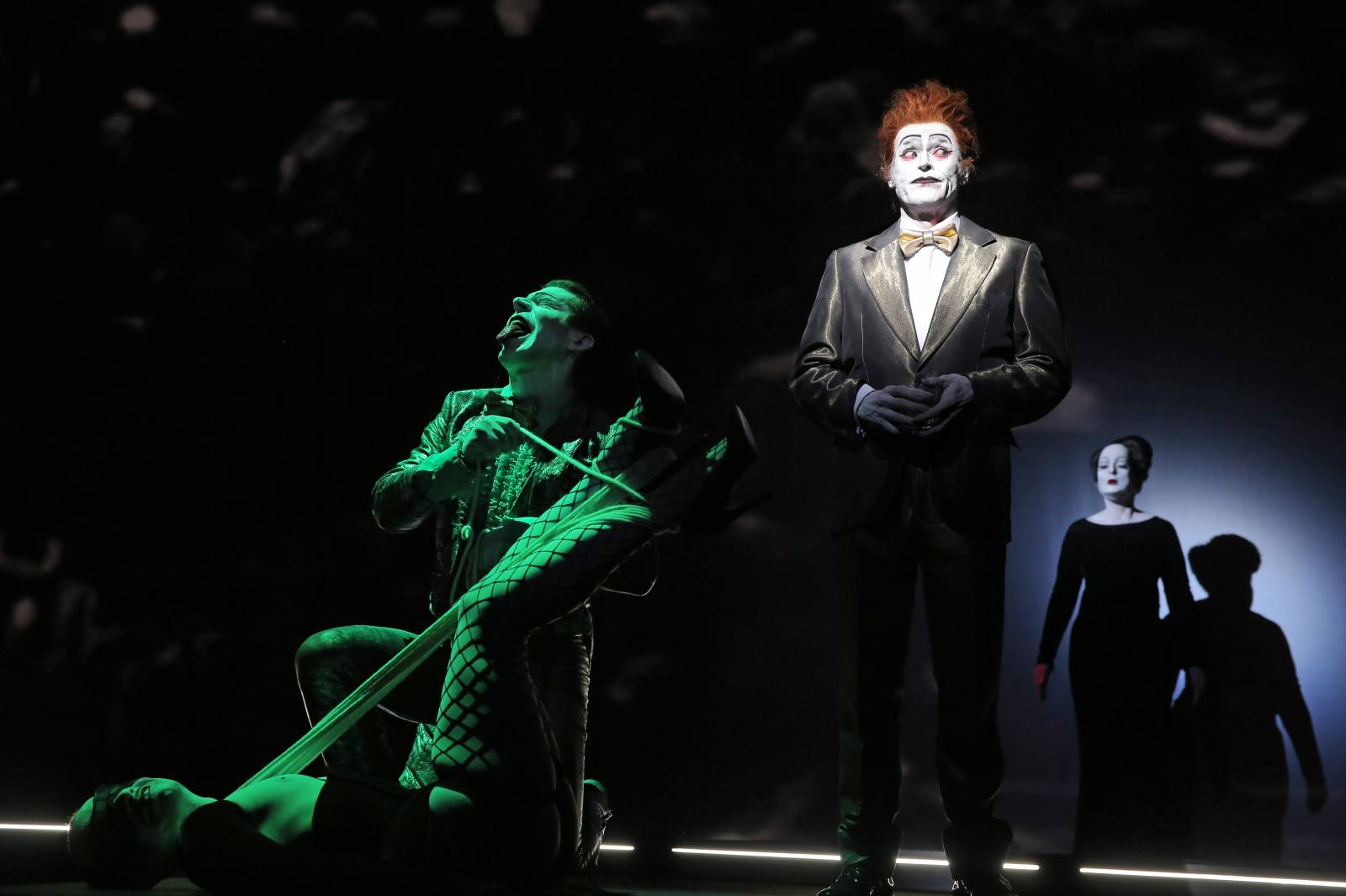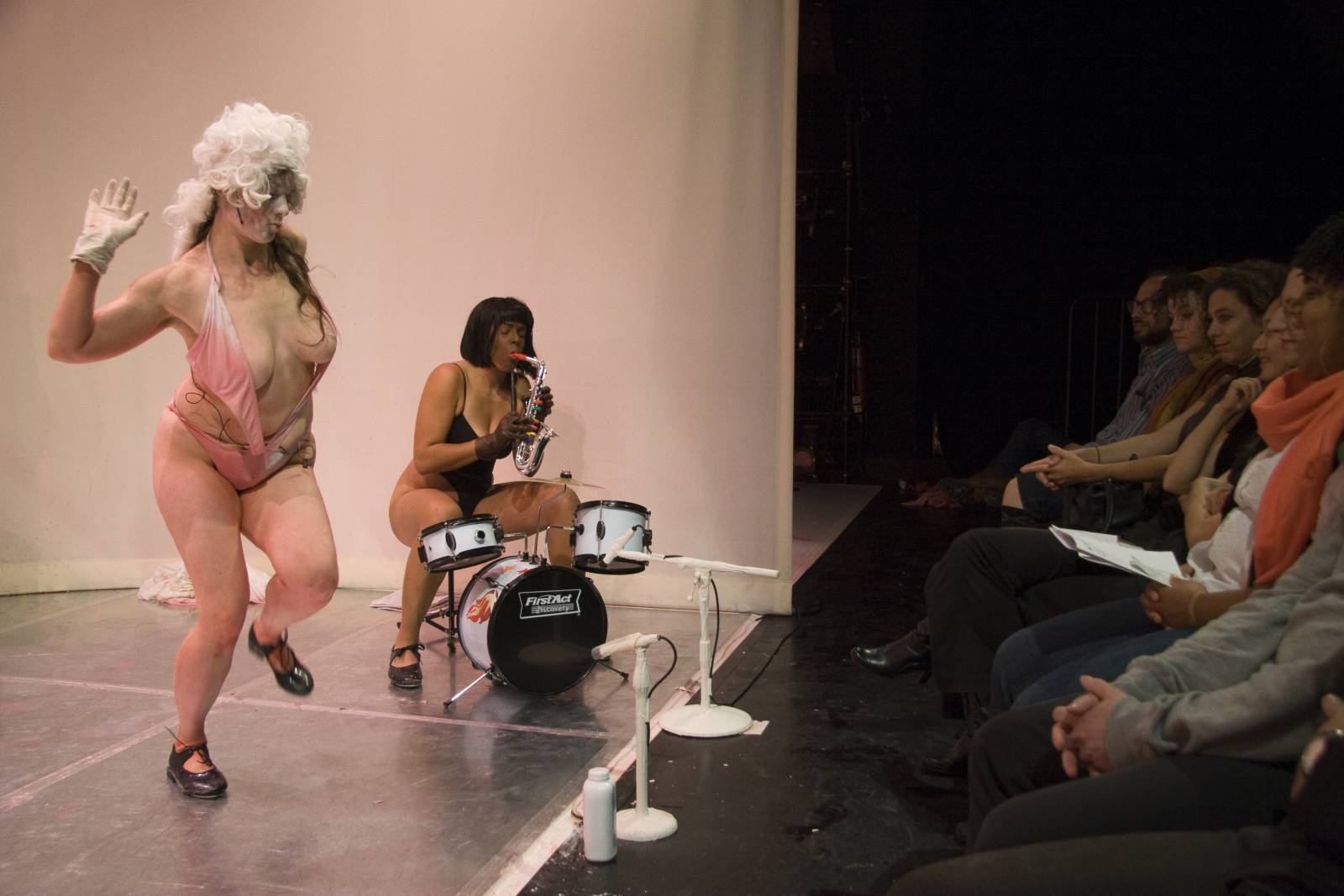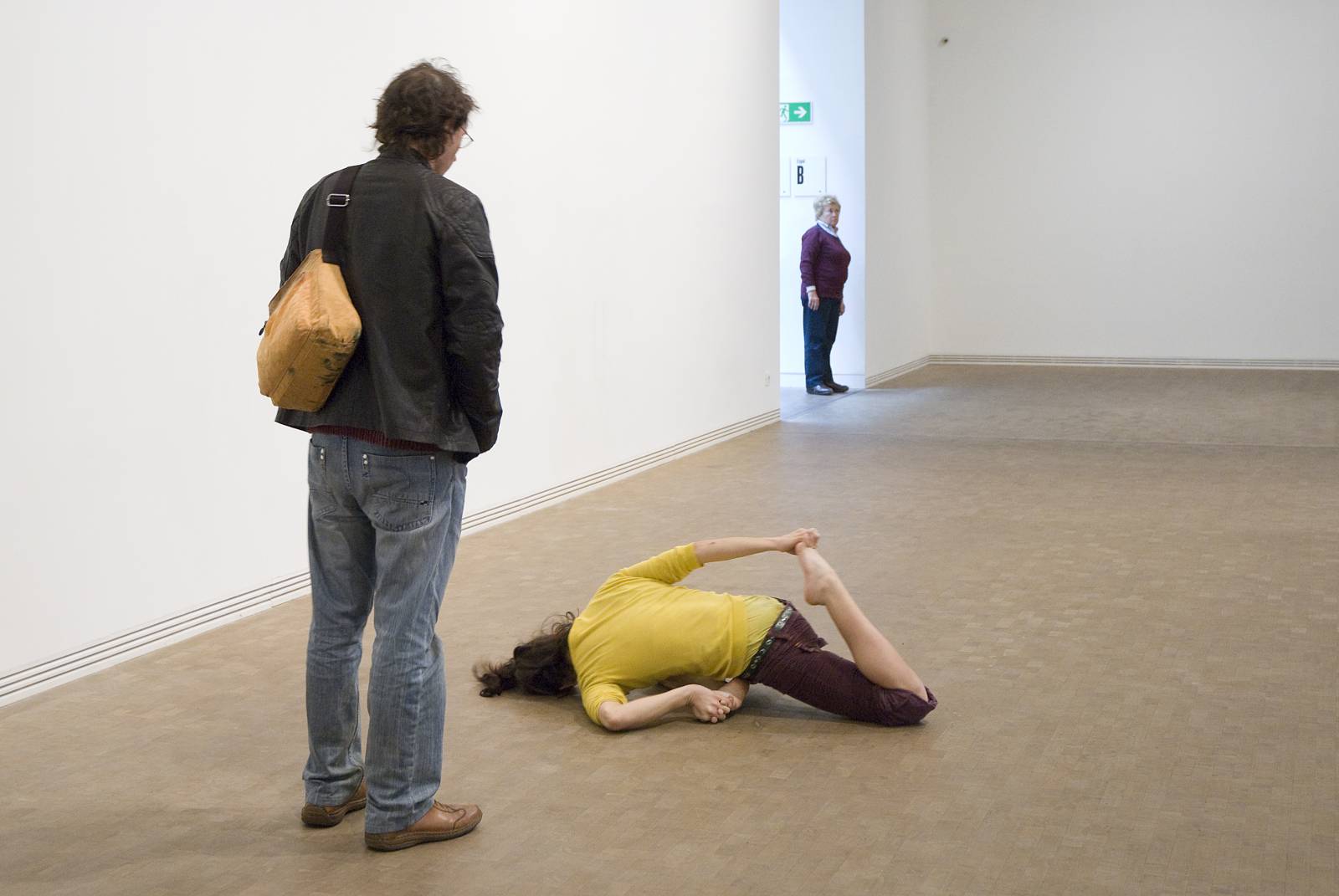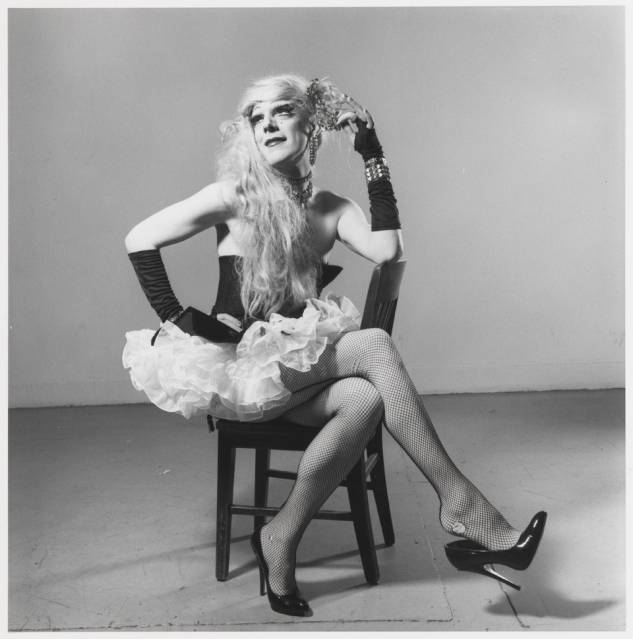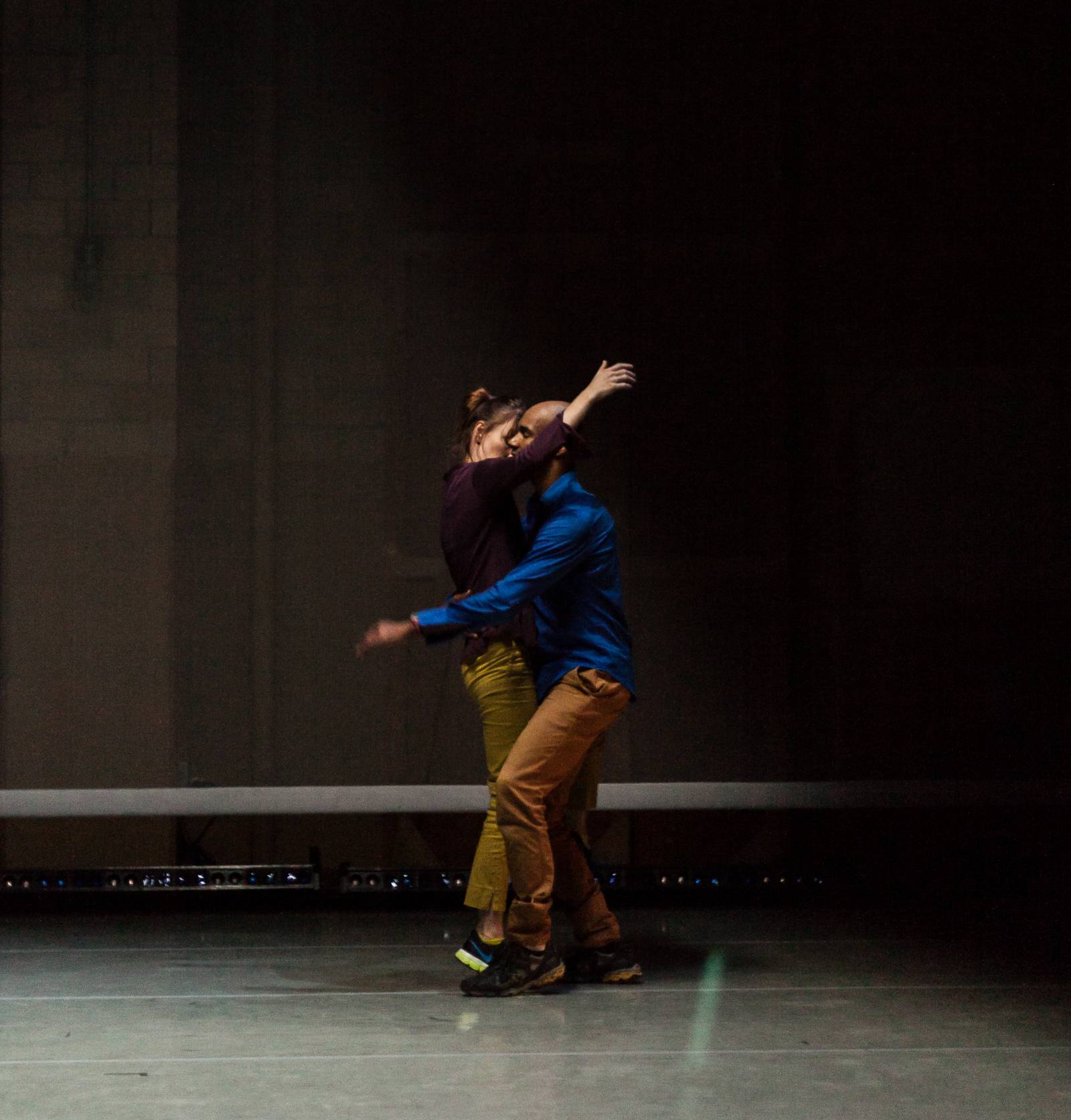All theater rests on an awareness of Apparence.
Character, plot, division of entities, coming into and going out ofs, and especially the matter of What About, all these too are part of this coming into awareness.
Personality is not character, though the latter may employ the former.
Personality is one of the scatter-effects of Character.
But Character is refined (duende, yugen); personality is not (personality is like the weatherman on local television).
What scatters, occupies; scatter is the enabler of that which fills the Apparence, insofar as it is the enabler of what is, and what is shown, the theatrical.
Thus theatrical space is a hole filled with something else, something much like theater, but different. Of the same color, but of a different hue.
As a process, this process begins, goes for a time—the wiggle—and then stops.
As a practice, this practice is the doing of Apparence, and what is revealed is like the prayer in the heart of the devotee; what is revealed is boundless, which is a perfection beyond all the perfections of the Already known.
Apparence is, thus, both dimorphic and self-similar. Cecropian. Tiger Swallow-tailian.
In all this a key concept is multi-dimensionality; if theater is not to be the crested idiot of theatre we must think of theater as a multi-dimensional art form, as architecture, as sculpture (Sculpture and architecture are one [Gaudier-Brzeska]); theater as extension not expression (mere personality).
Of Gaudier: “. . . his stillness seemed an action”. (Pound)
Character and moment and action are one; what is proposed by one is accomplished by another.
Character and moment and action are, in this sense, interchangeable; only each affects a not knowing of the fact in order to maximize each his and her inmost nature, hue, reflectivity. Each of these elements is like the tilted tile, a tessera, the smallest element of a mosaic.
ANTIGONE is impossible; impossible because the play consists entirely of contradictions: Between age and youth; state and individual; gods and humankind; man and woman; duty to principle and duty to loved ones. Hopeless and thoroughly impossible. (Steiner)
The story of ANTIGONE has at first no plot; then a bunch of it, but corny, melodramatic plot such as you find on TV sitcoms; then no plot at all. Vertical story.
Antigone, poor about to be dead cold hearted wiseass girl, in her tomb is the best instance of a vertical story I know. There is too much of her, just as there is too little of ISMENE.
Character in the theater is a fractal (as drama is) in that the room of character repeats at smaller and smaller levels of scale, within (strange without seeming so) the same instantiation, but.
So Sitting There Doing Nothing is not beanbag.
But, but character can also be fractional (In the theater as in the world); and usually is.
People are not spherical.
People are fragmentary; people are local disturbances. They do not do as we expect, although in perfect duopoly mode it is possible to map out certain axioms governing the behavior.
There is, therefore, an equilibrium point. (Nash)
There is a lot of terrible theater that is terrible because the acting is simply too full and the characterization too round (and frequently bumpy). This creates a situation like the real-life situation of the room-filling personality. (Farber)
We need to be less than 1/1 in many contexts. Any physical act requiring grace and lightness may require that be at 1/2 or at 1/4 or at 1/10 even; in so far as we are a true character qua character, a creature in the act of impersonation (even of the self).
Once more, in the theater, this saying that meaning is hidden is called acting; it is double.
For it is apparent that if one does not know what pleasure is the situation is hopeless. One cannot explain pleasure to one who is lacking in that department, because.
Because.
Because what constitutes the rule of pleasure (misrule in the opinion of some, many even amongst those under the thrall of the Already known) is an apparence. The availability to pleasure considered as a basic characterological given. Not a psychological given, but a characterological given.
Sheep & goats.
Theater is therefore a pleasure. Theater is therefore a pleasure knowable to the Happy Few for whom access to the pleasurable is not a problem, is not a question of shoulds and oughts.
Because for theater one thing is as good as another, and this is the source of all comedy. Because for theater one thing is not the same as, and cannot never replace, another thing. And this is the source of all tragedy. Each of these masks, each of these faces, are wise, are wisdom incarnate. Because neither buys into the notion of what the Already known thinks is already known. Tautology.
Theater does know that there are already enough tautologies in the world without adding another.
Excerpted from “Speculations: An Essay on the Theater” (2004), in The Difficulty of Crossing a Field.
